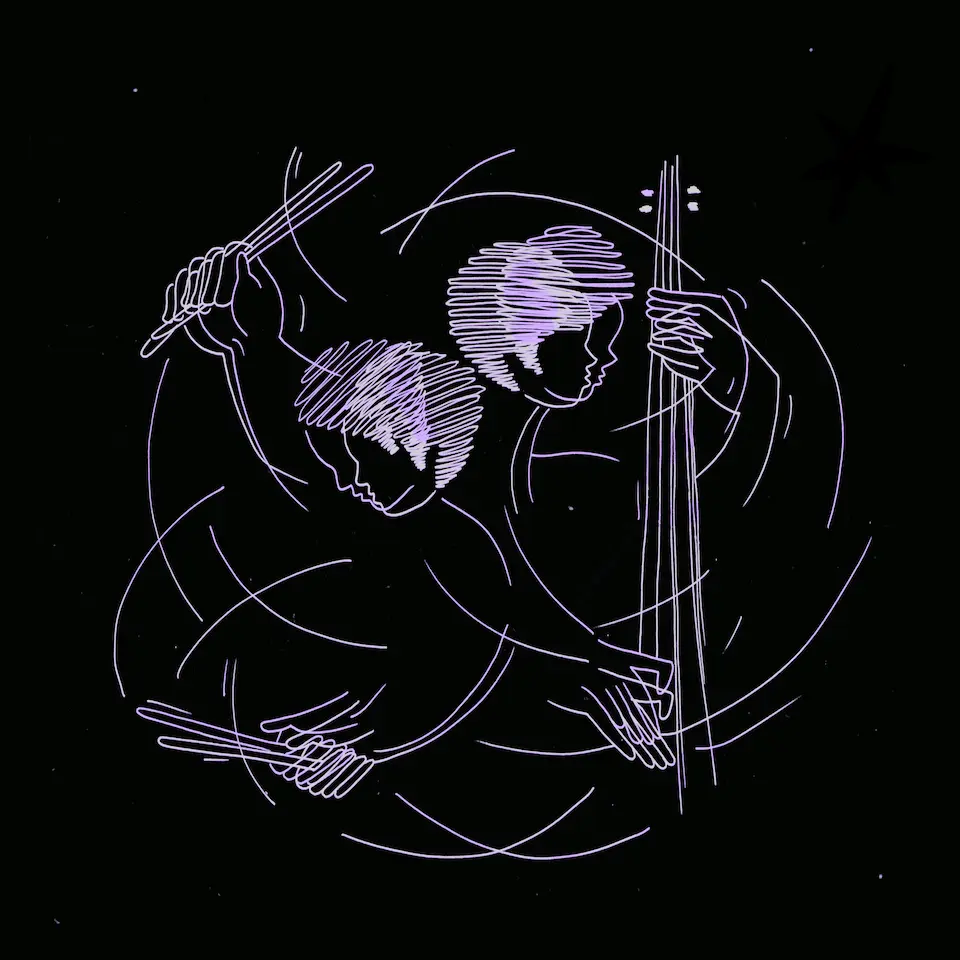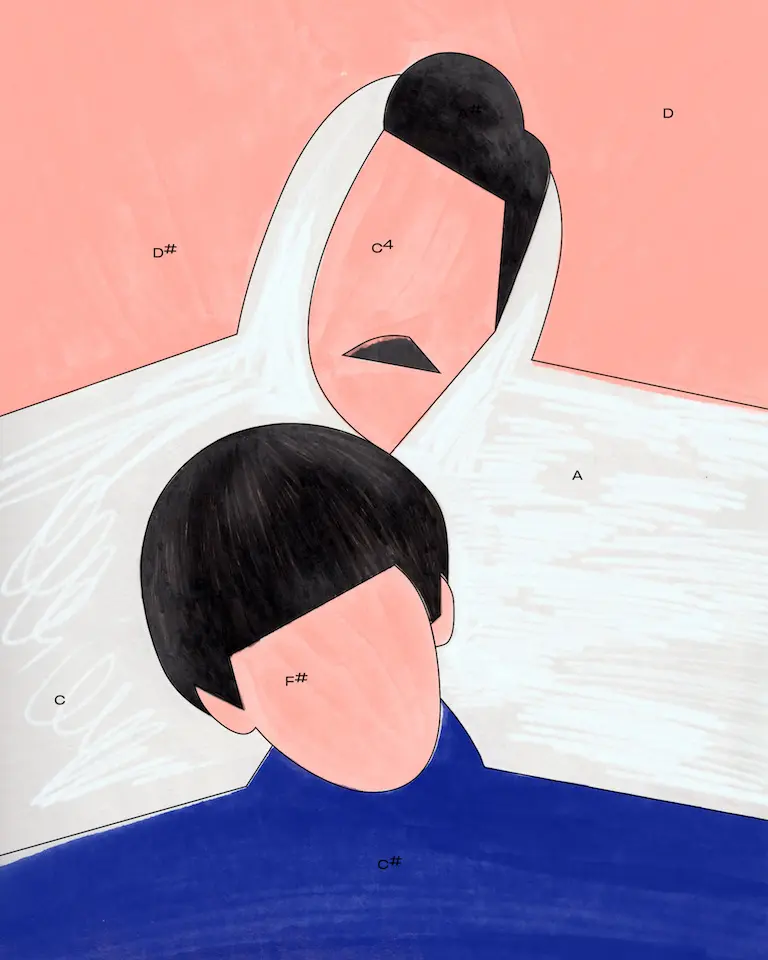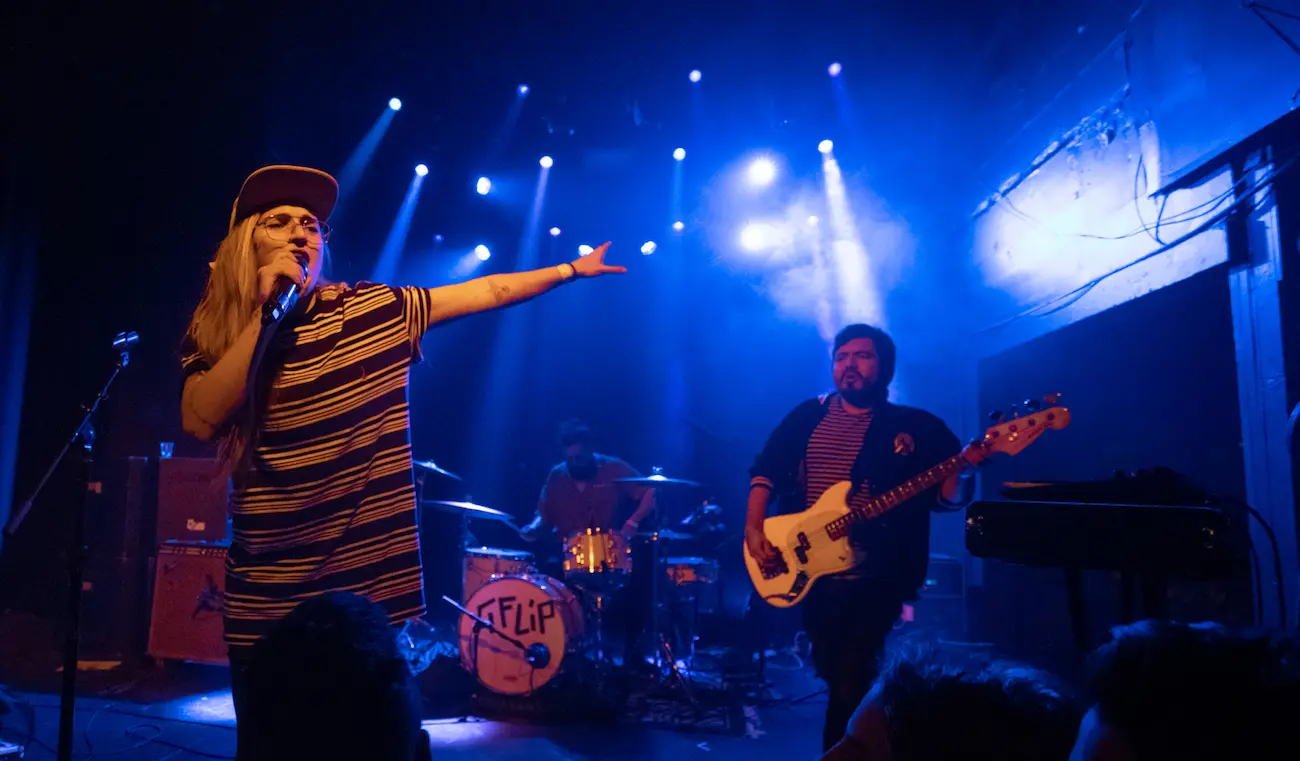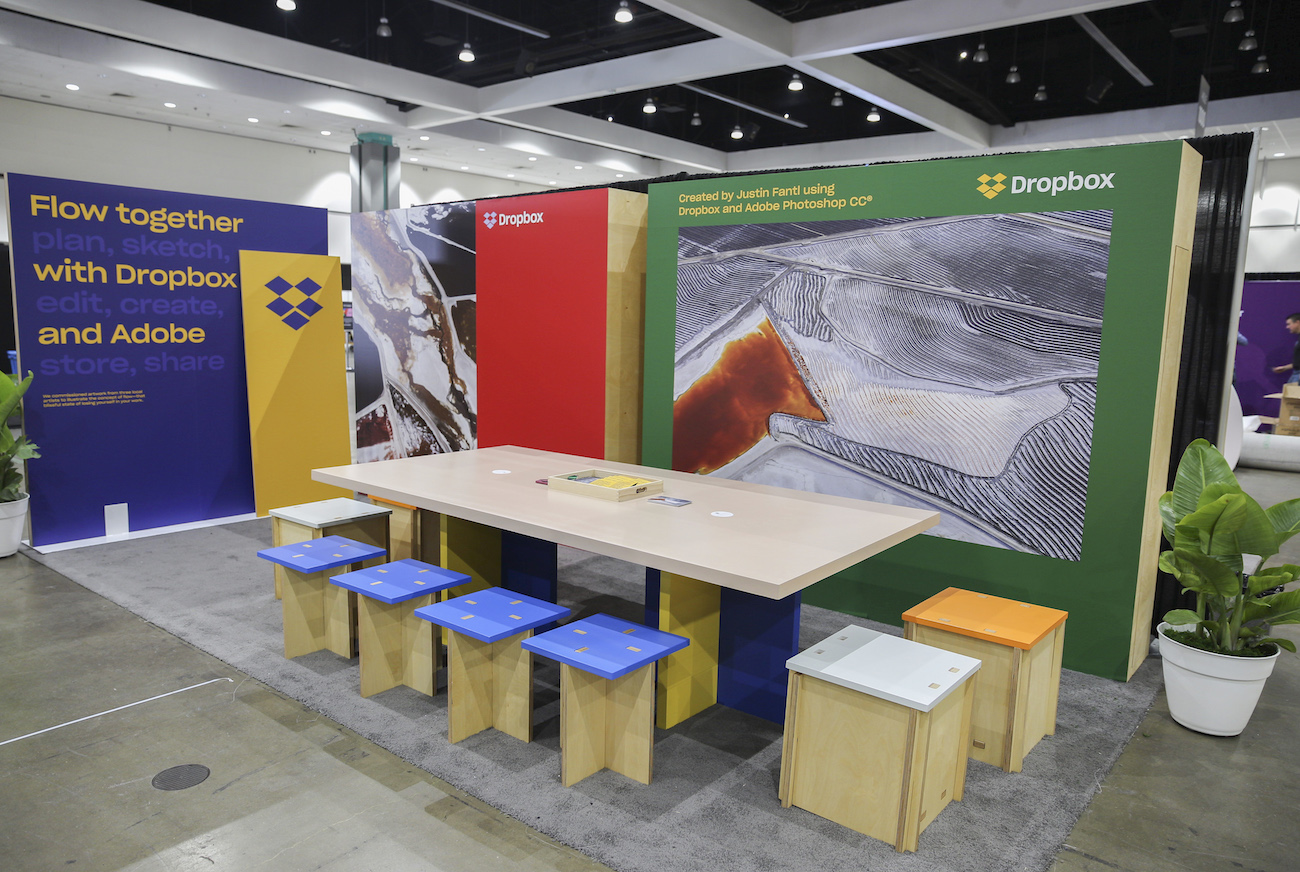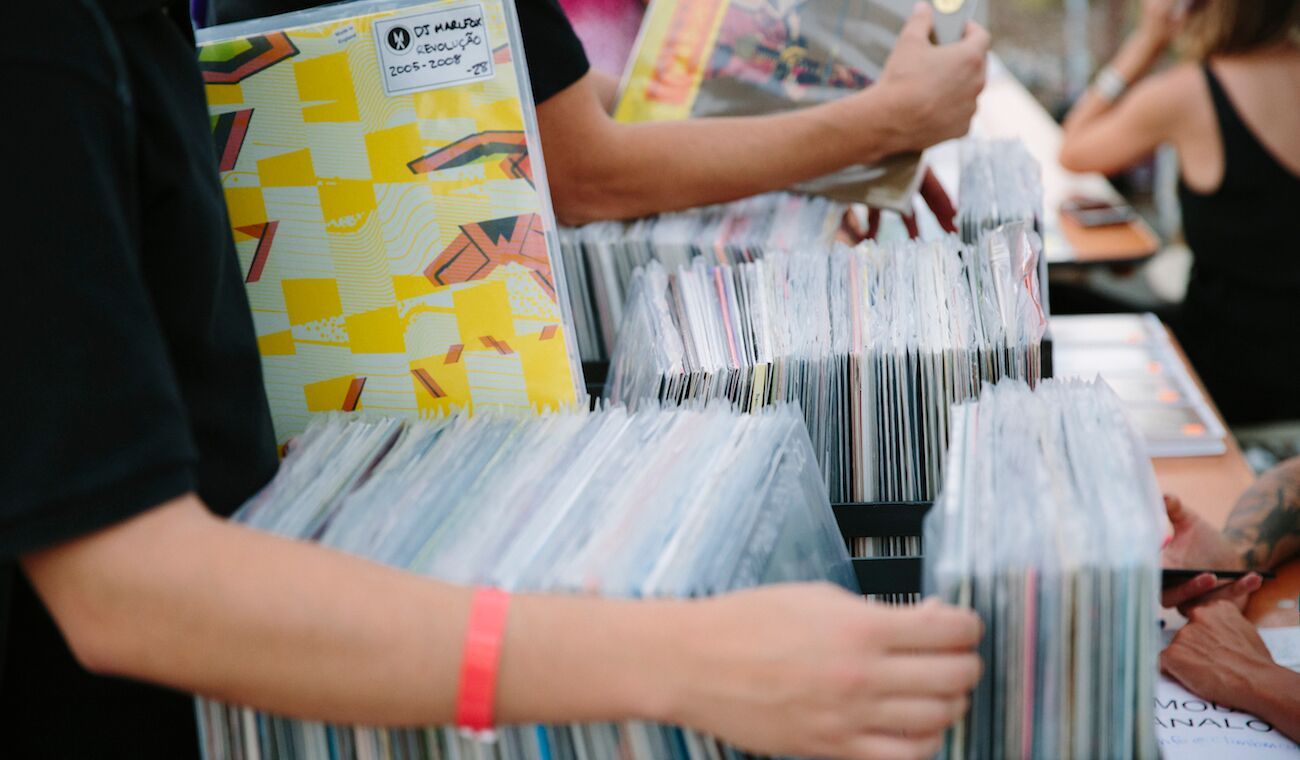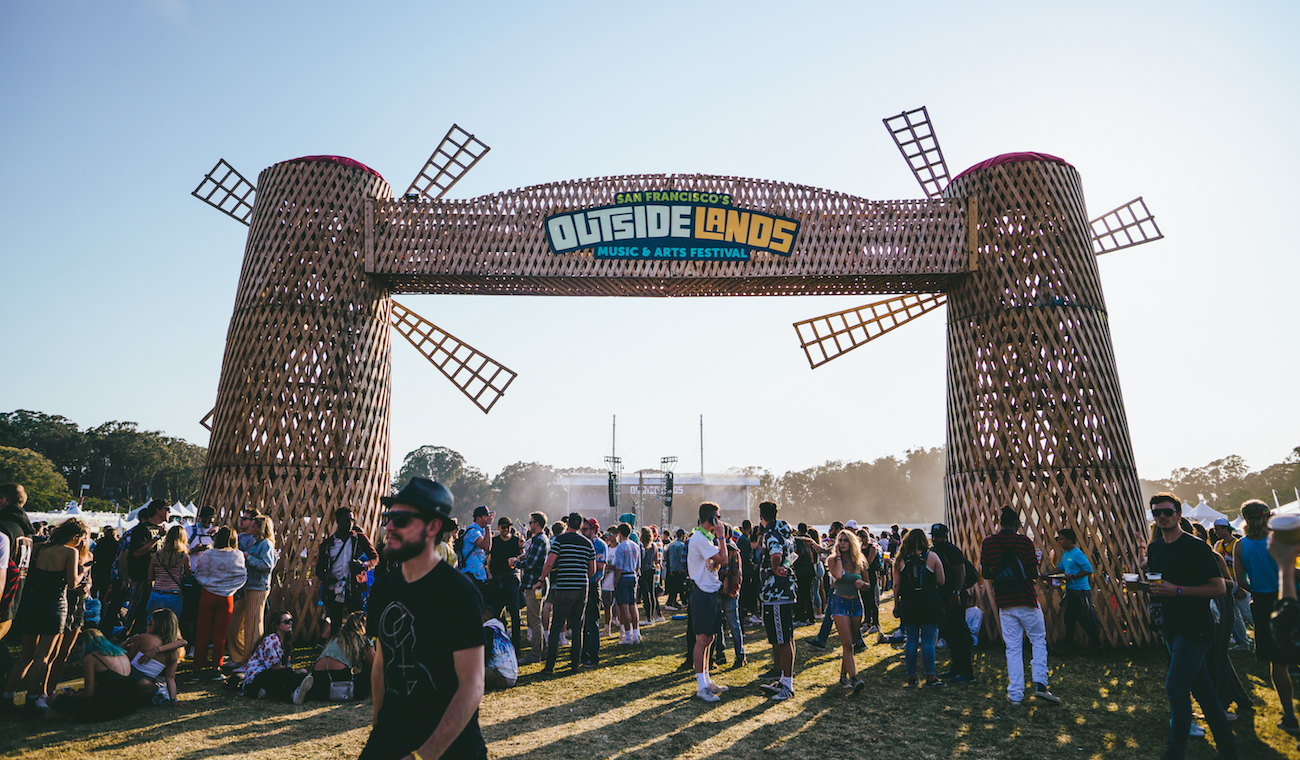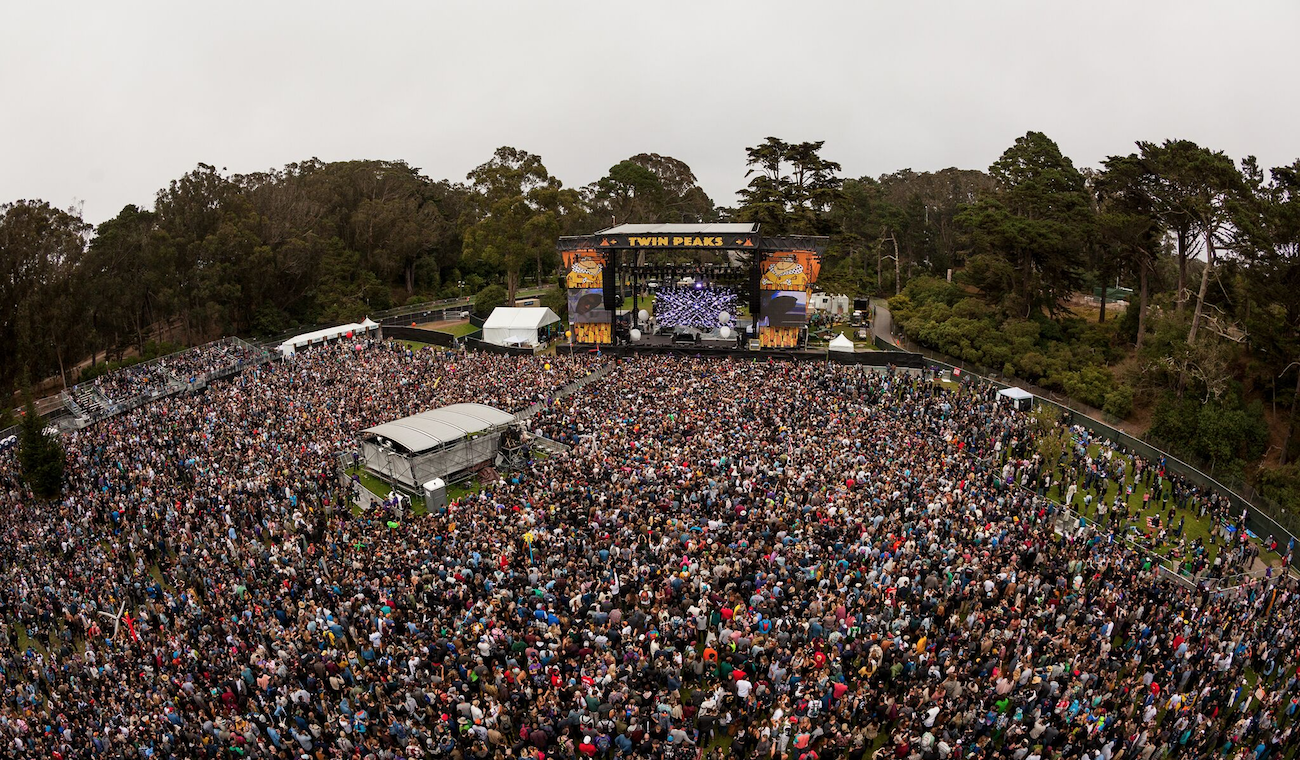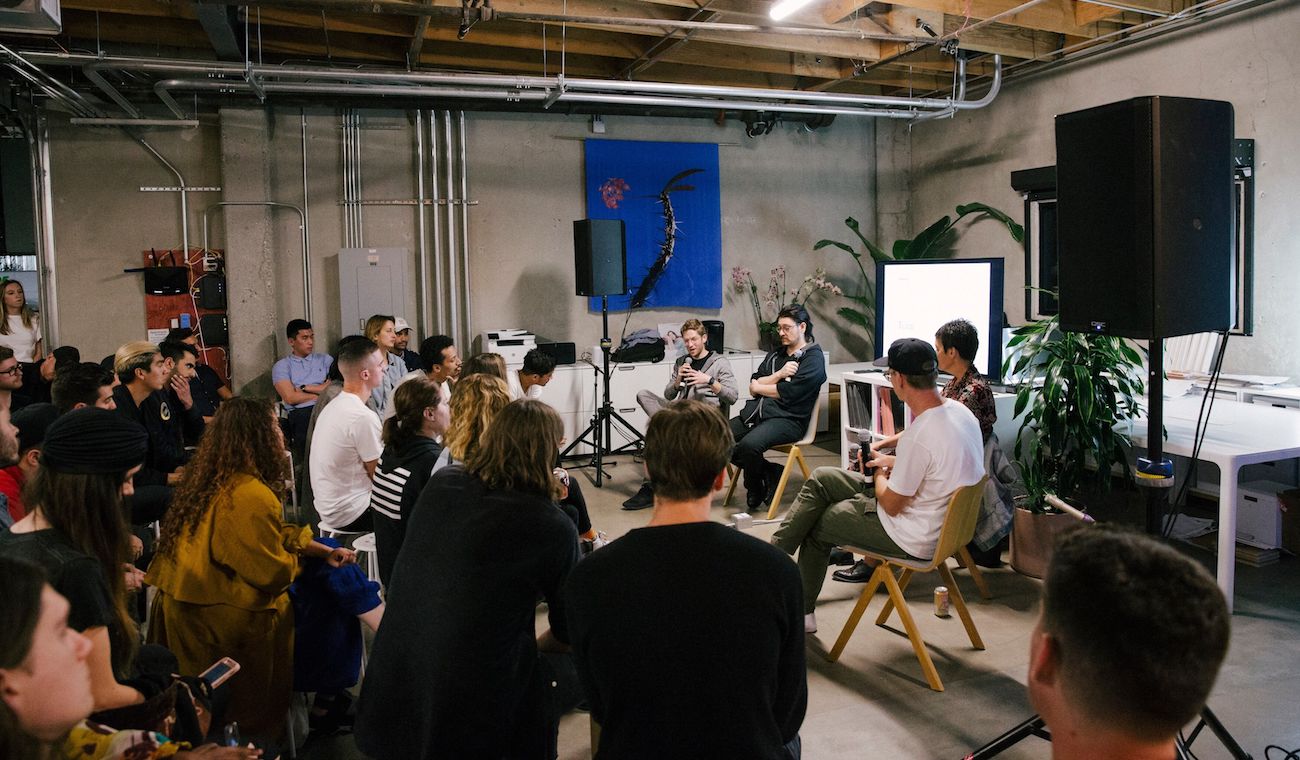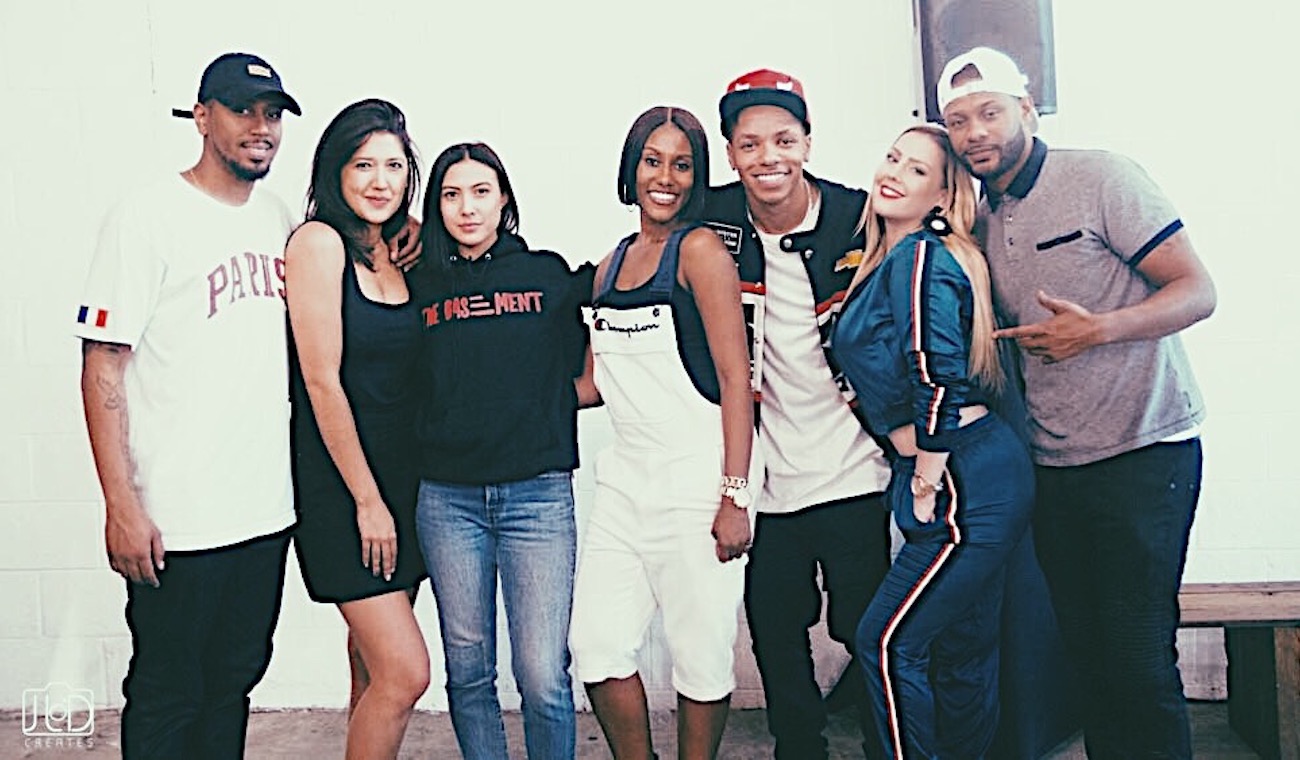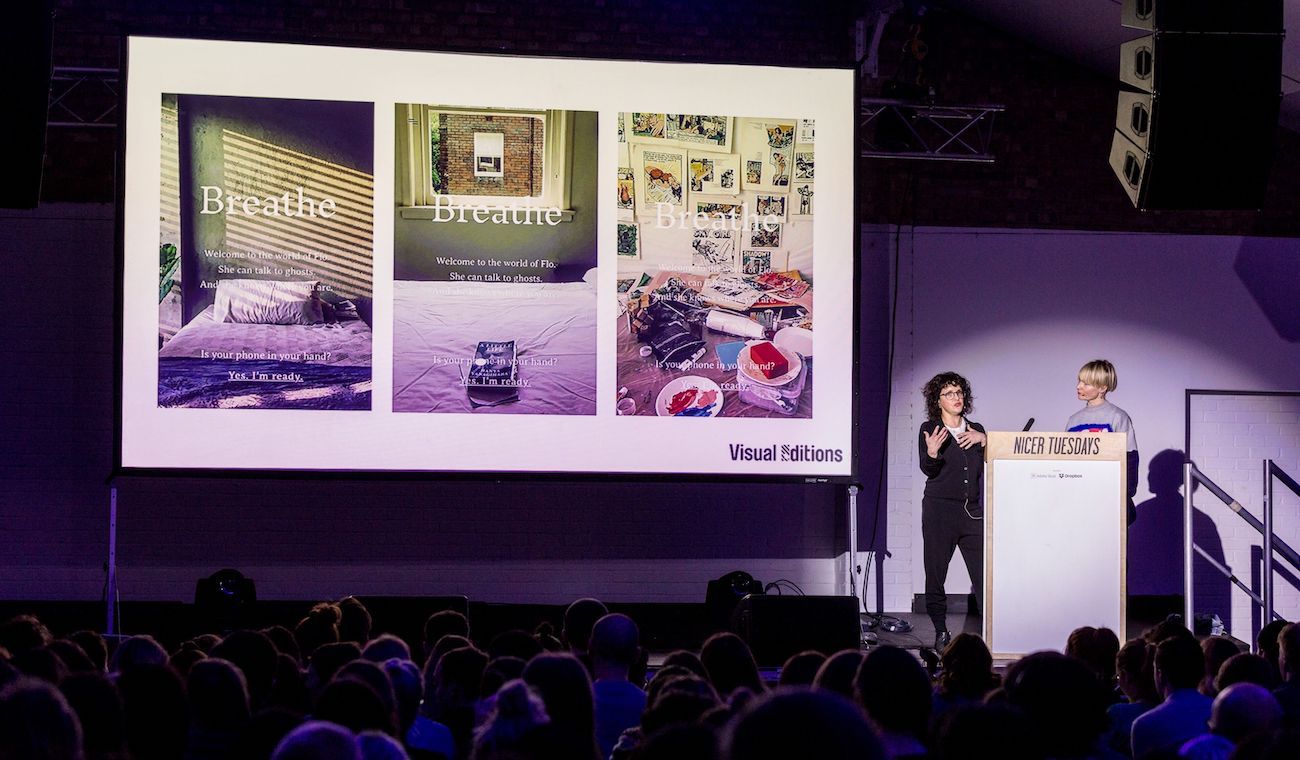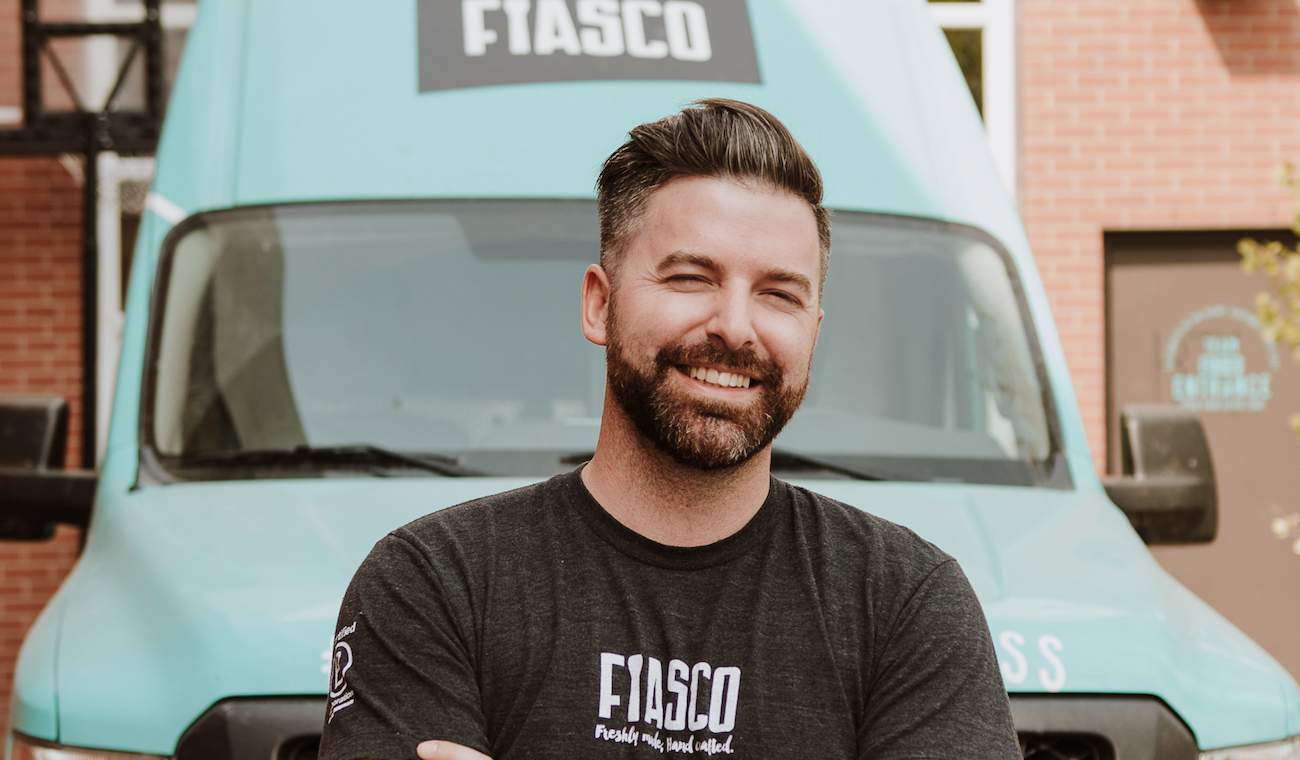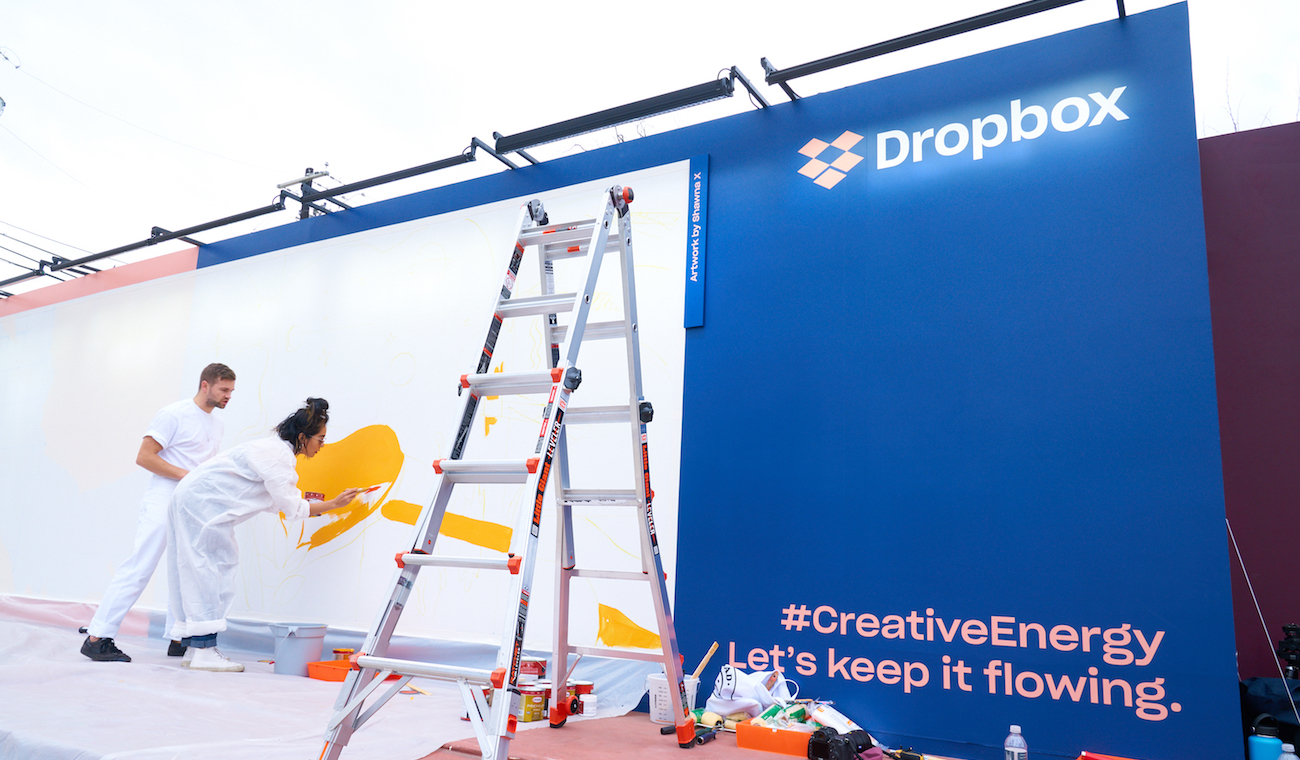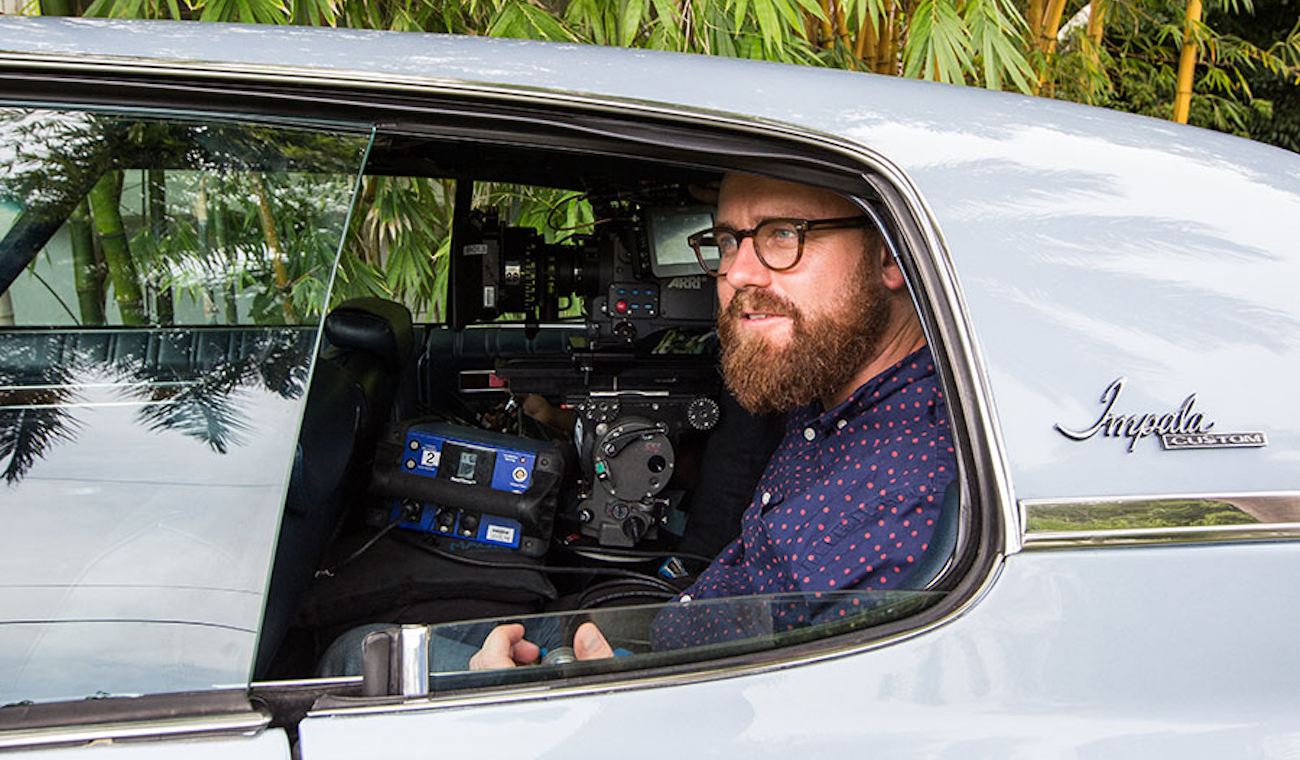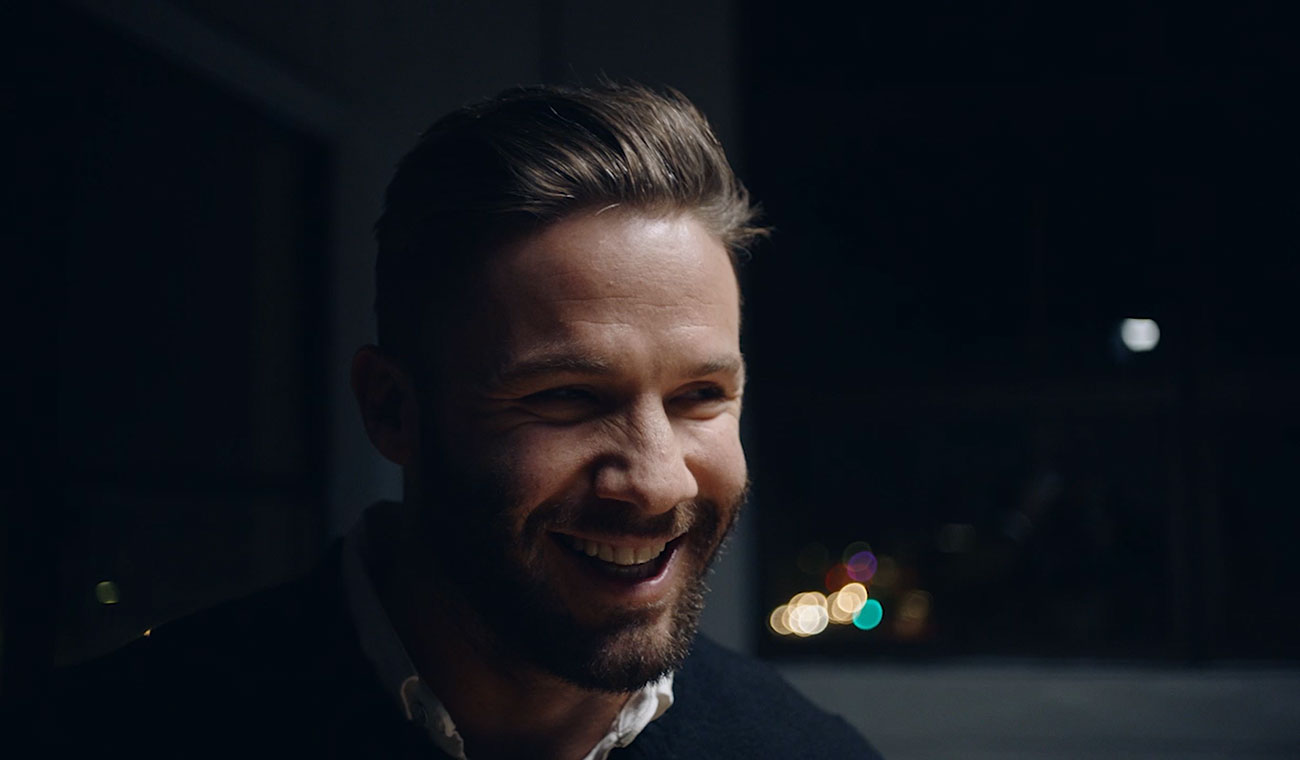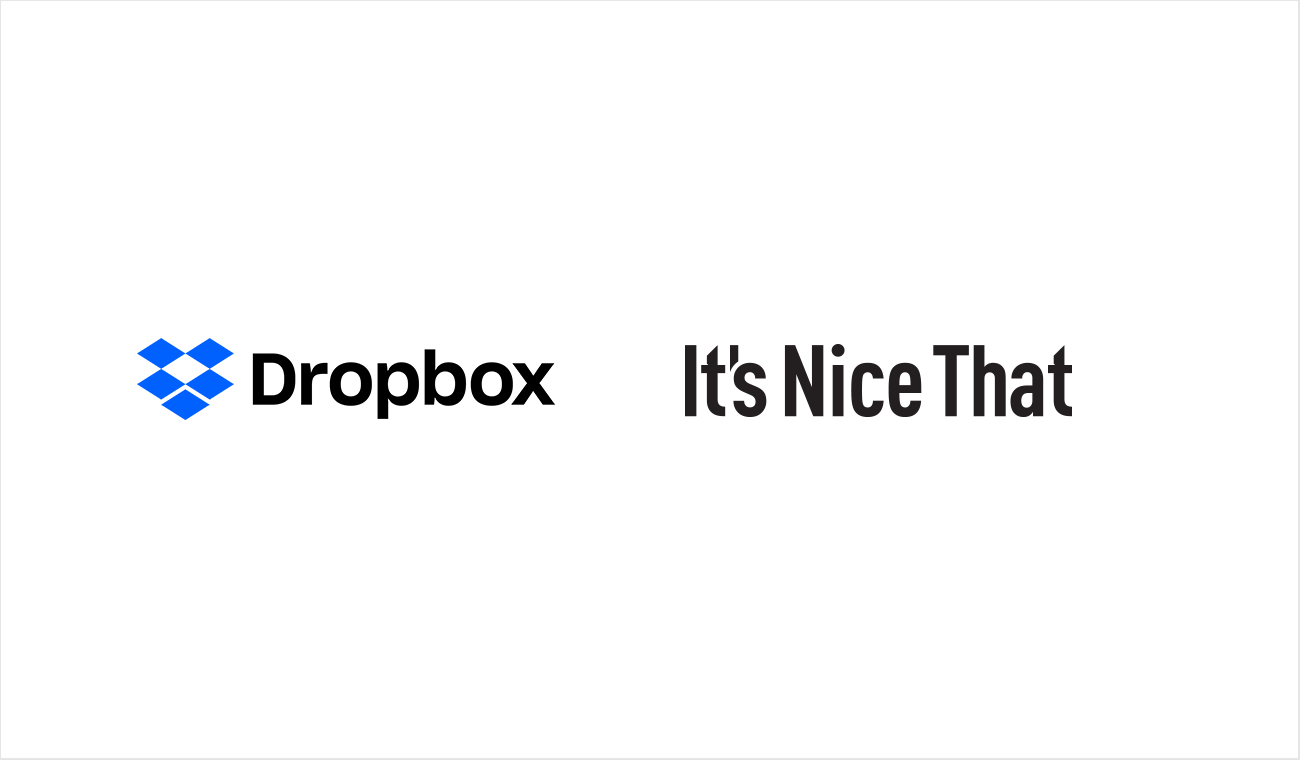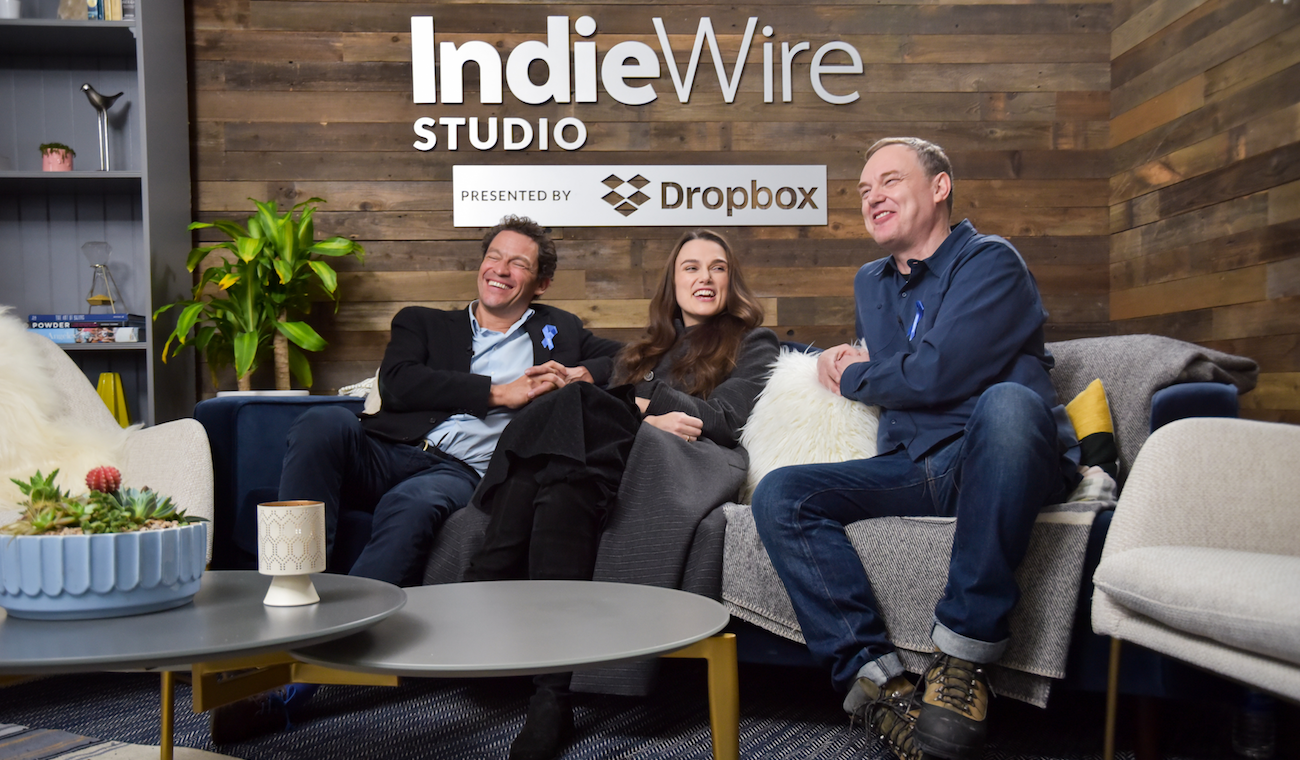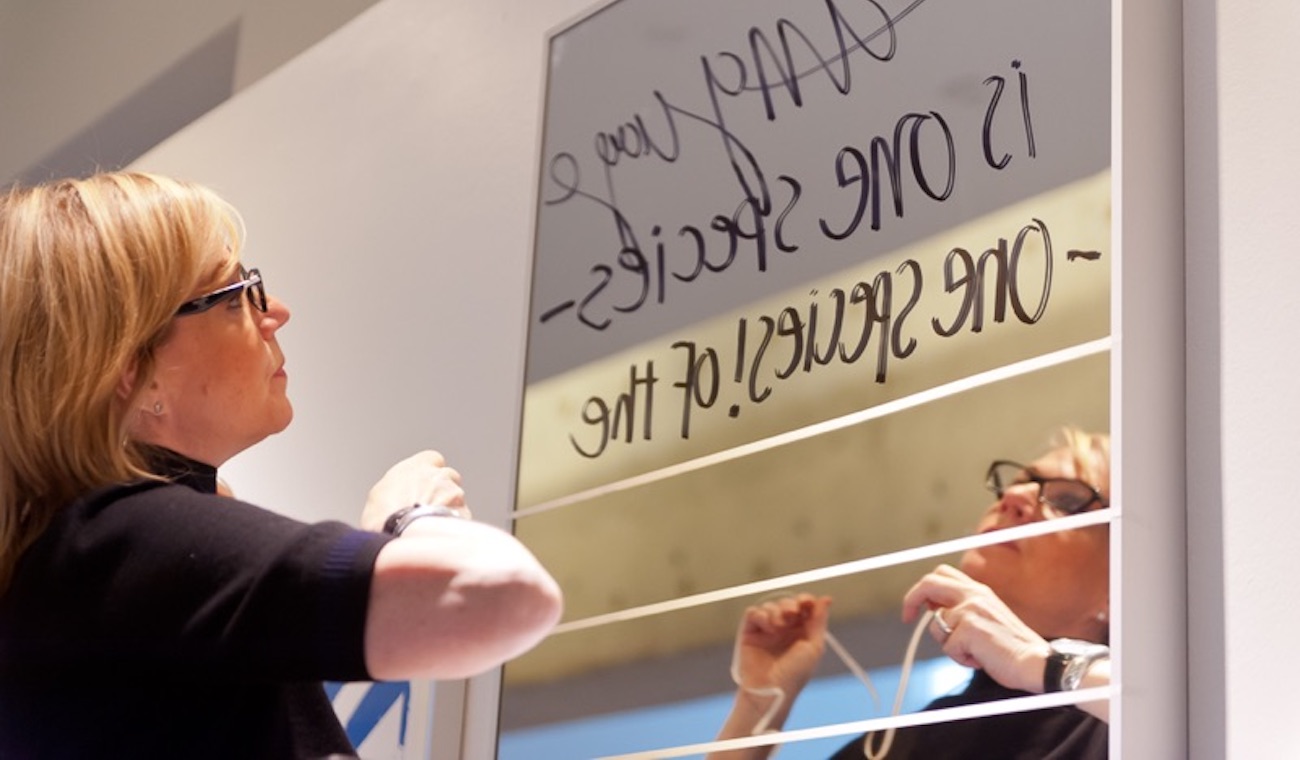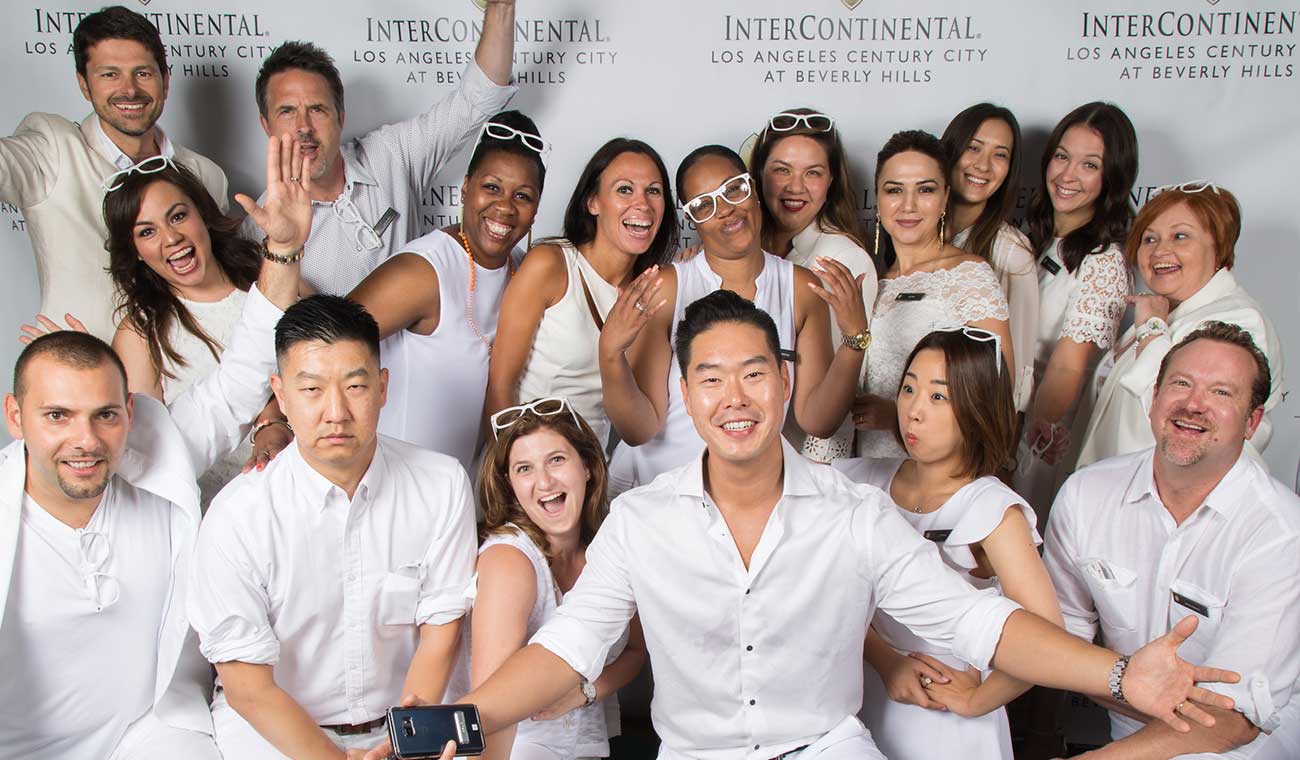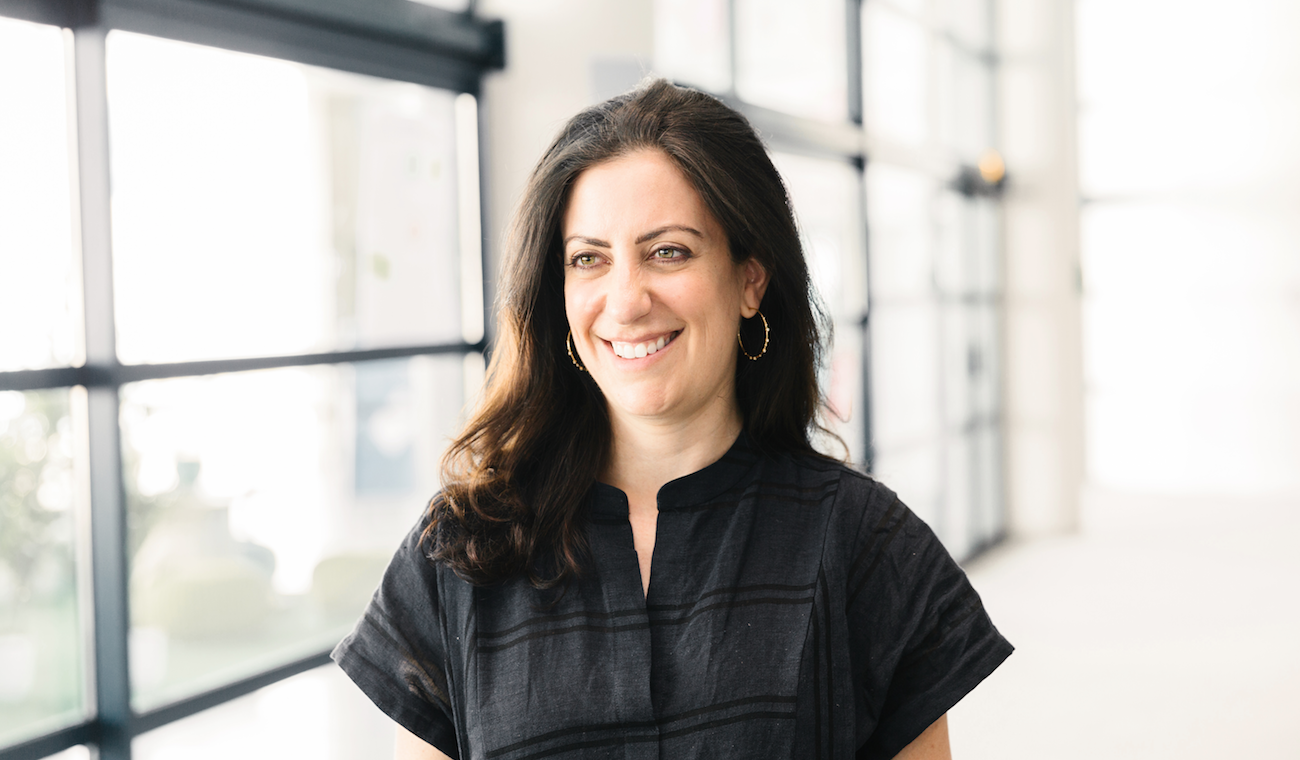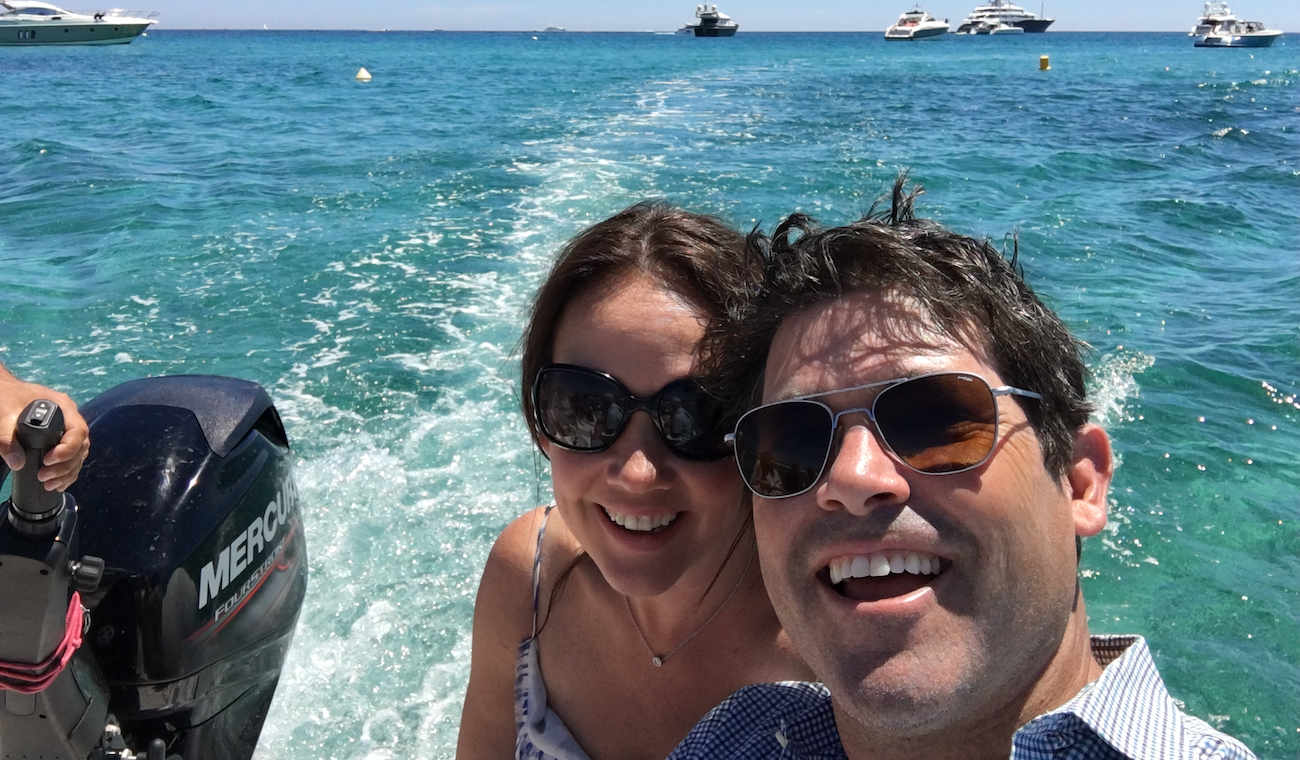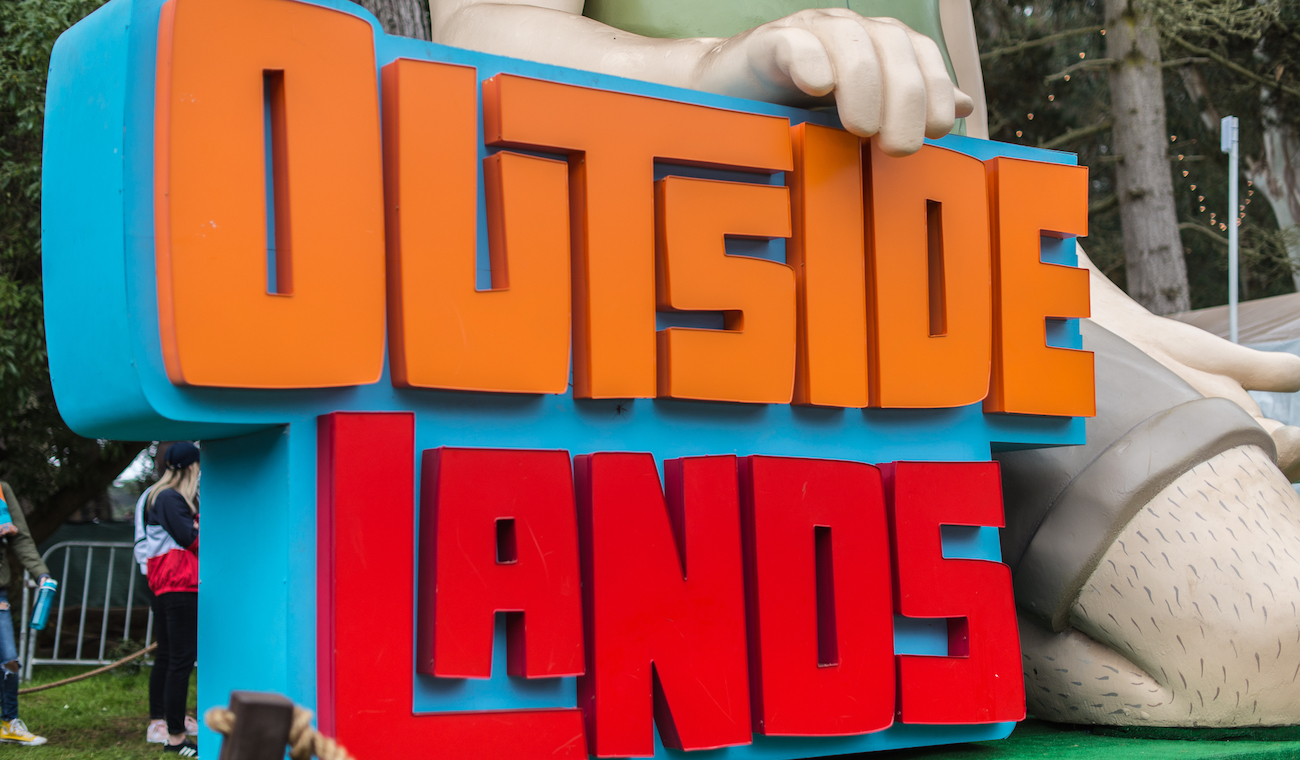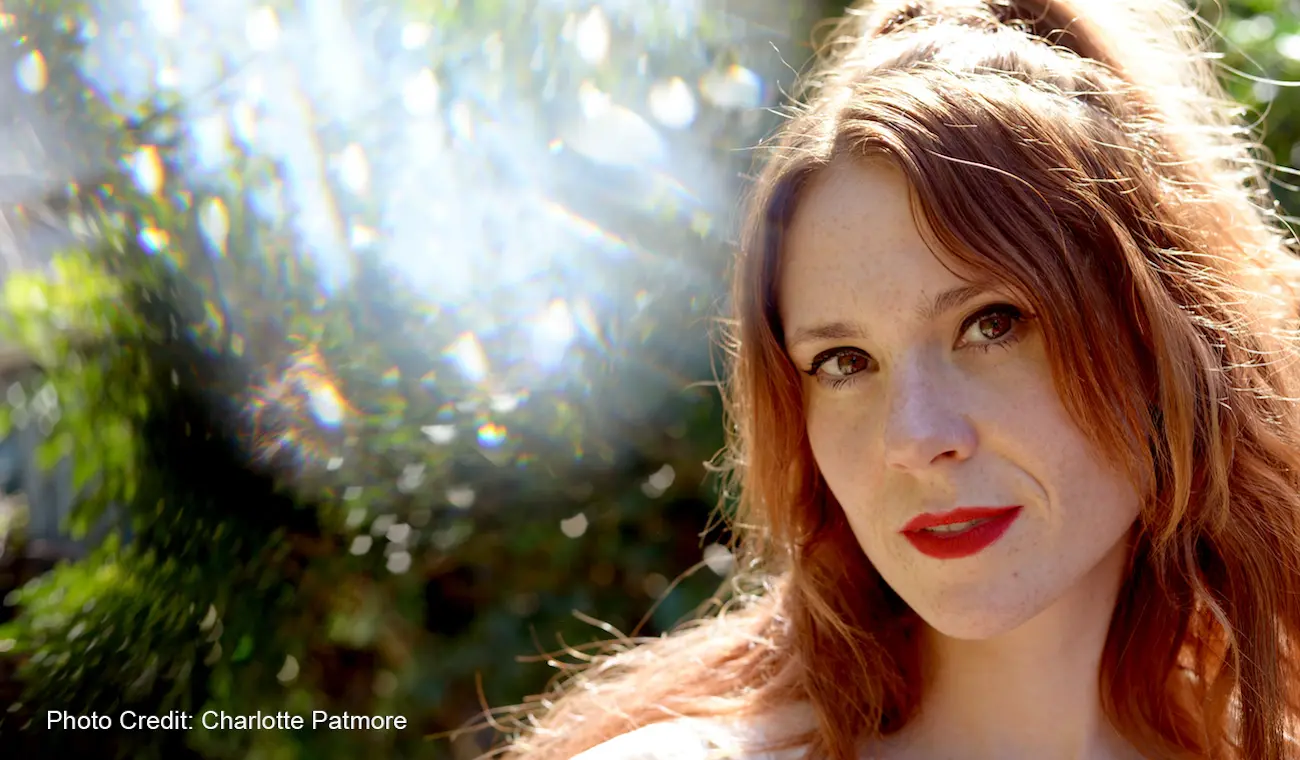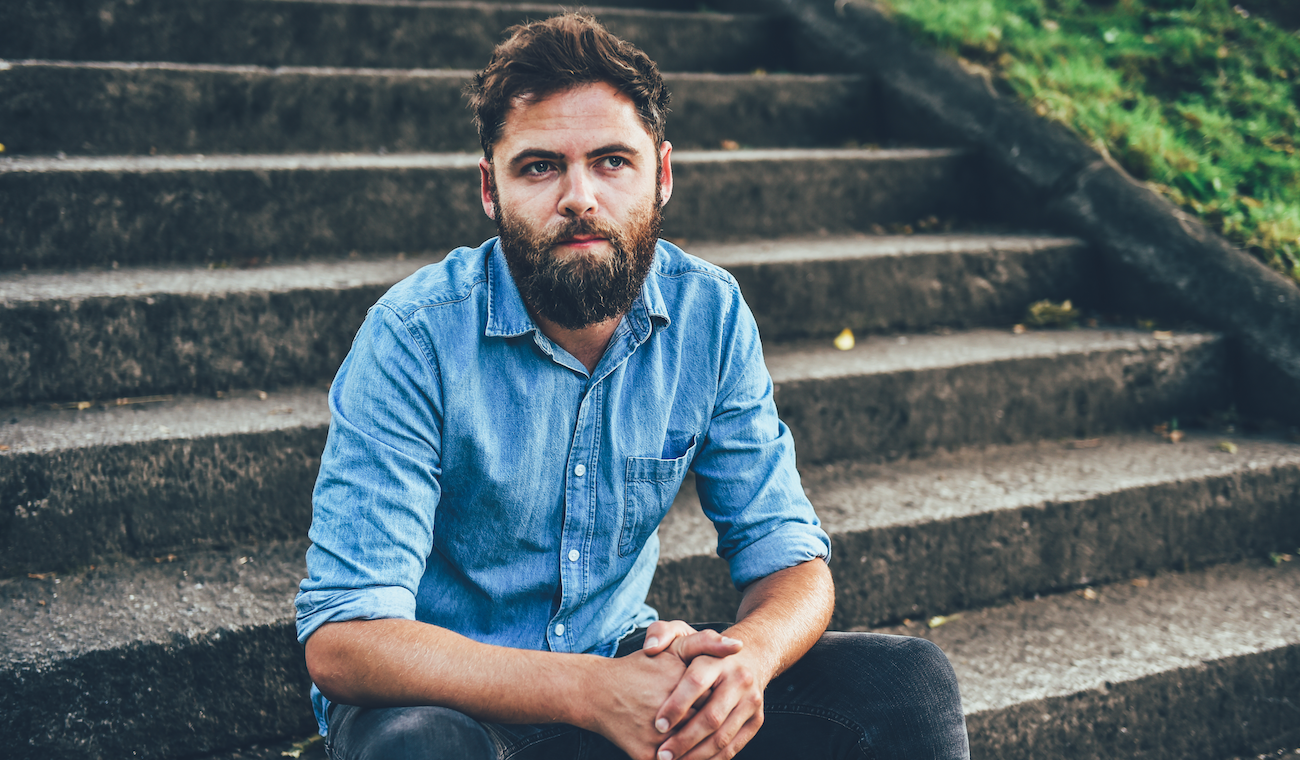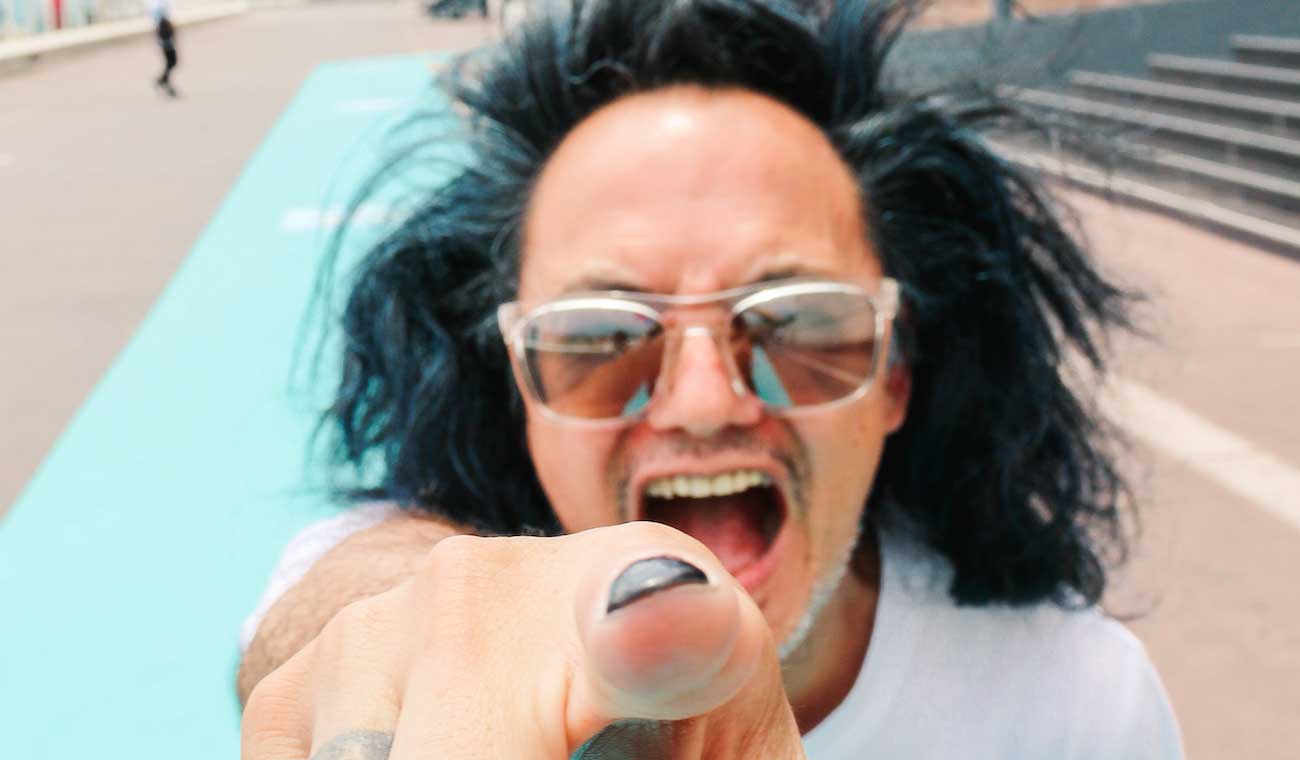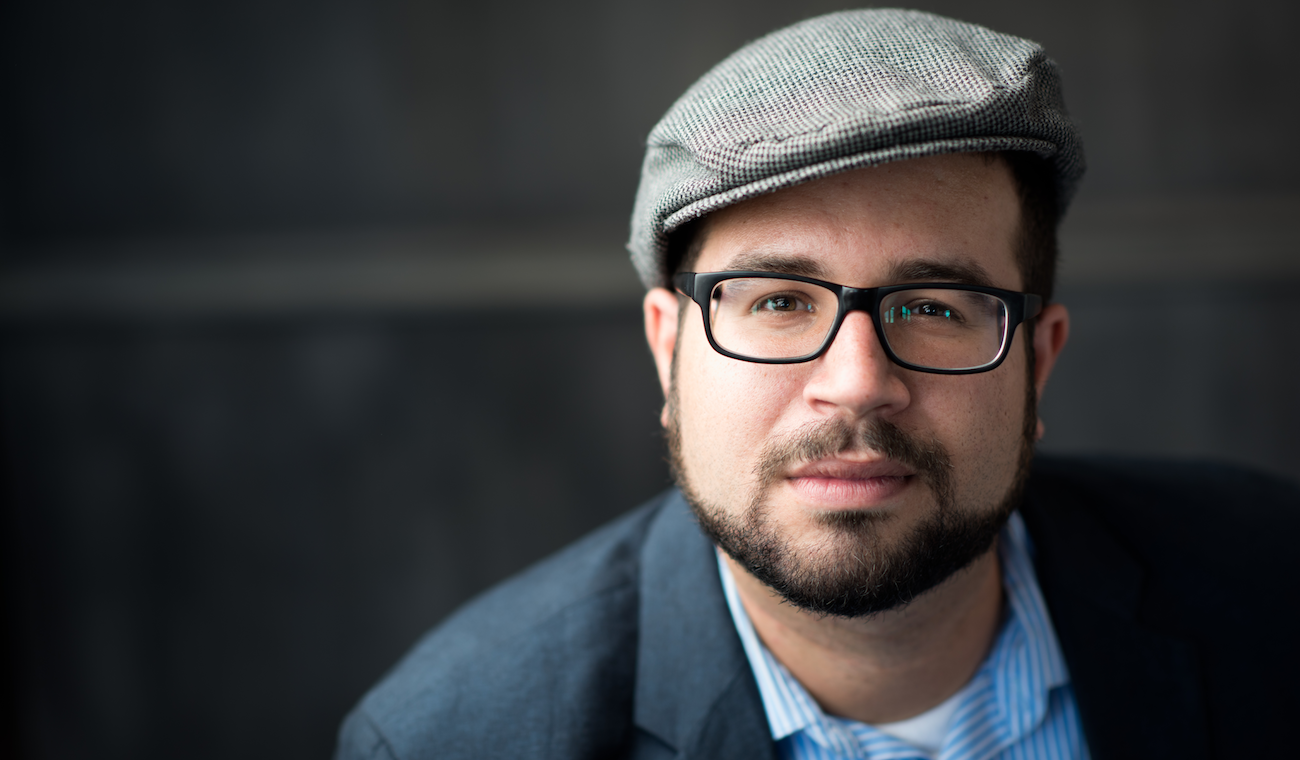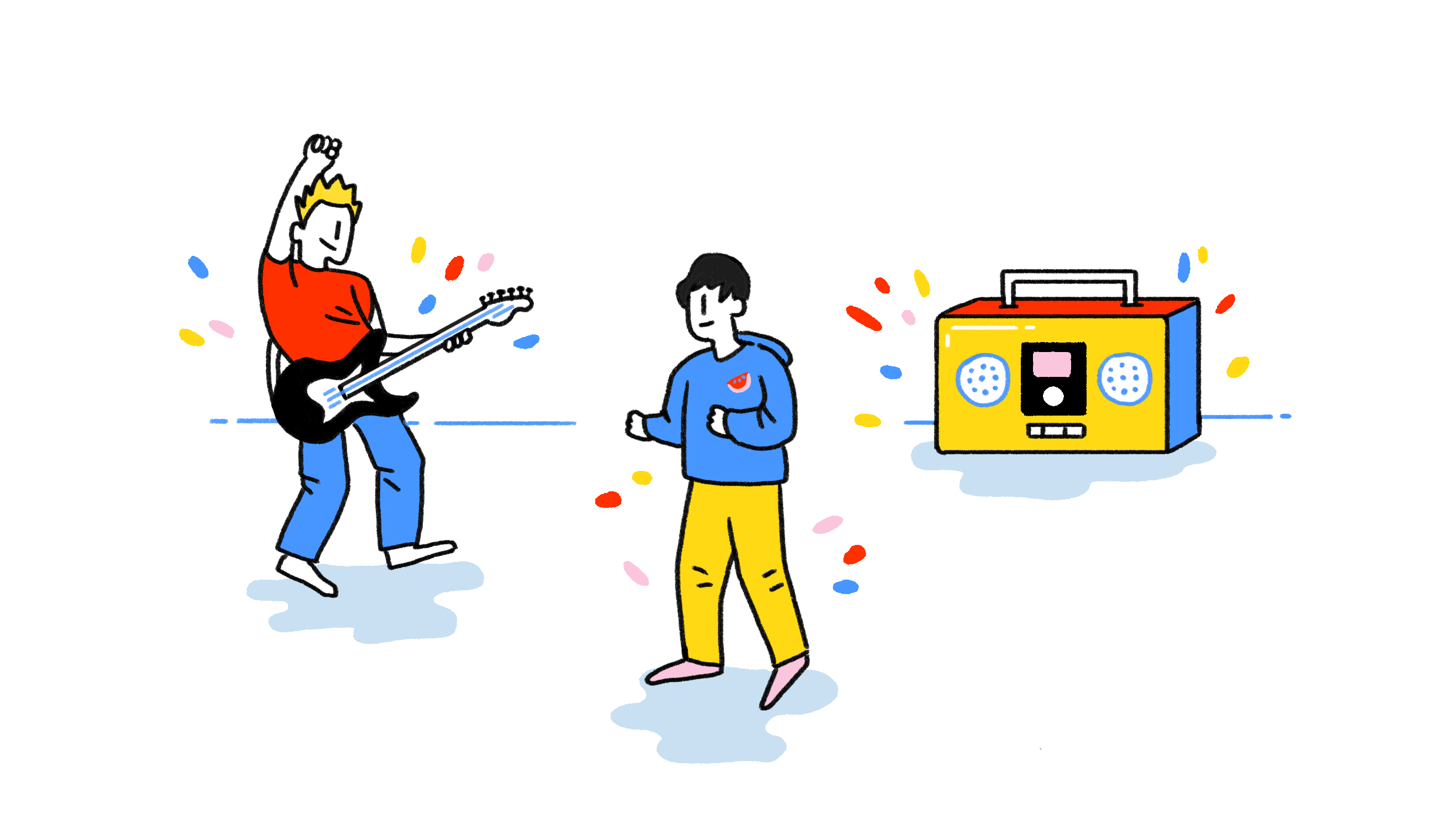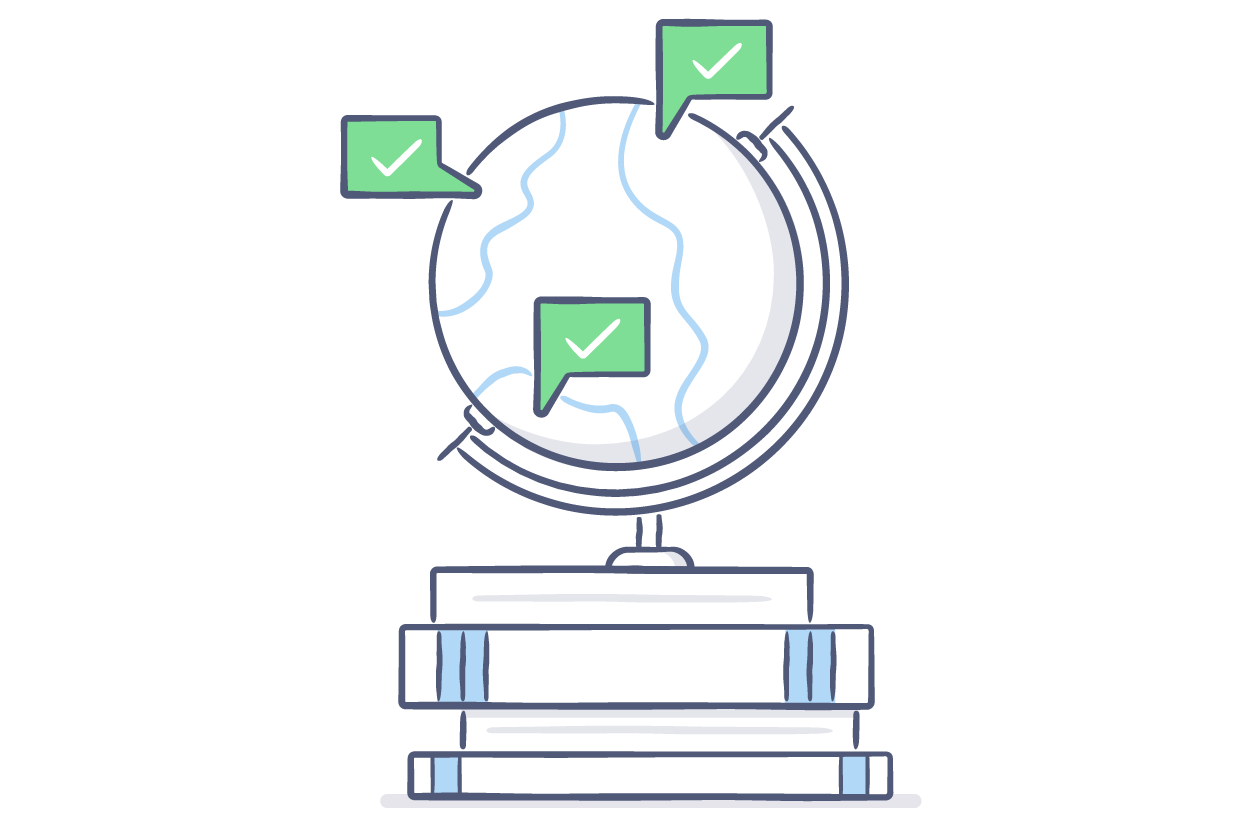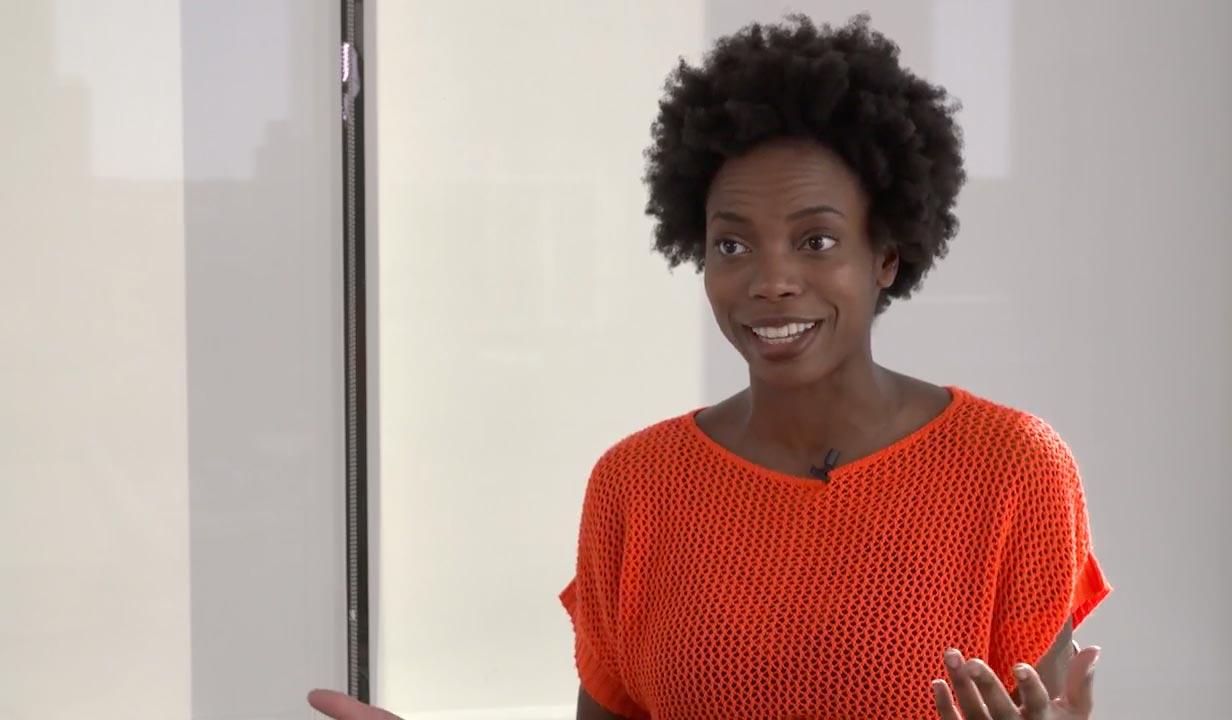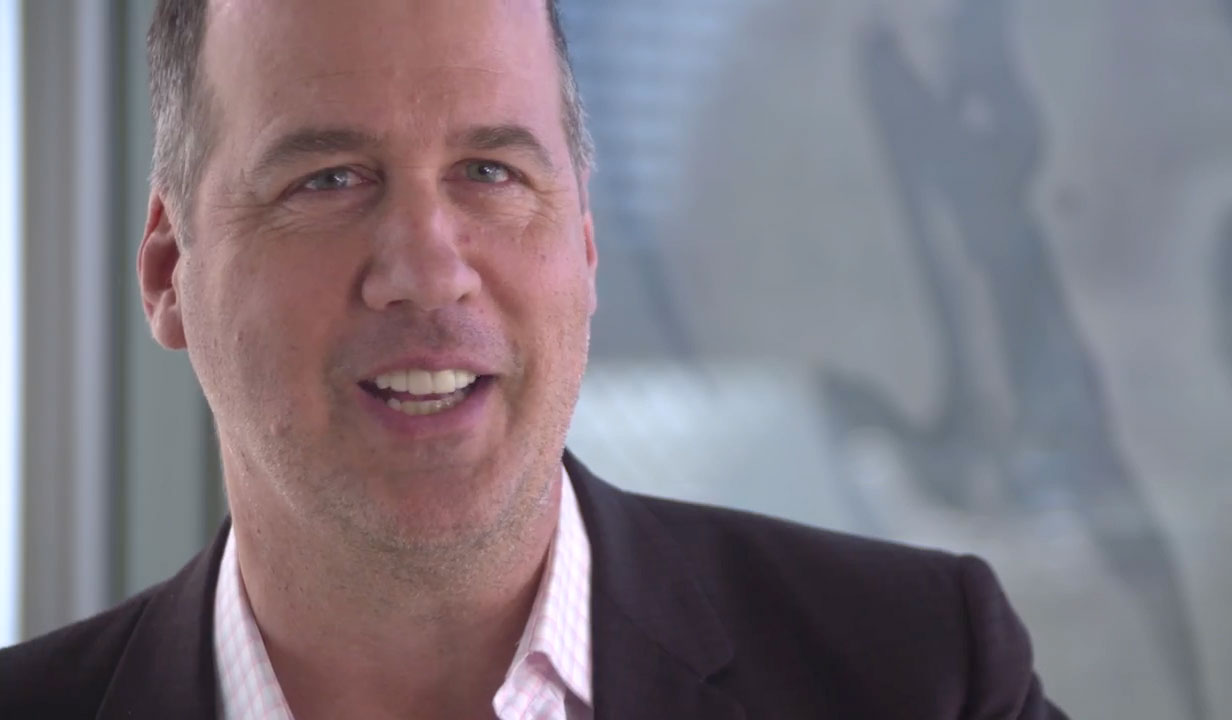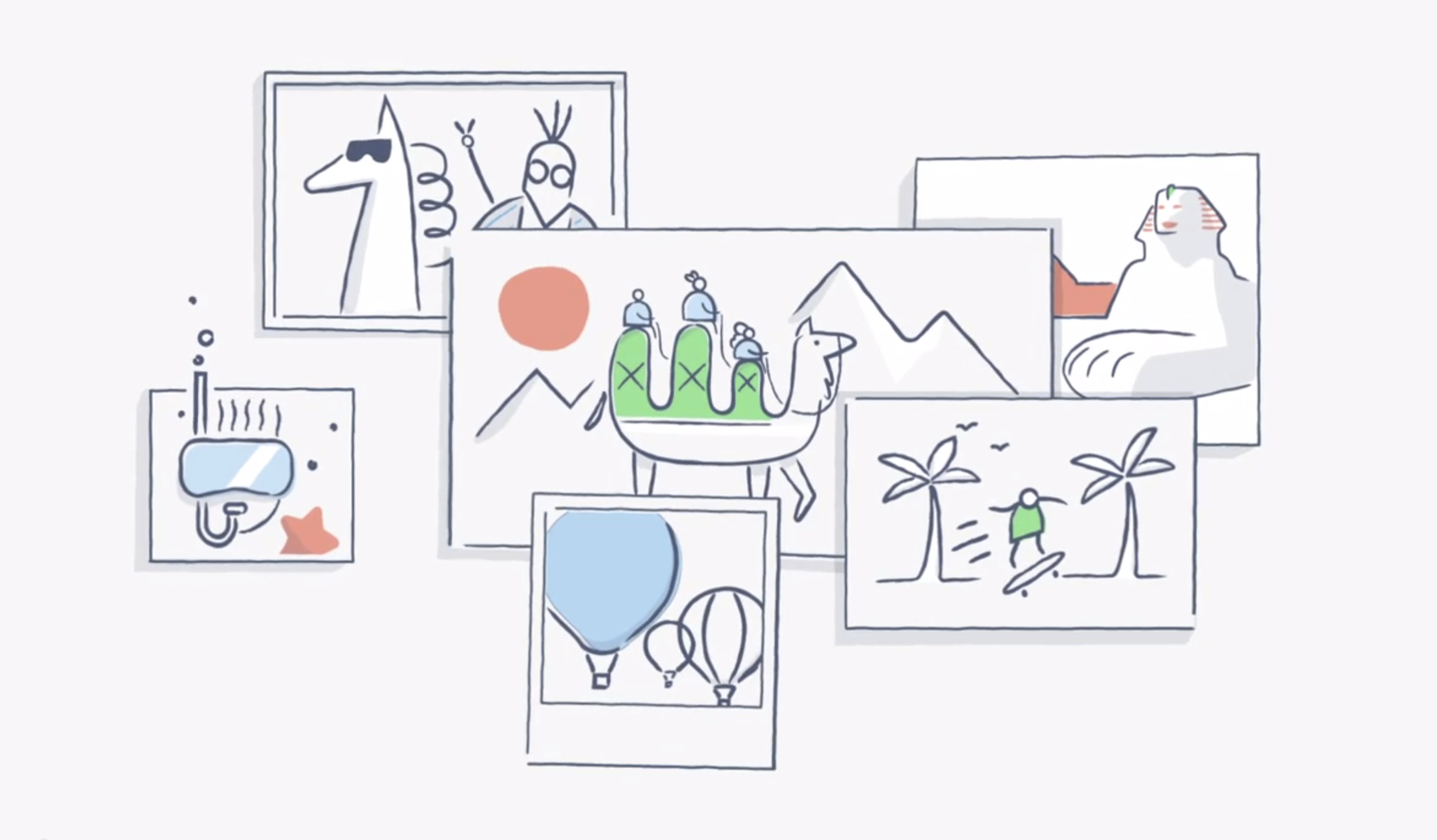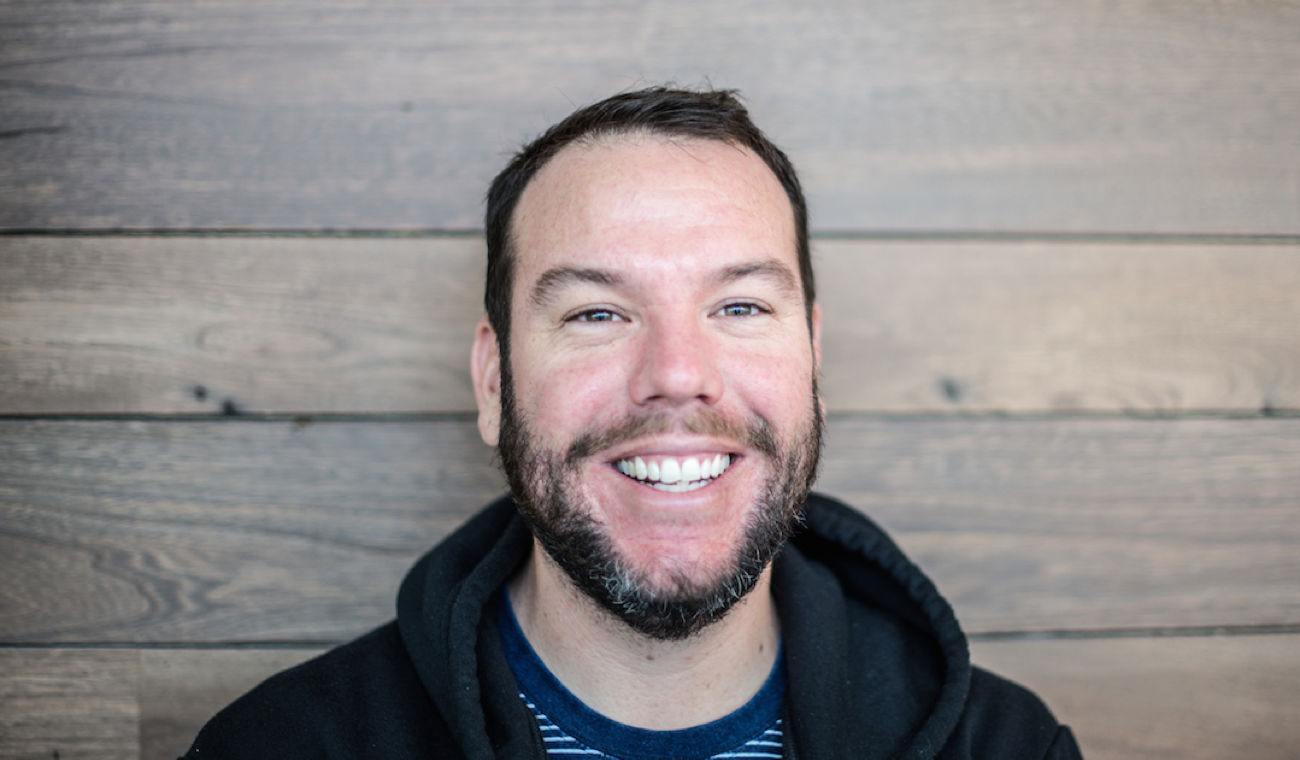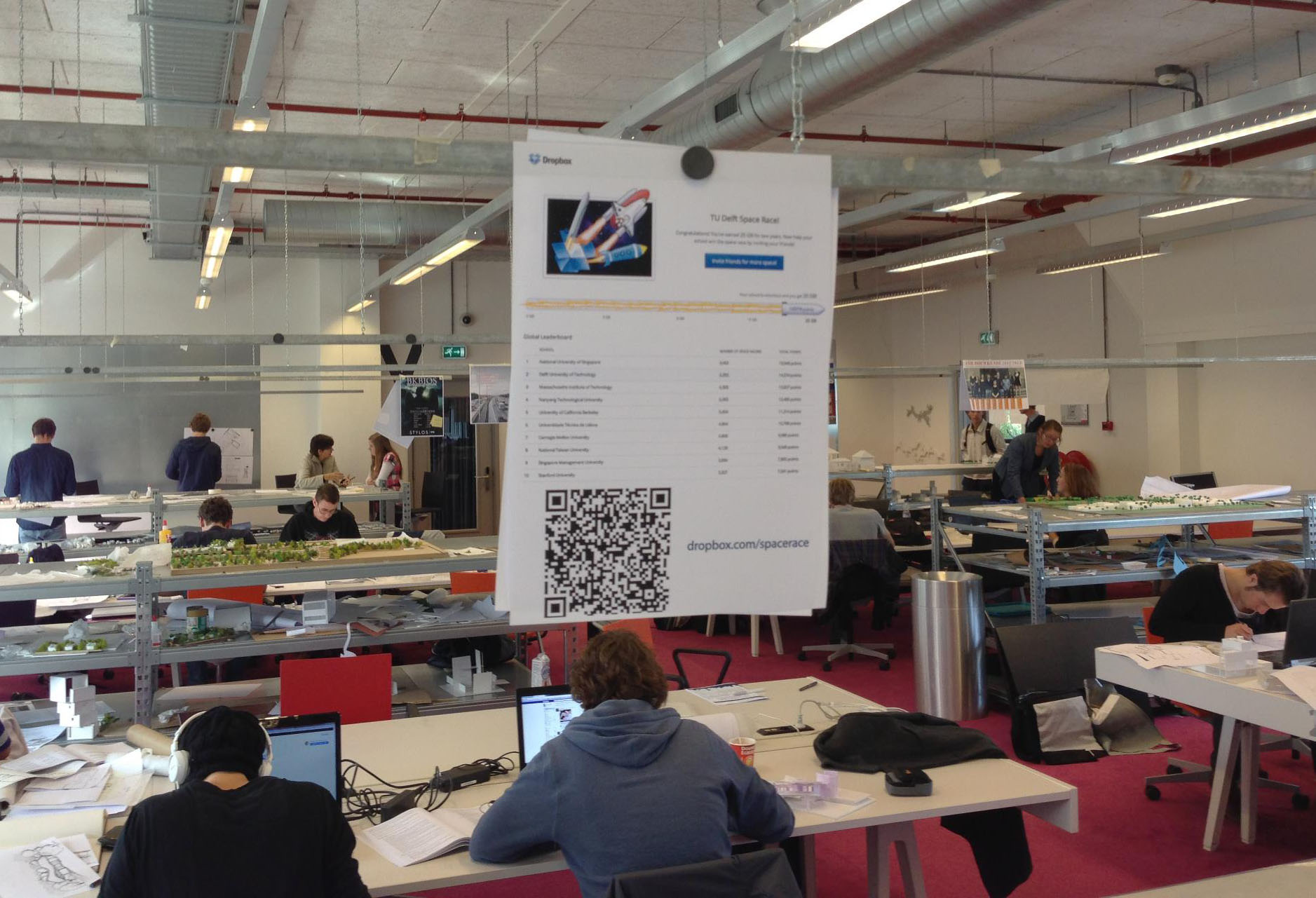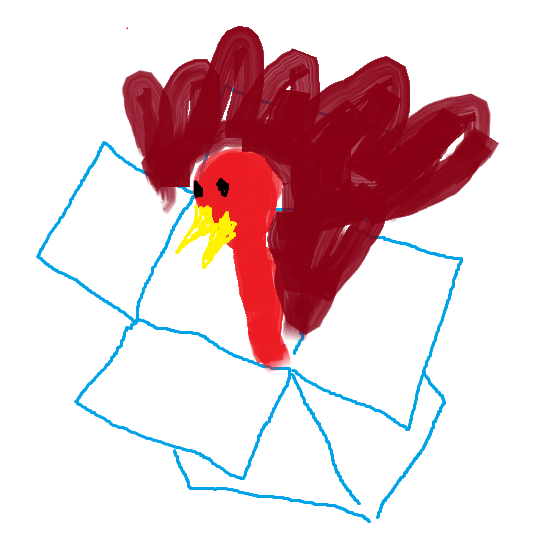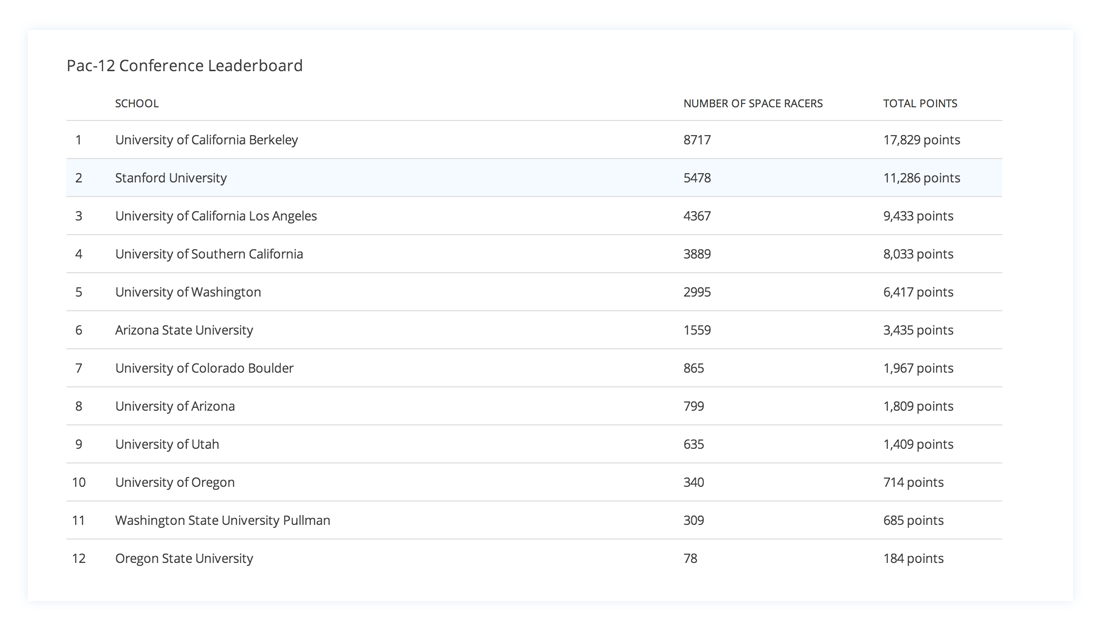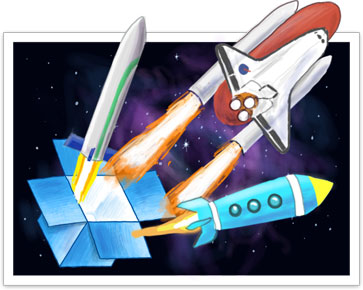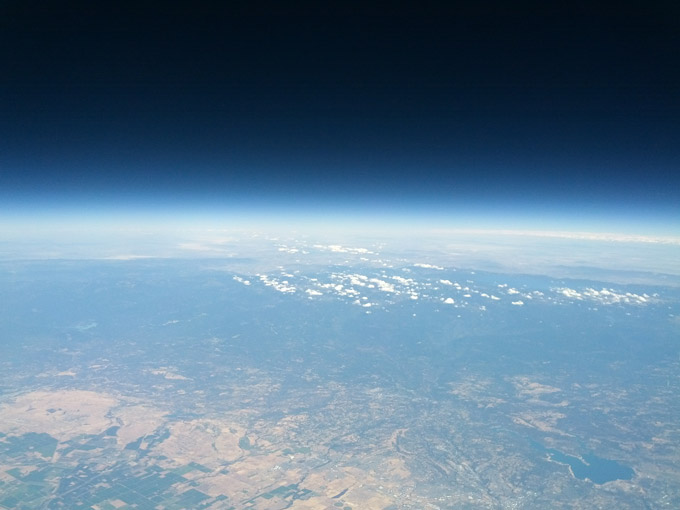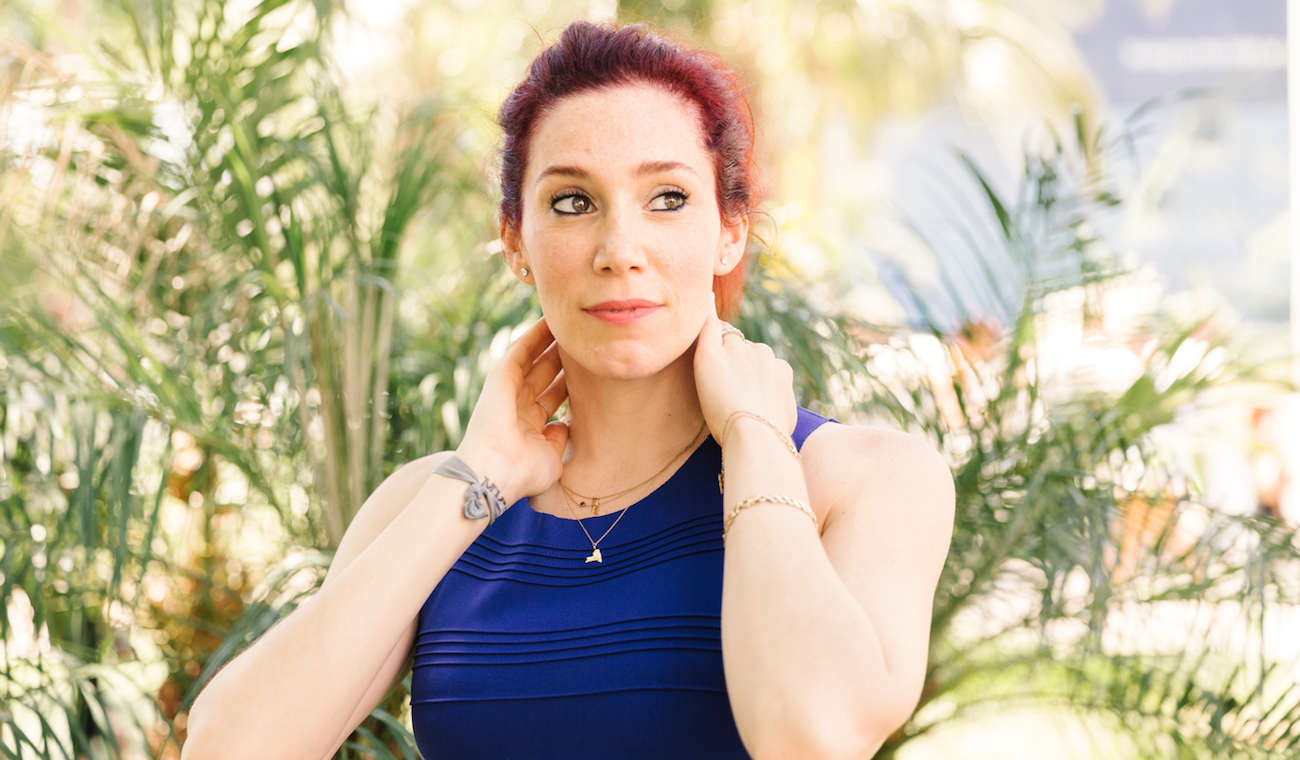
The Cannes Lions International Festival of Creativity is a magnet for the world’s most inspiring people—professionals who took big creative risks to rise to the top of their fields. We were honored to chat with several of these individuals during a packed week at Cannes Lions. Join us as we learn what inspires them, who they work with, and how they create.
DJ Hesta Prynn makes music look easy. She’s got a giant list of brand name clients, a stack of press accolades, and a catalog of performances at top venues around the globe. But how did she get there? And what sort of creative process makes her so successful? We sat down with Hesta Prynn to discuss what it takes to be a successful DJ, and how creativity is different for everyone.
Tell us about the creative challenge behind being a DJ.
You have to have an encyclopedic knowledge of music, and I feel like I do. Since I was very young I’ve always been that person who was like, “what is that song?” Watching Tom and Jerry hearing “Rhapsody in Blue”, I was like, “what is that song?” That’s the thing I’ll notice, while maybe other people notice the flowers and the decor or what people are wearing. I’m listening.
You’re alone, behind the gear, but you really are interacting with the audience, and the most creative moment is when you feel they’re getting your ideas, and you’re getting their ideas, and everybody’s in that flow.
I really love music. I've never been one of those people who's like, "Oh the music from my day was the music, and everything else is terrible." I've been able to find artists that I love on the radio, forever. Every song on the radio, it’s like I'm 11 years old, I know all the words to every song. And so I can connect with any age person 'cause I know all the hits. I feel that for the most part, unless something is really bad, I can find something to love in every genre. It's easy to feel inspired when there's good music to play that keeps coming out. Just find something to like and be happy about. There's so much going on in the world. Find something to like that excites you and be happy, or else, do another job.
When do you feel most creative?
I feel my most creative when I’m interacting with other people. In fact, that’s my job. When I’m DJing a set with a big crowd—I’m DJing sets with Phoenix and Solange this week—there’s a big audience. You’re alone, behind the gear, but you really are interacting with the audience, and the most creative moment is when you feel they’re getting your ideas, and you’re getting their ideas, and everybody’s in that flow. And that’s the feeling you hope for, for the whole week. That connection. In my job, I try to tell a story.
With music, it’s really important that you not be too clever, because then you’ll lose people. People really are there to have fun and to feel cool, and if you’re too niche, you might start to exclude some people, and if you exclude them, they turn on you and then you have a bad set. But if you’re too general, then you’re not special. You want to almost be the invisible person that’s telling a story, but you want to see that they’re getting it and going there with you.
In your work, creativity is inherently collaborative. So what does a team mean to you?
One way I collaborate is there’s a lot of other remixers and DJs that I like, and sometimes someone will do something really special, and I’ll file it away in my mind, and then when it’s time to do a specific event, I’ll remember, “Oh, that guy in the UK did that remix and I really really want that.” And so I’ll email him and he’ll send me a Dropbox link. Then I’ll download the song and play it and see how it goes. And it’s a way that we can be connected with each other as DJs who are in this world that I like.
I’m able to tell [a] story in an invisible, subliminal way, using music as a tool…it’s a really creative challenge.
Another way I collaborate (because I really am alone up there) is when I work with brands. A lot of the times I’m trying to tell a story with the music and take people somewhere. Brands are trying to do the same thing and tell their brand story. So often what they’ll do—and I was at a meeting earlier today at Spotify to talk about this—is they’ll say, “this is the story we want to tell, this is the messaging of the event, this is how we want people to feel.” But they want it all to feel invisible, and that’s what I do. I’m able to tell that story in an invisible, subliminal way, using music as the tool. And I really like doing that, it’s a really creative challenge.
What does it take to bring a big, bright idea to life?
I think it’s a couple things. Like in any creative endeavor you need to have the large vision, then you need to break it down into little pieces, and then you need to put it on a timeline, just like anything else. I have seven events this week: this is the genre I’m doing here, this is the genre I’m doing there. This is where there’s overlap. This is where there isn’t. This is my time that I have to work on all this stuff. At the same time you have to respect your own process. So that’s my ideal vision.
There’s no one way to be creative. So whatever your creative process is, learn it, recognize it and respect it so you’re not afraid.
But my process is generally that I think and think and think and think. Then I’m more of a last-minute type. Like today I’m going to spend the entire day rehearsing for the rest of my sets which start at 8 pm. And I’ve learned, because I’ve been doing this for years: respect your own process. Some people would like to work on something for 60 days, some for one day. If you can deliver and you know how your mind works, I think that’s really important. There’s no right creative process. There’s no one way to be creative. So whatever your creative process is, learn it, recognize it and respect it so you’re not afraid.
What's your proudest creative accomplishment?
I think that I have really loyal clients, and I think for the kind of business I'm in, it's very much about what's next and what's hot and all of that kind of thing, and I have clients who have been booking me for four years, five years. But I'm really just doing what I do, I'm doing me, which is I play the hits from every genre from every decade. The hits of the ‘70s, ‘80s, ‘90s and today in every genre. It's a way to play every genre but make people feel included. I'm really proud that I'm able to play so many genres, I have such loyal clients and people still feel included and have fun in everything I do. I just think it's so important to make people feel cool and make people feel good. And it's like, you really wanna have consciousness in what you do and there's so much negativity out there. Clearly, I'm not a politician, [chuckle] but what I do is important in its own way—I want people to feel good and feel cool and have a good night, because a good night can change your whole game.
Do you use Dropbox? If so, we’d love to hear how.
When I was more on the writing side, we used Dropbox to share stems, which are the pieces of the songs. Now for my business I share photos, my bio, my logo—so every time a new client needs my assets, my agents and I have a Hesta Prynn Dropbox link and we can just send that over. Dropbox is the easiest way to send something without the drama. Because when you're sending things over the internet, a lot of the time you have a lot of hassle or drama, it's just not really working right, and Dropbox is the thing that works the best. And I can do it from a computer, and I can do it from my phone.
For background on the festival, you can read why Dropbox is partnering with Cannes Lions. For more Q&As with top creatives, see our Q&A with podcaster David Rheinstrom, or stay tuned for more interviews throughout the week.
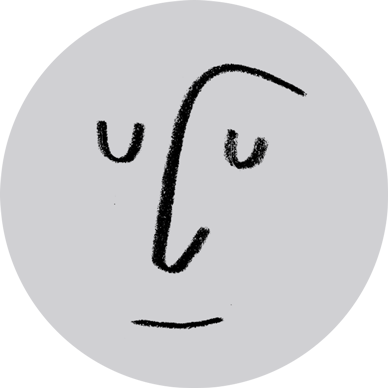
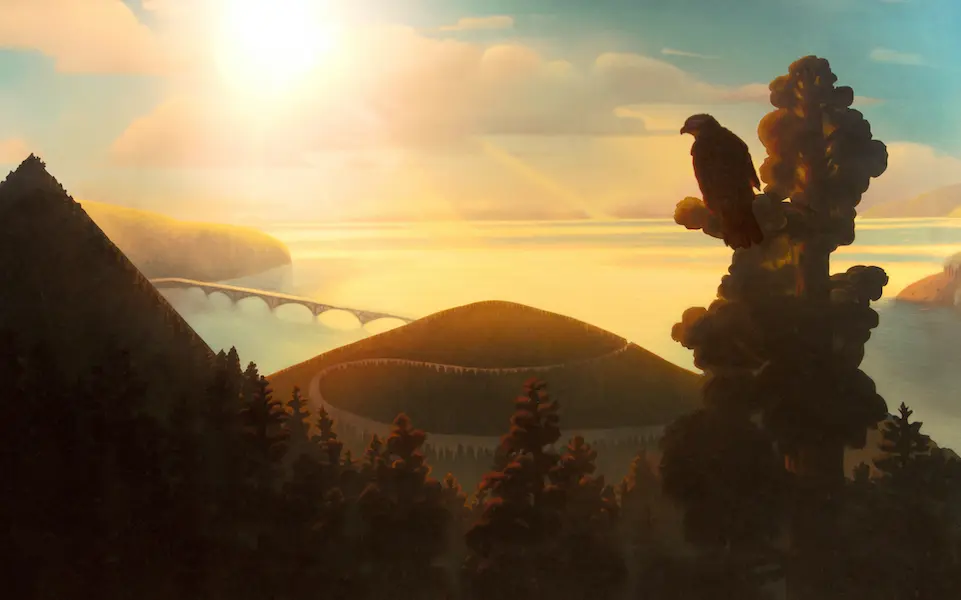
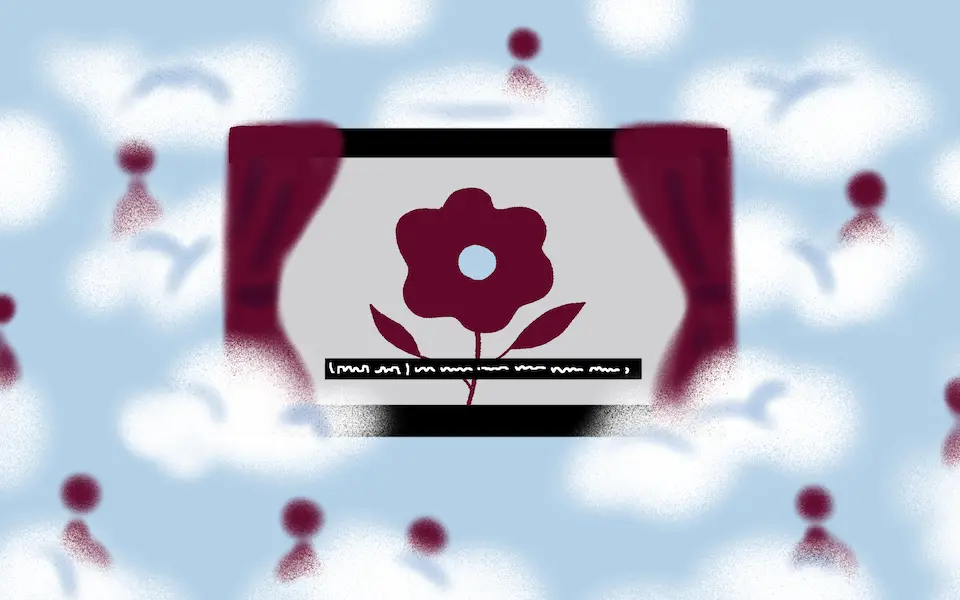
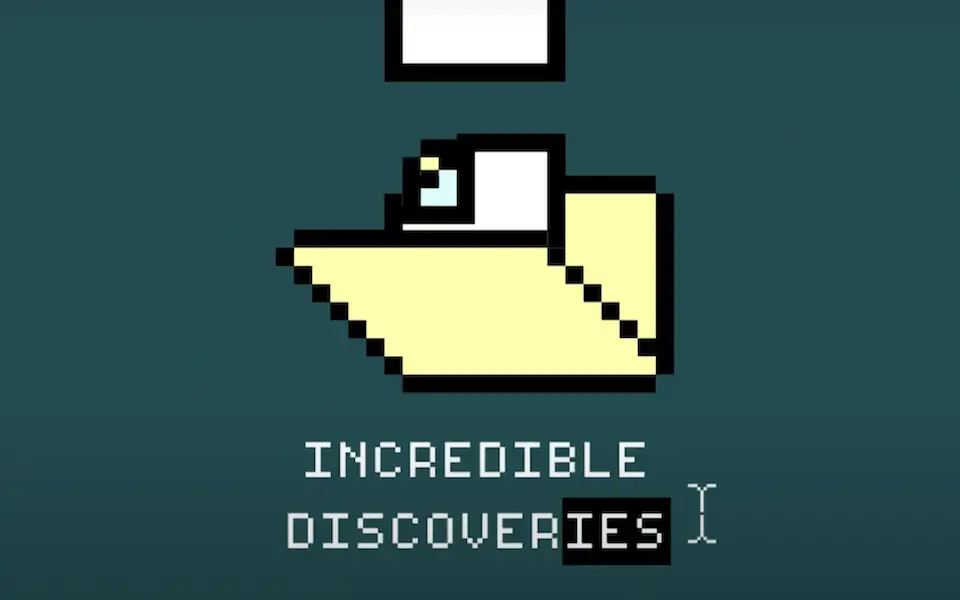
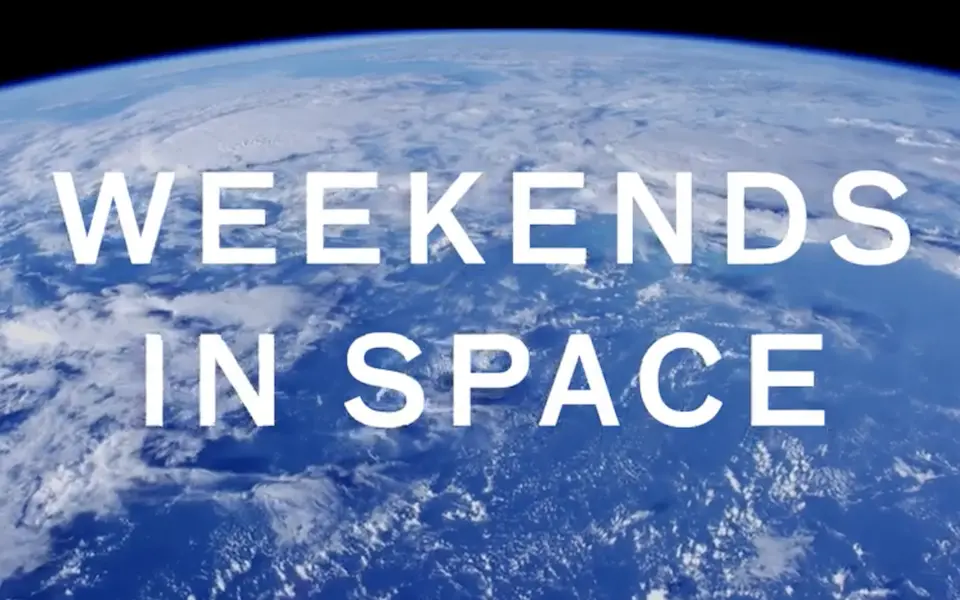
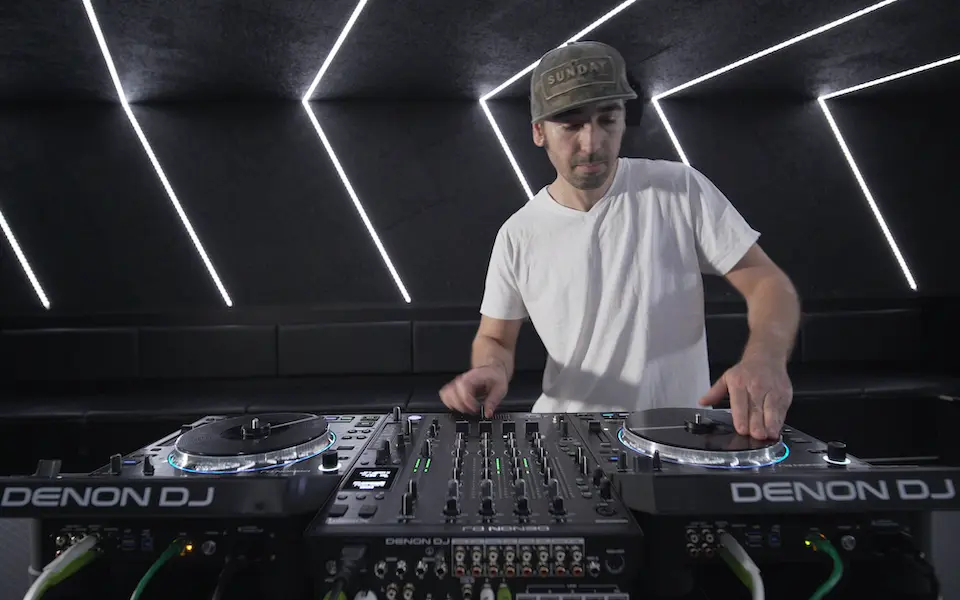
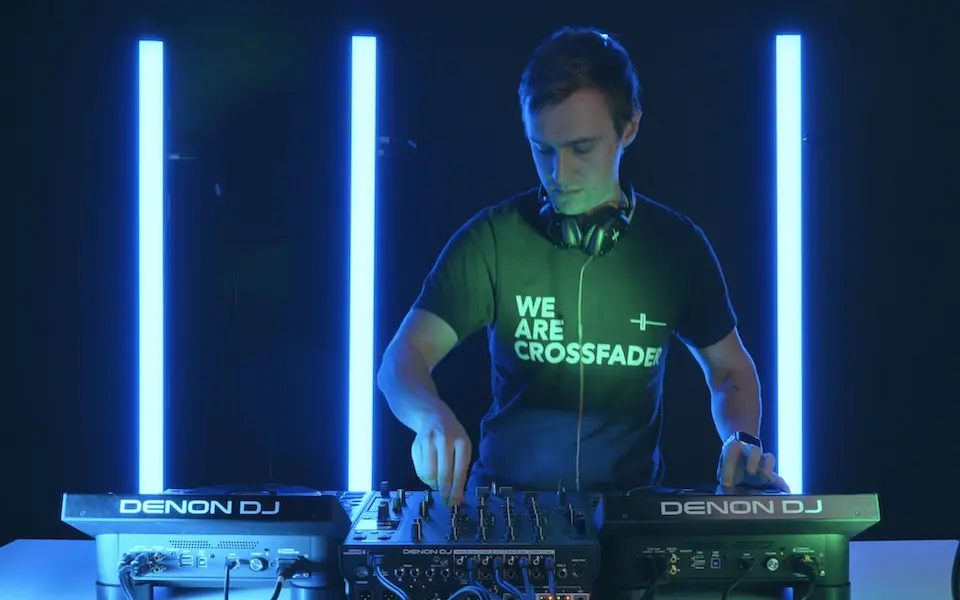

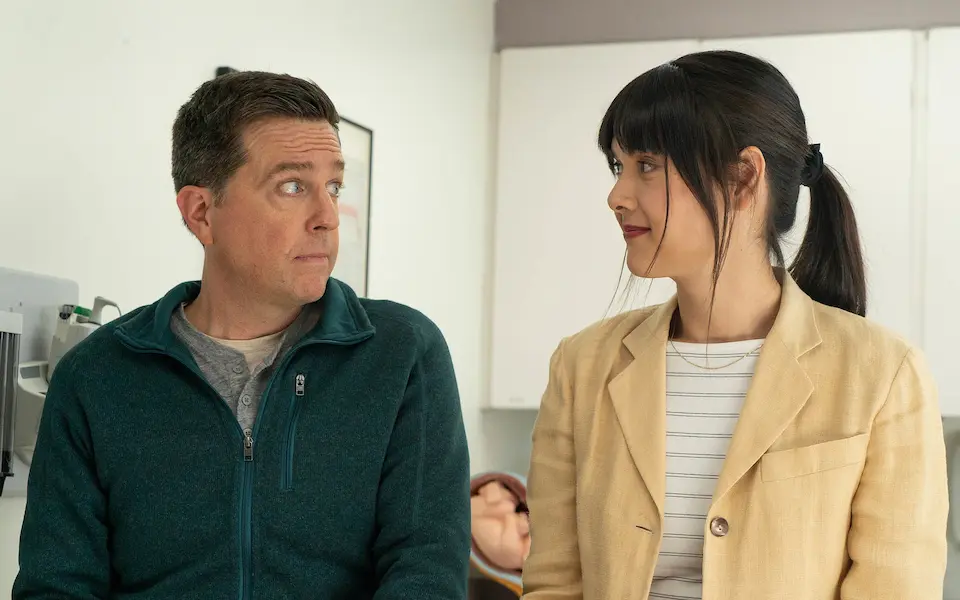

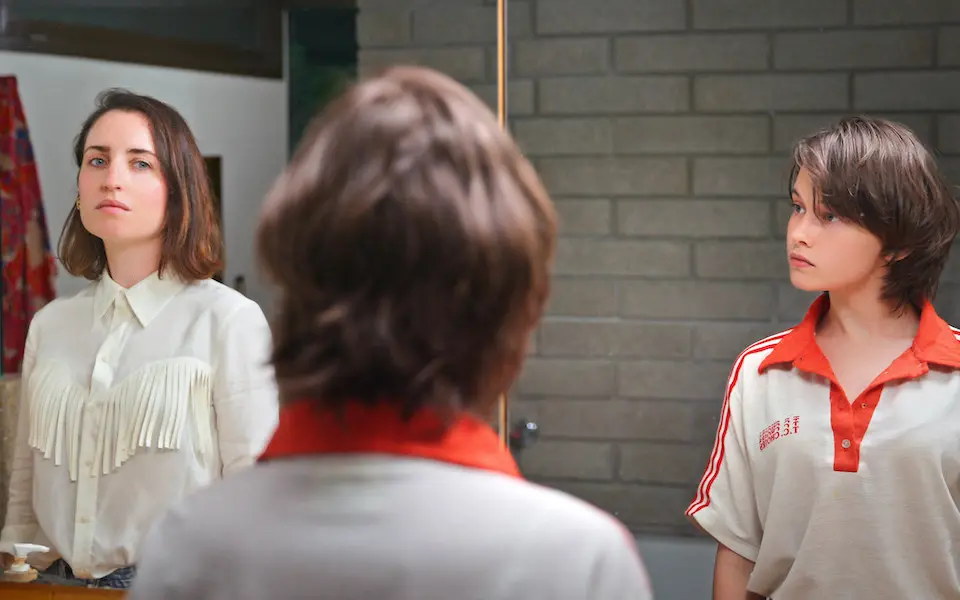
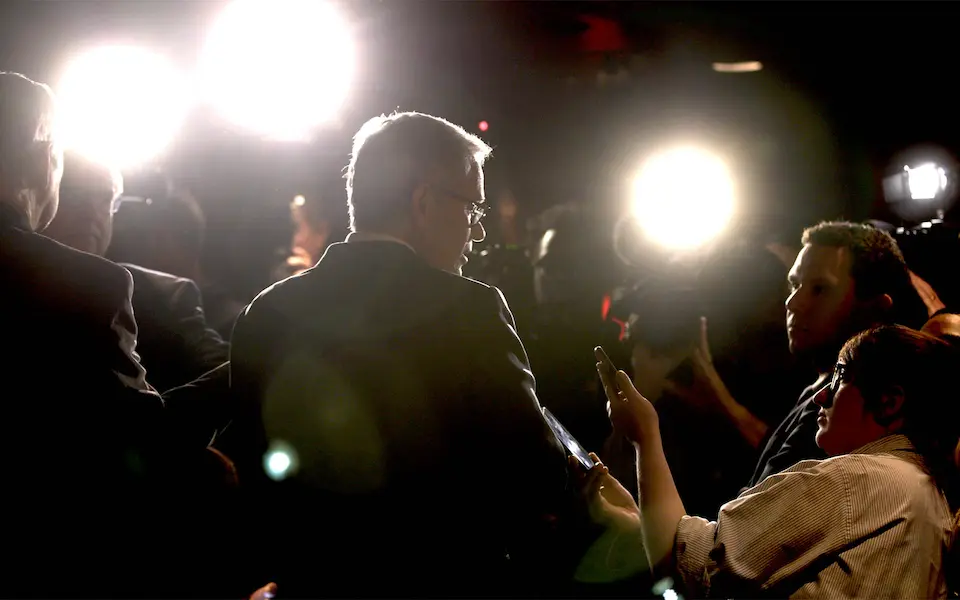
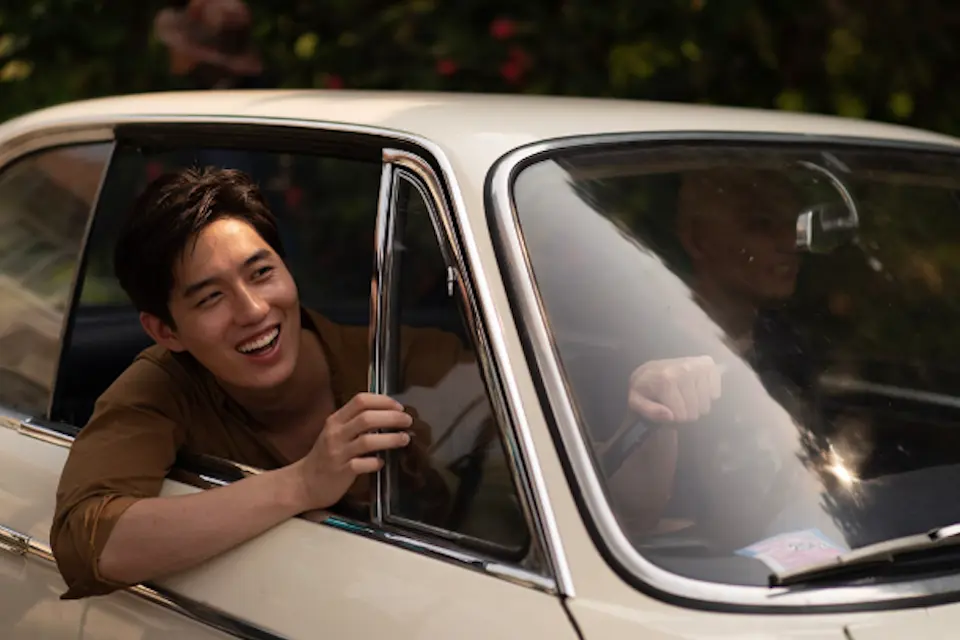
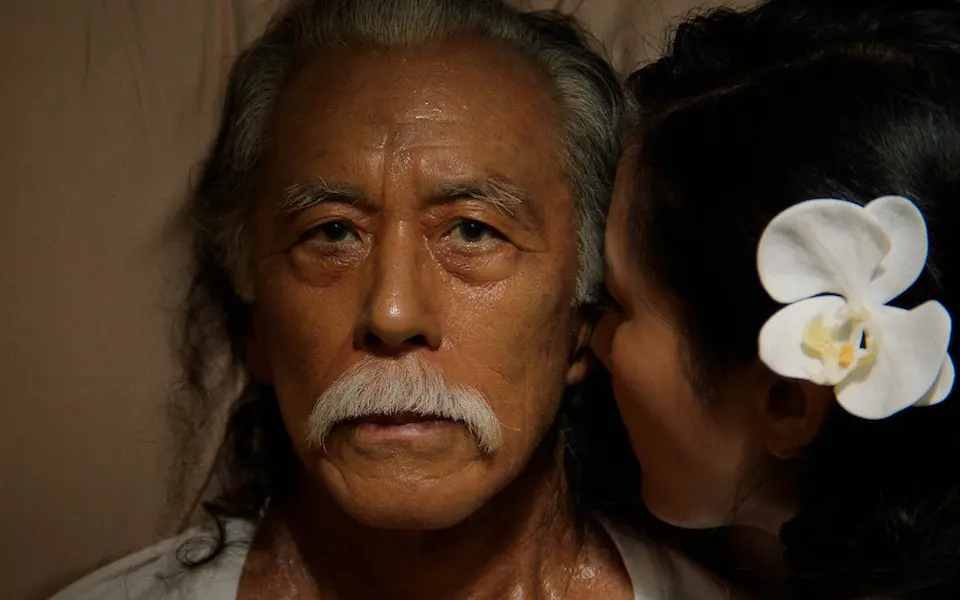
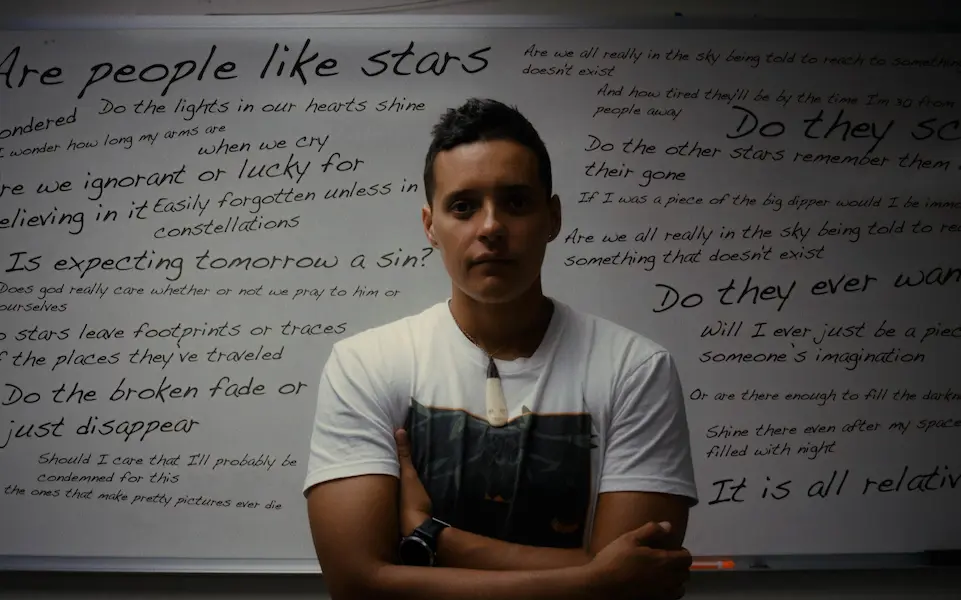
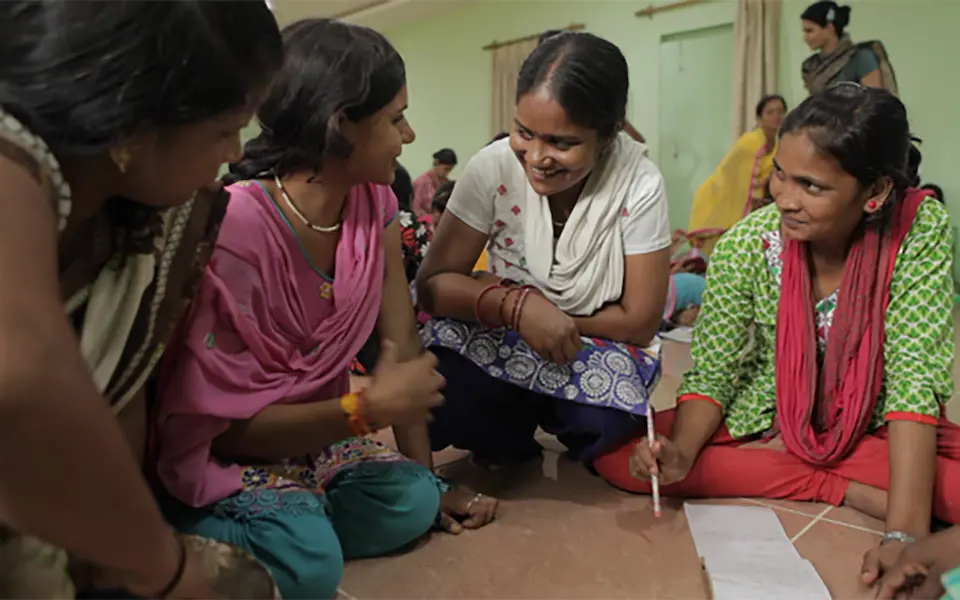
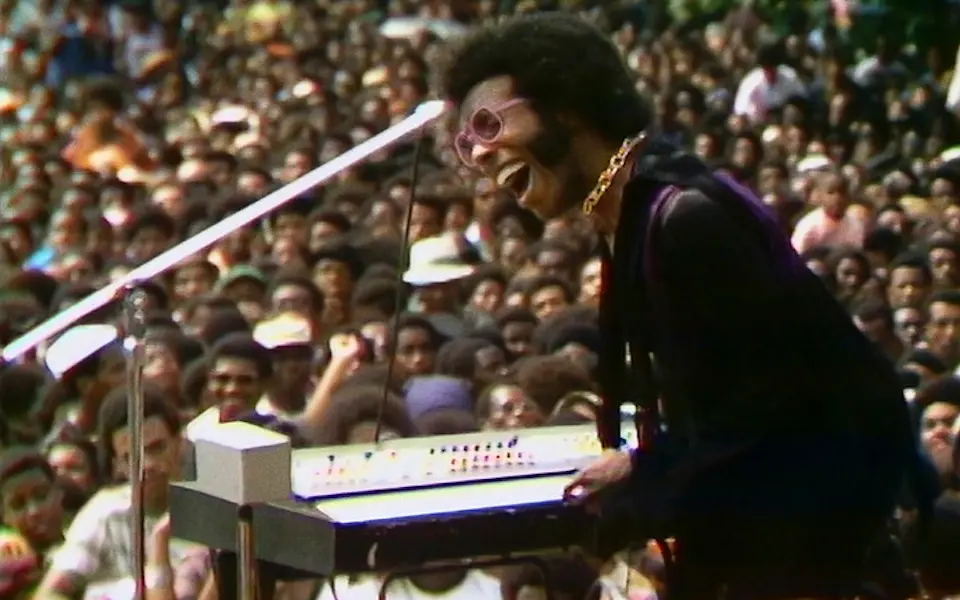
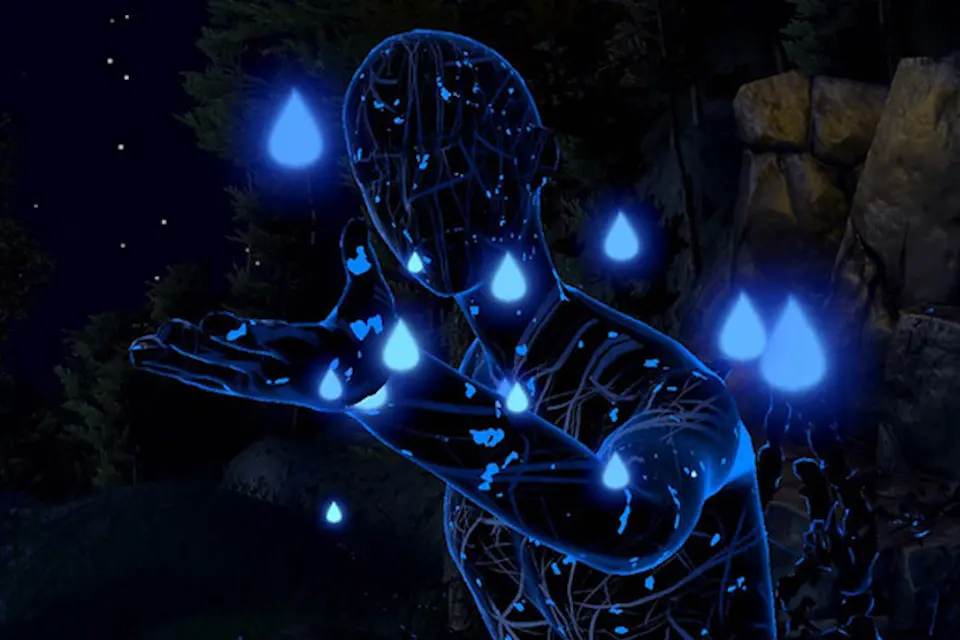
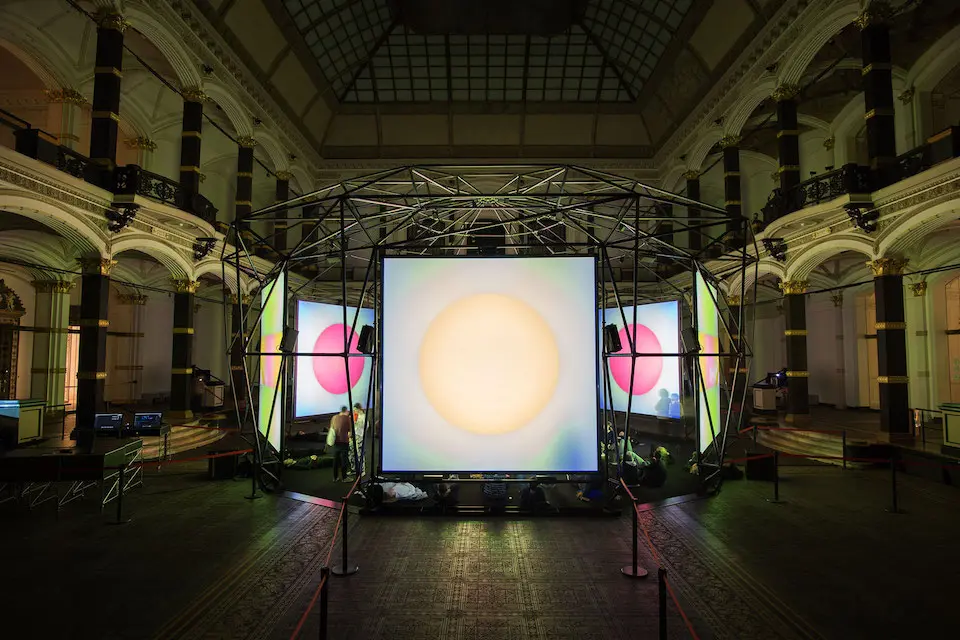

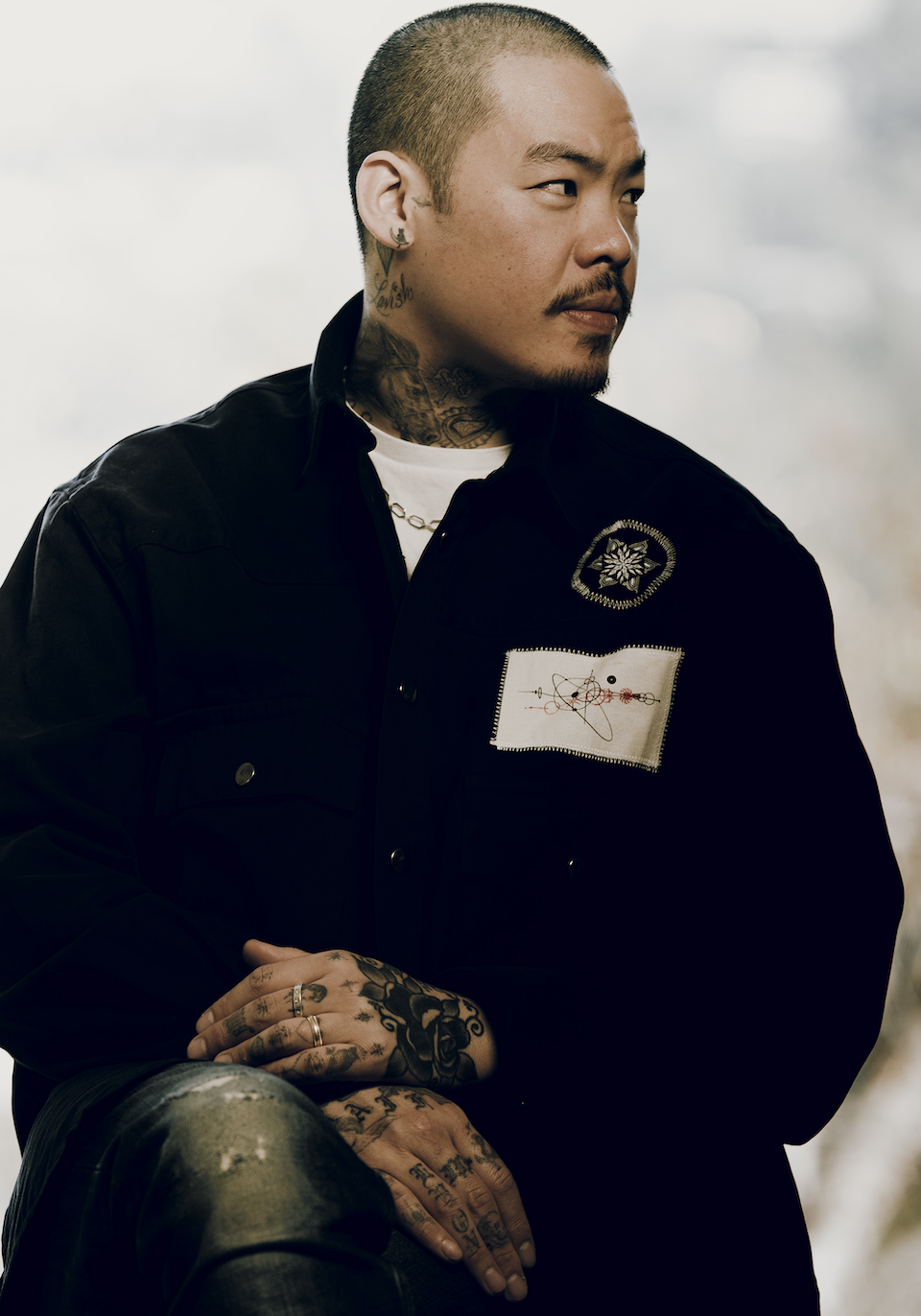
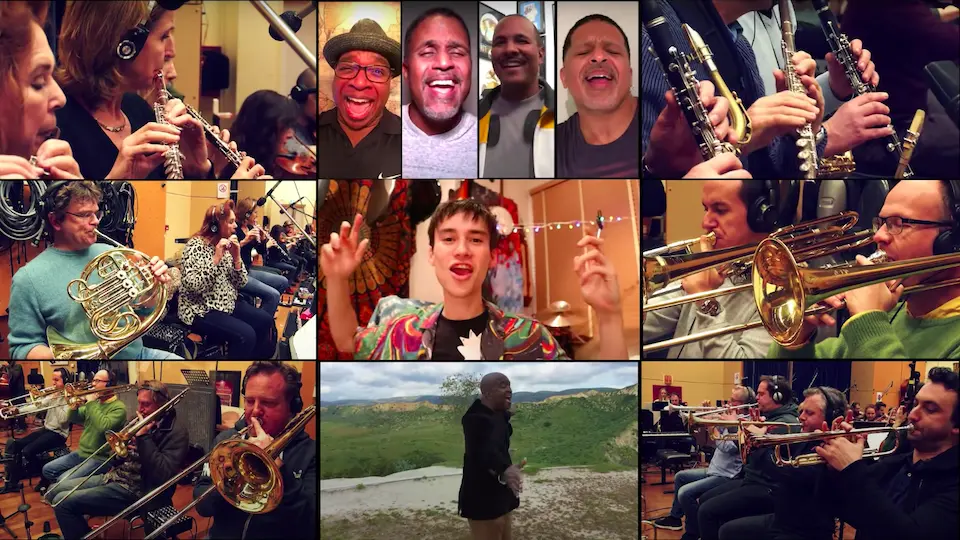

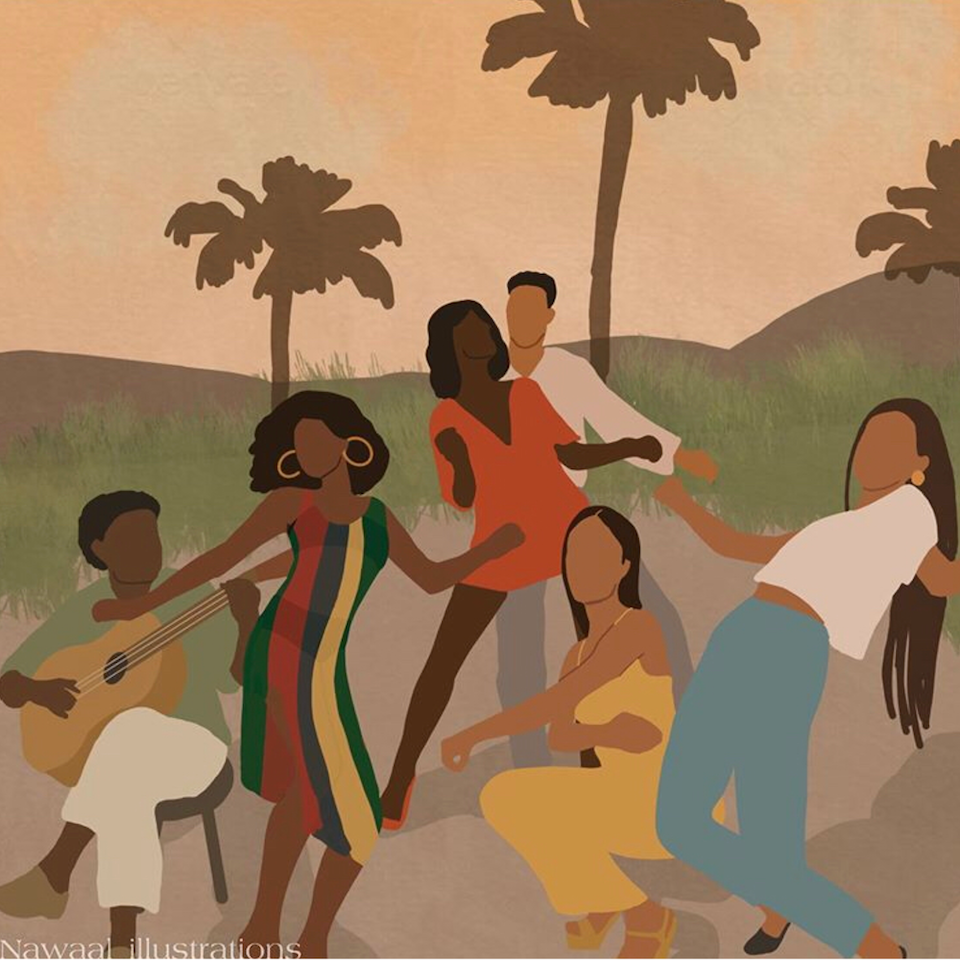


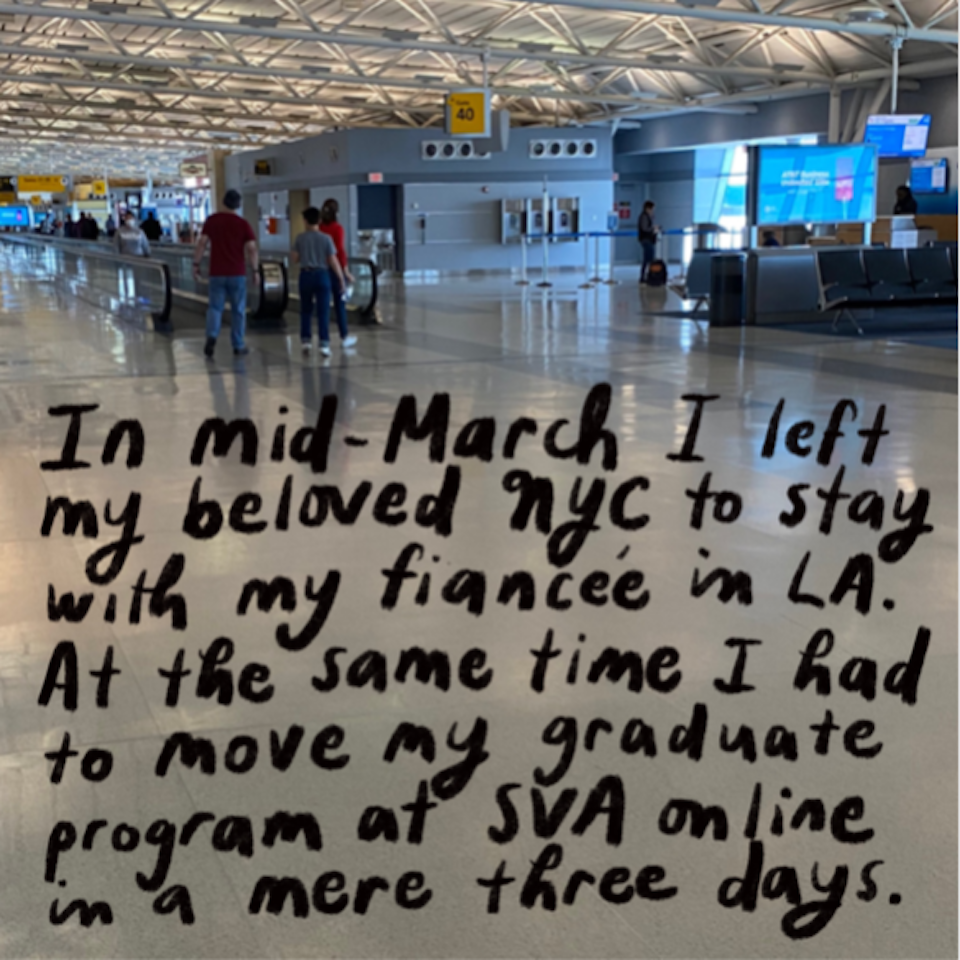
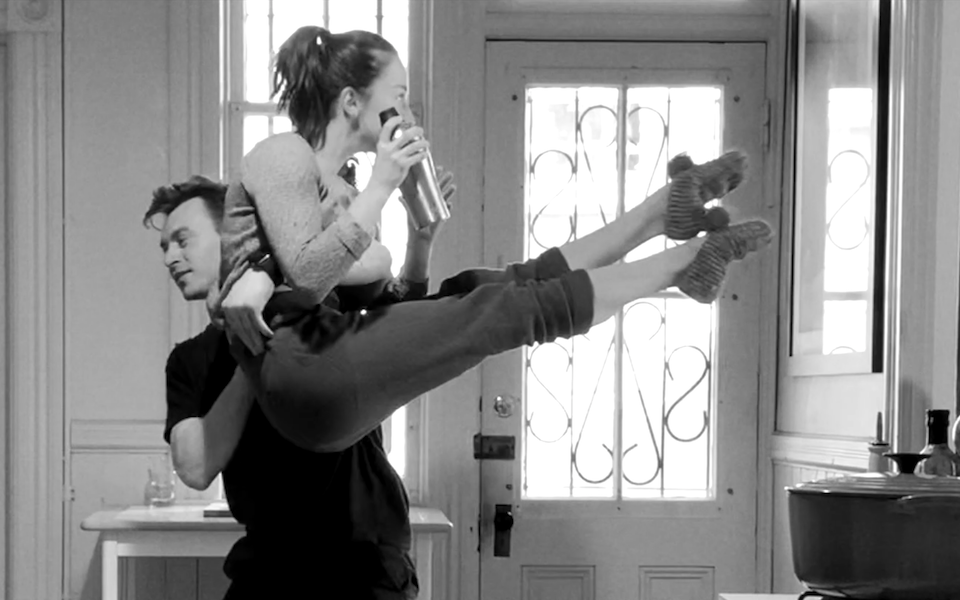
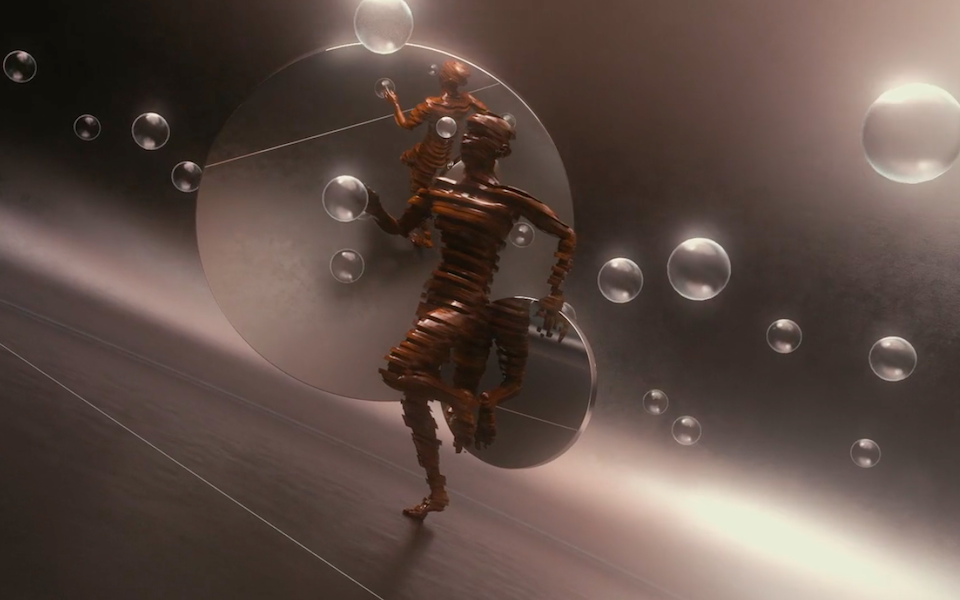
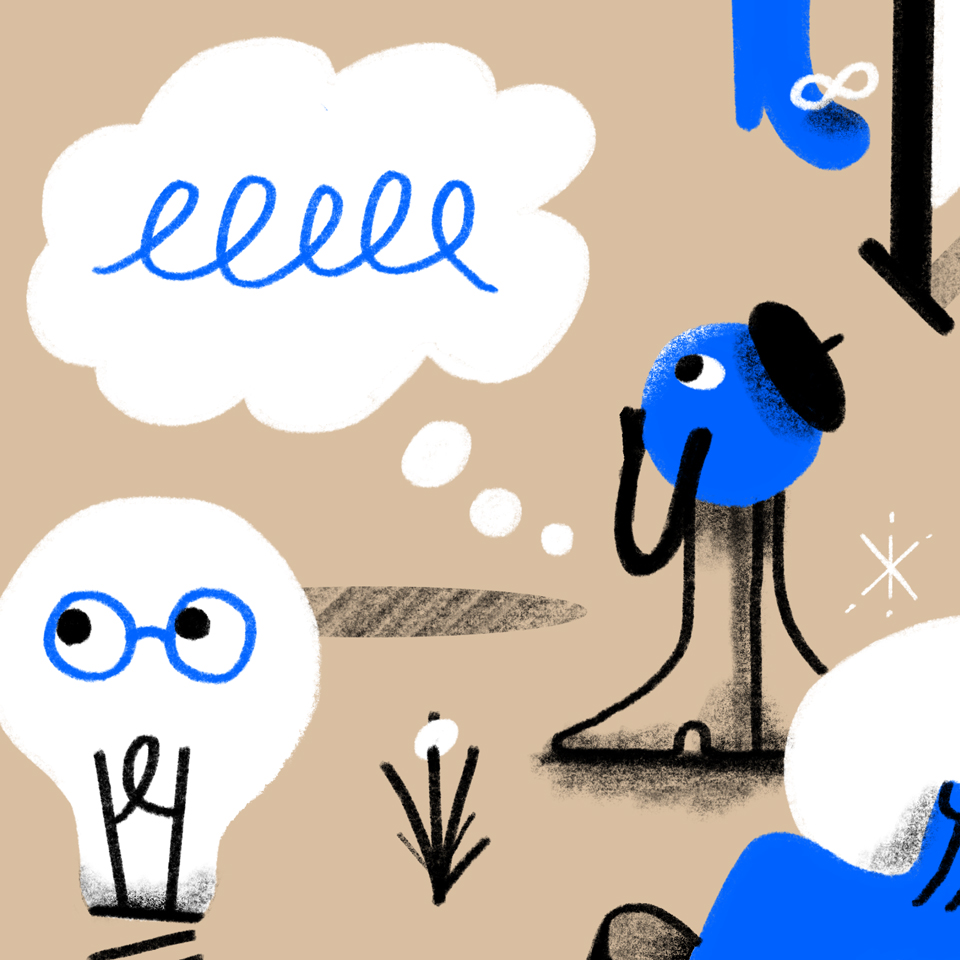
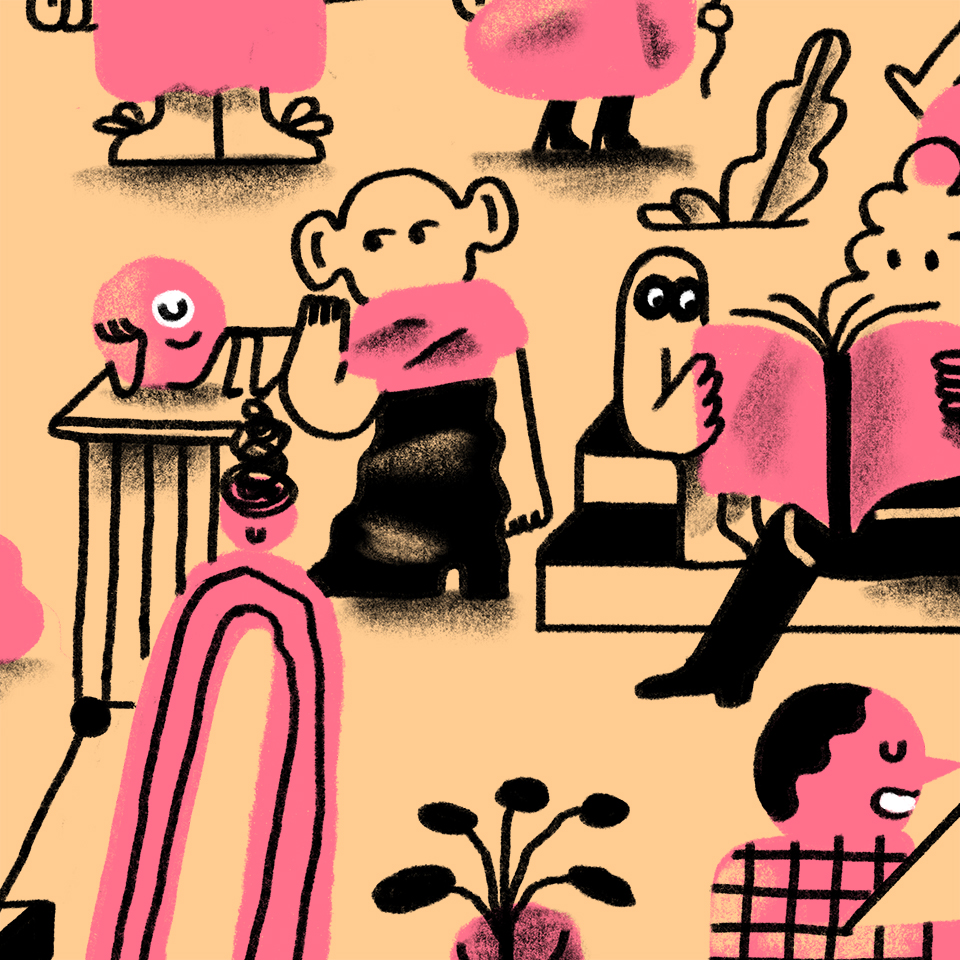
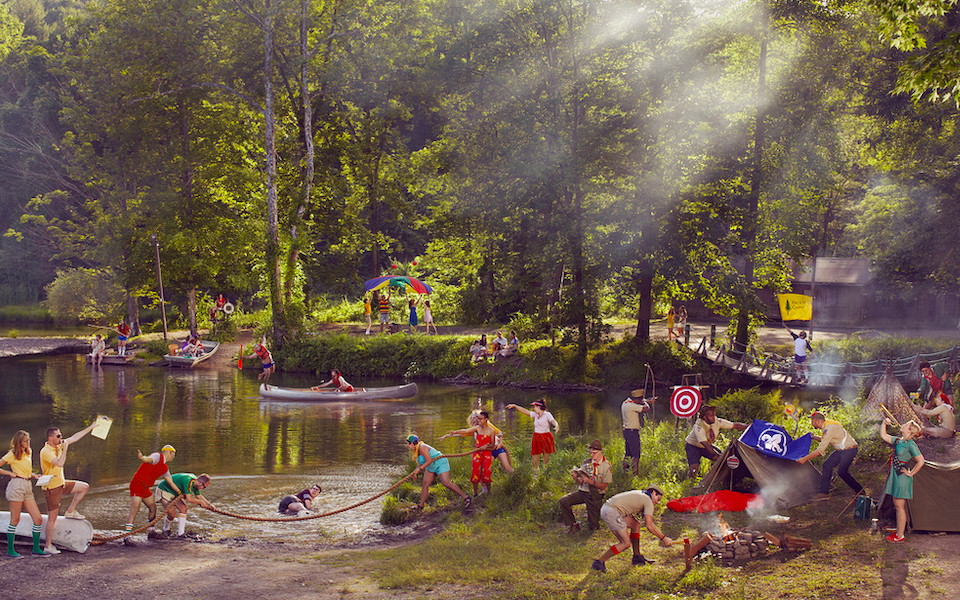

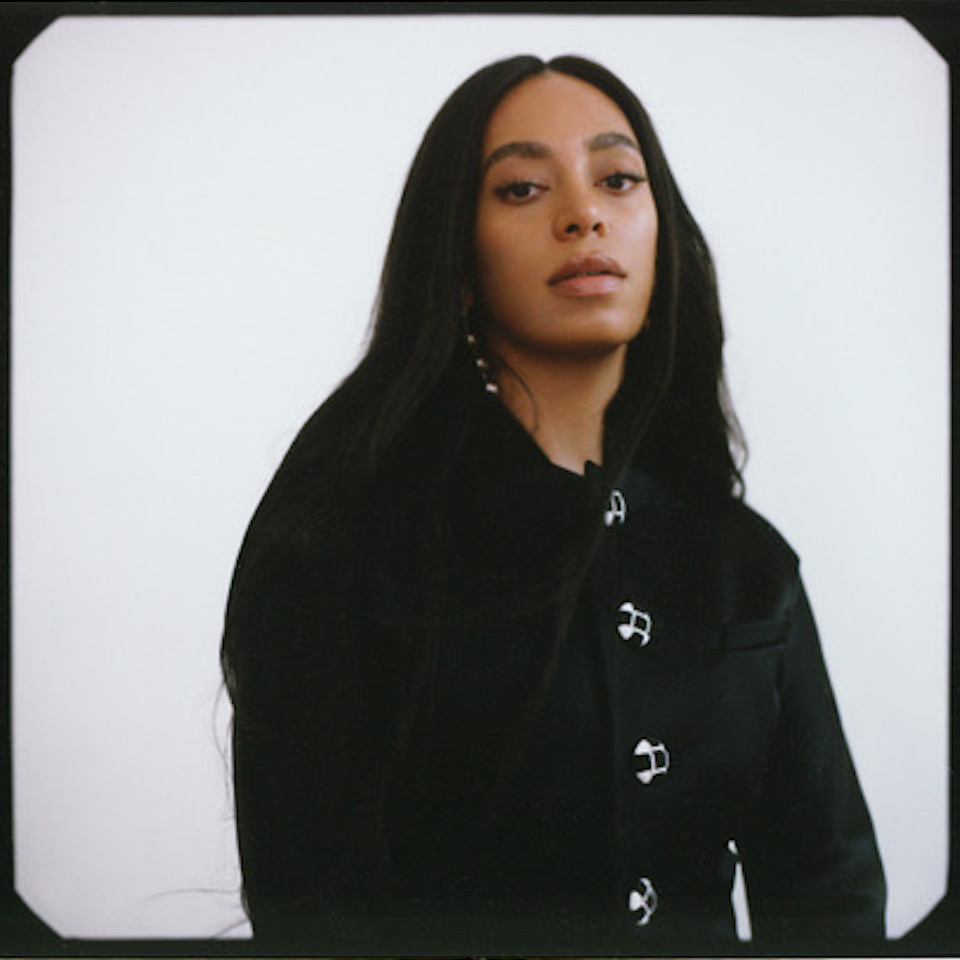
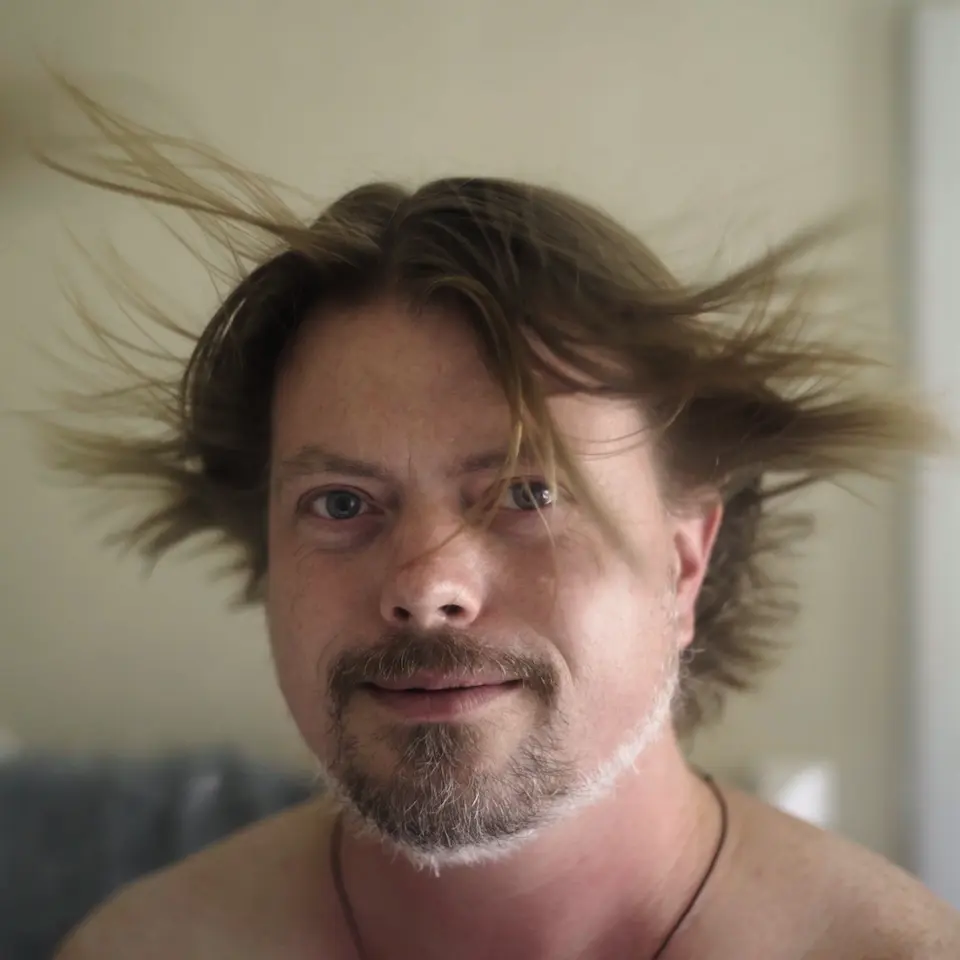
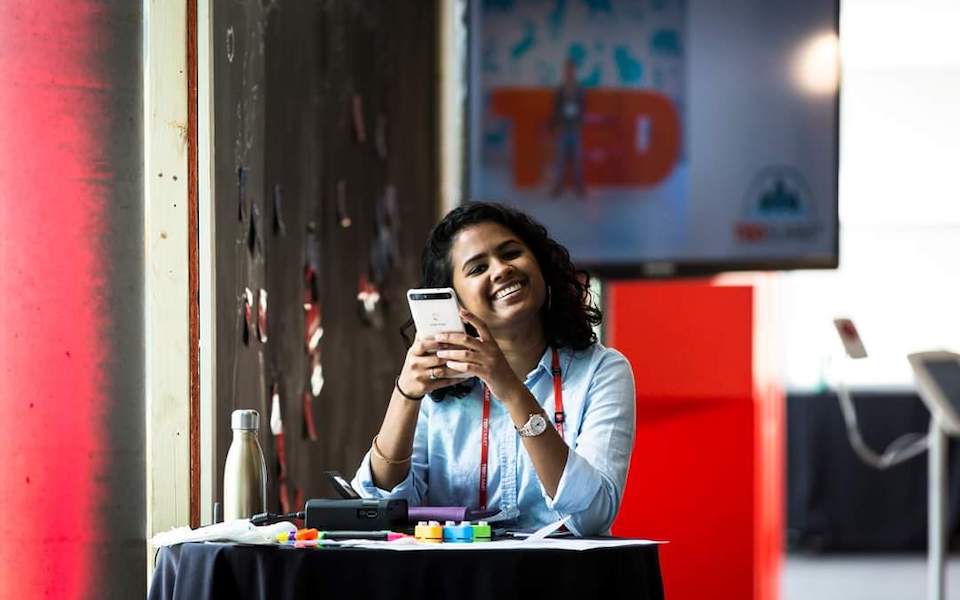
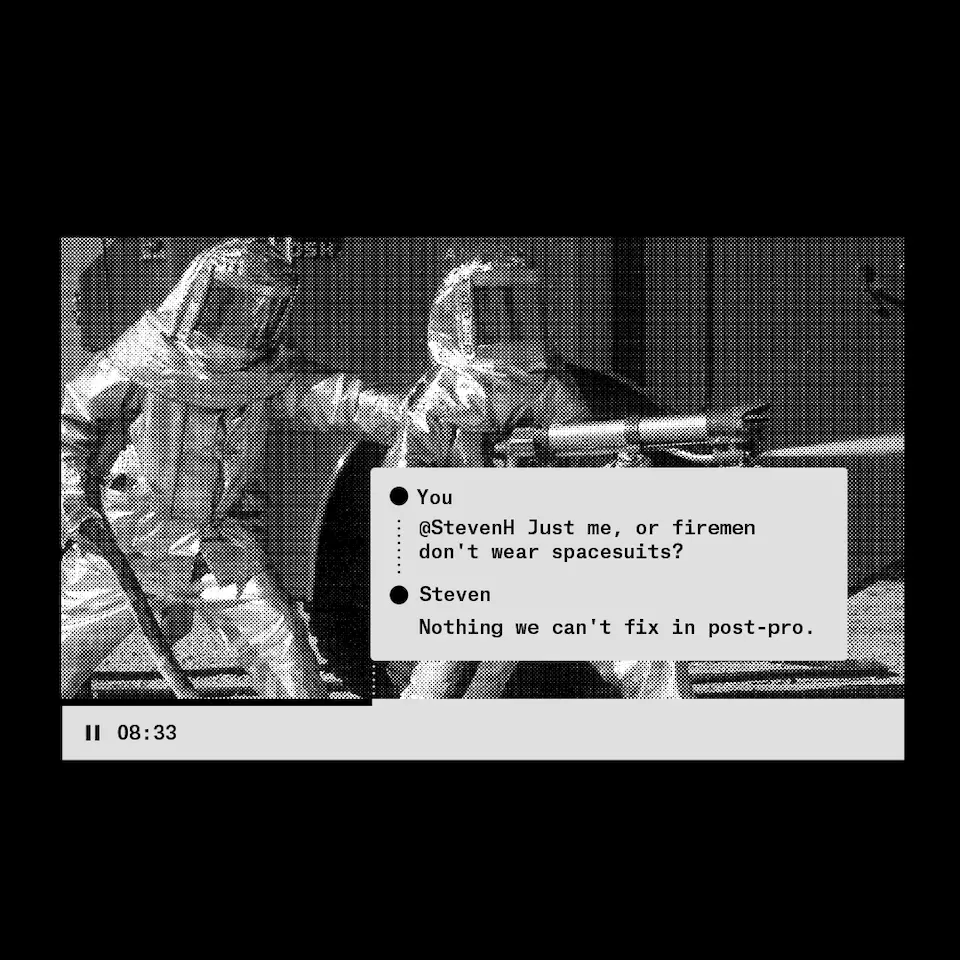
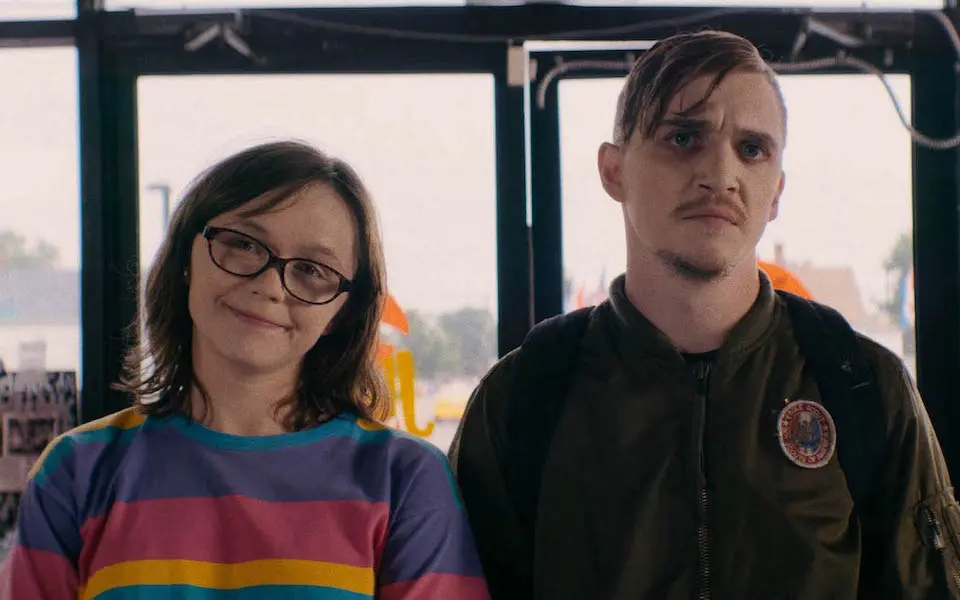
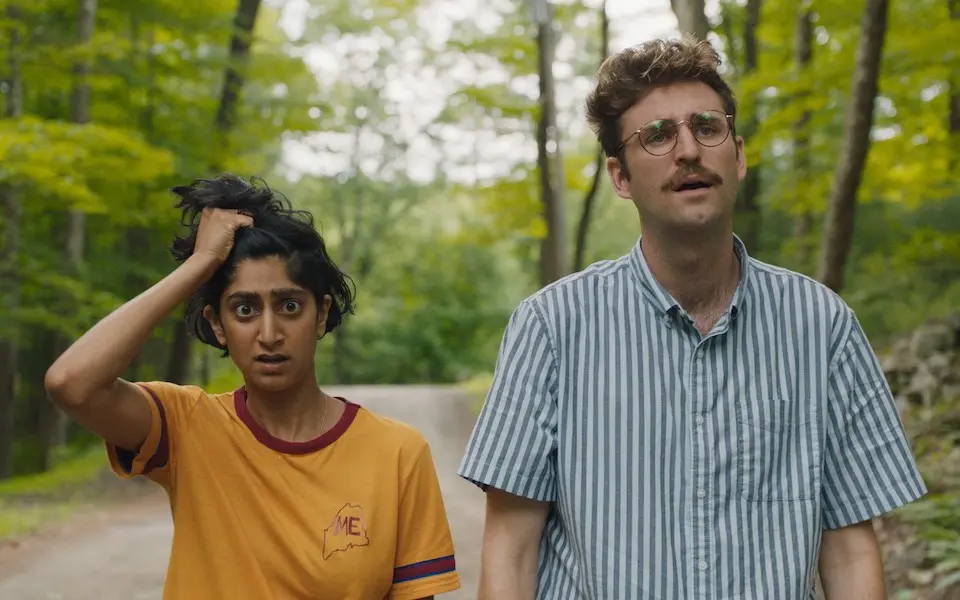
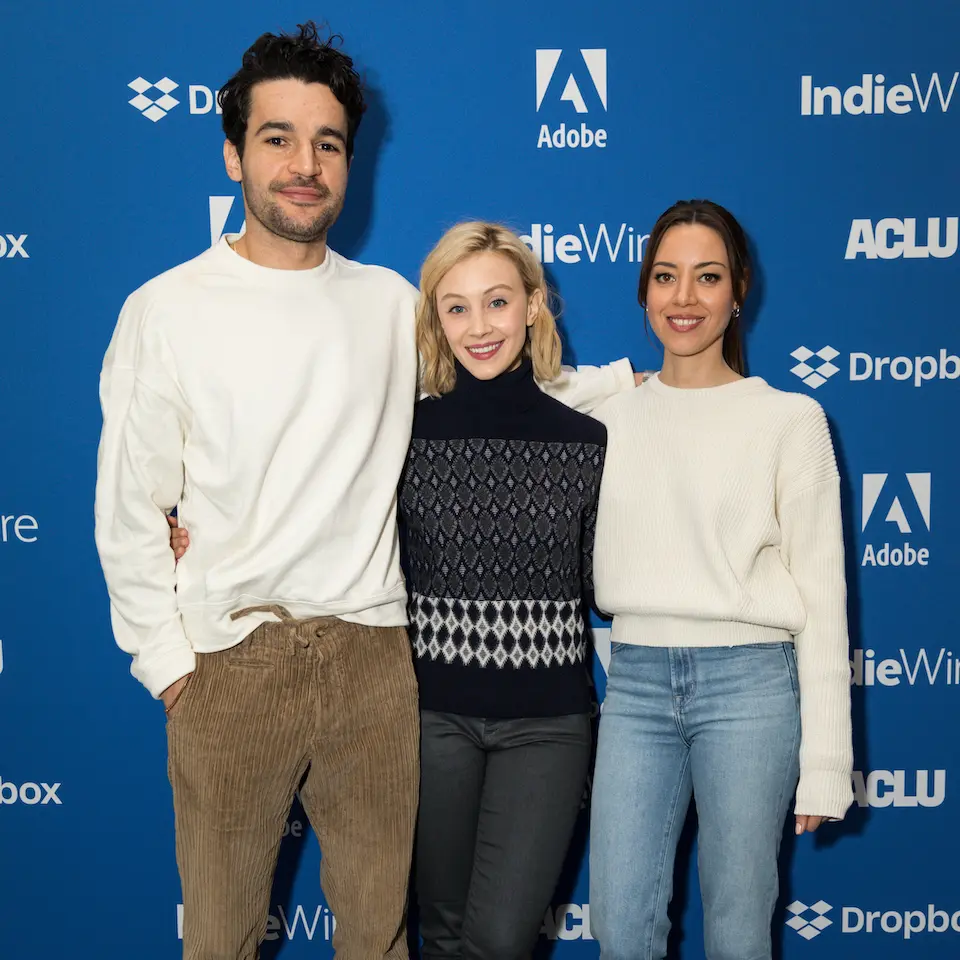
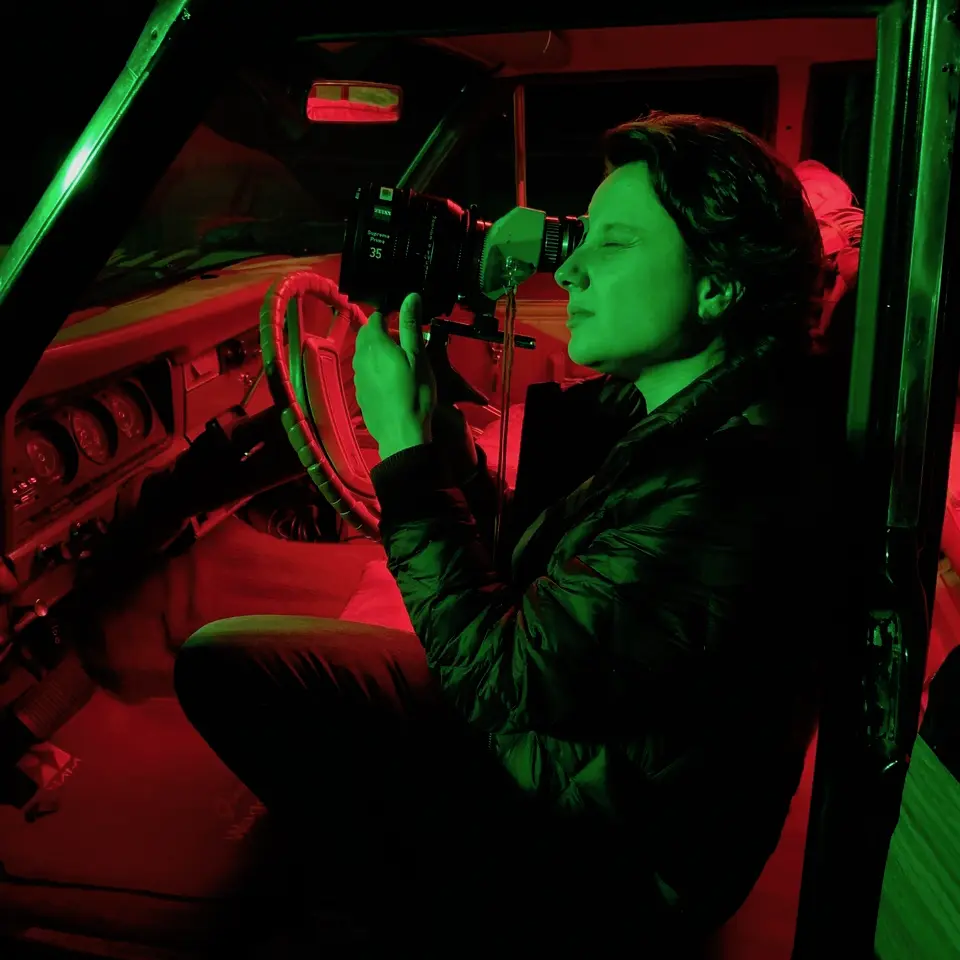
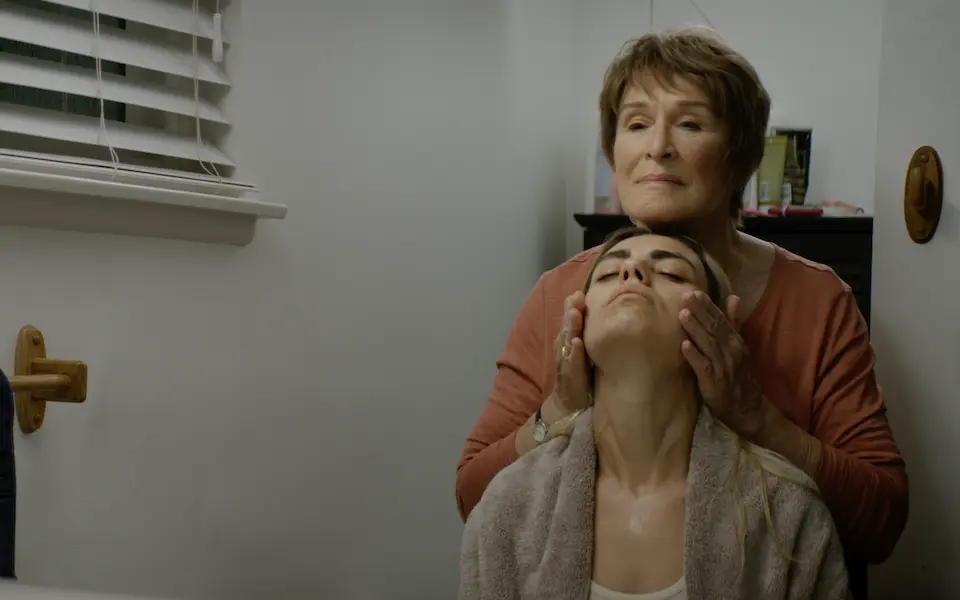
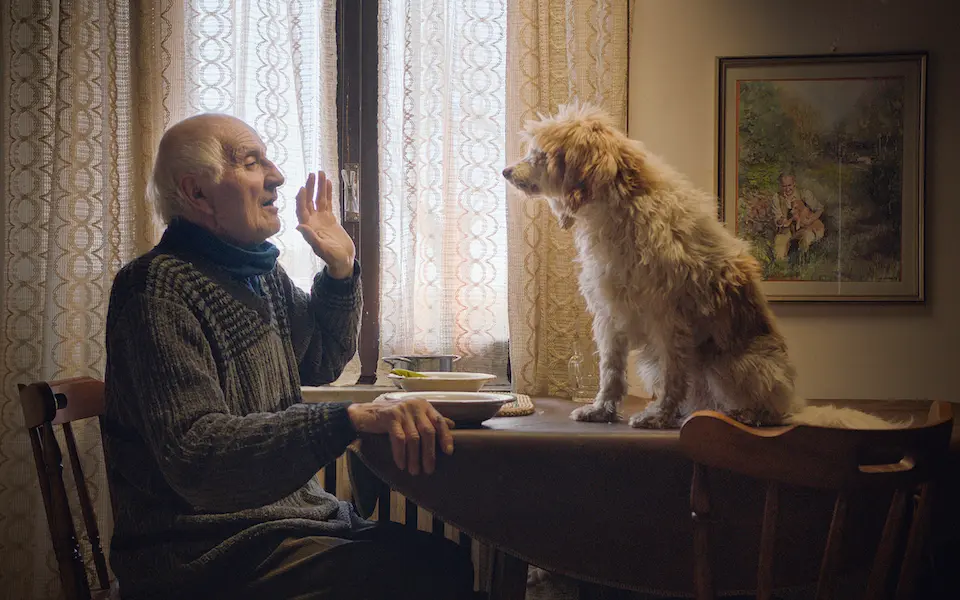
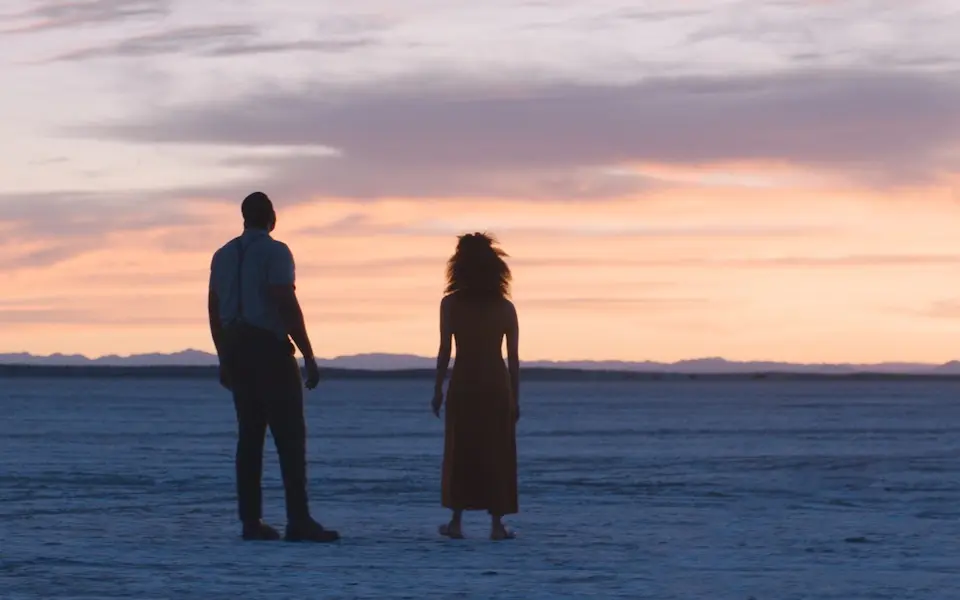
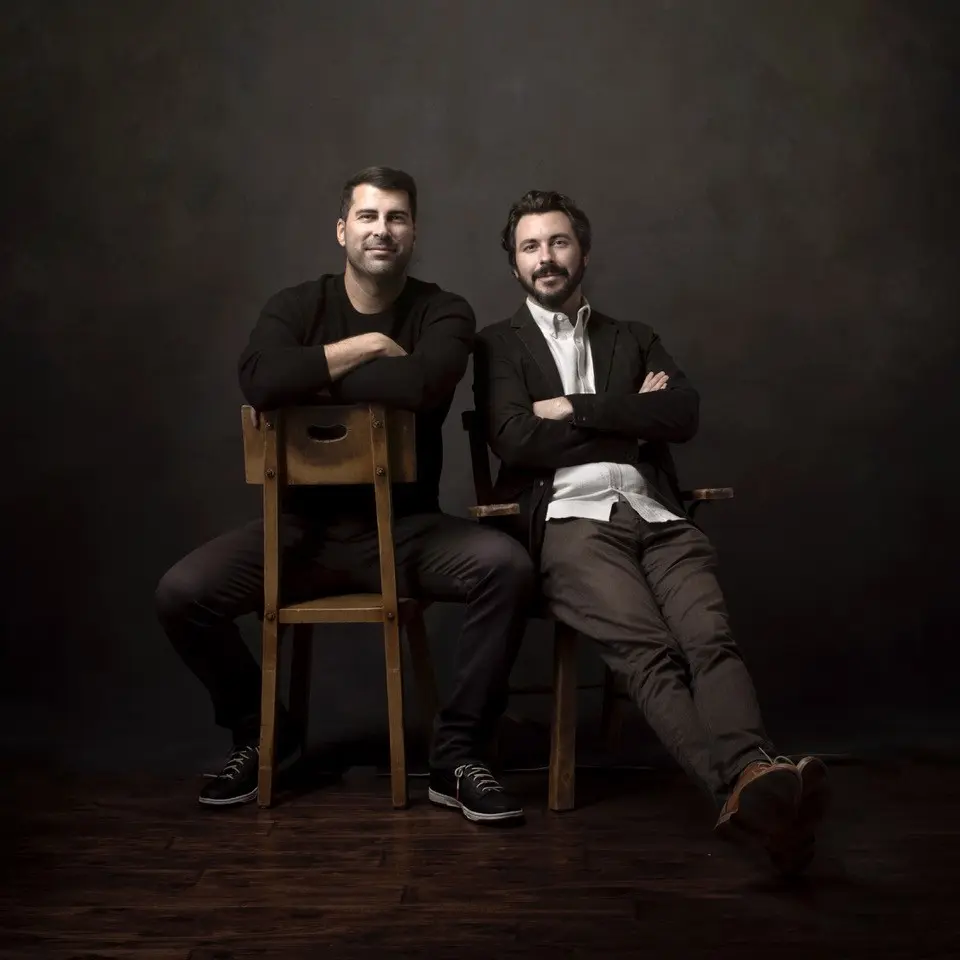


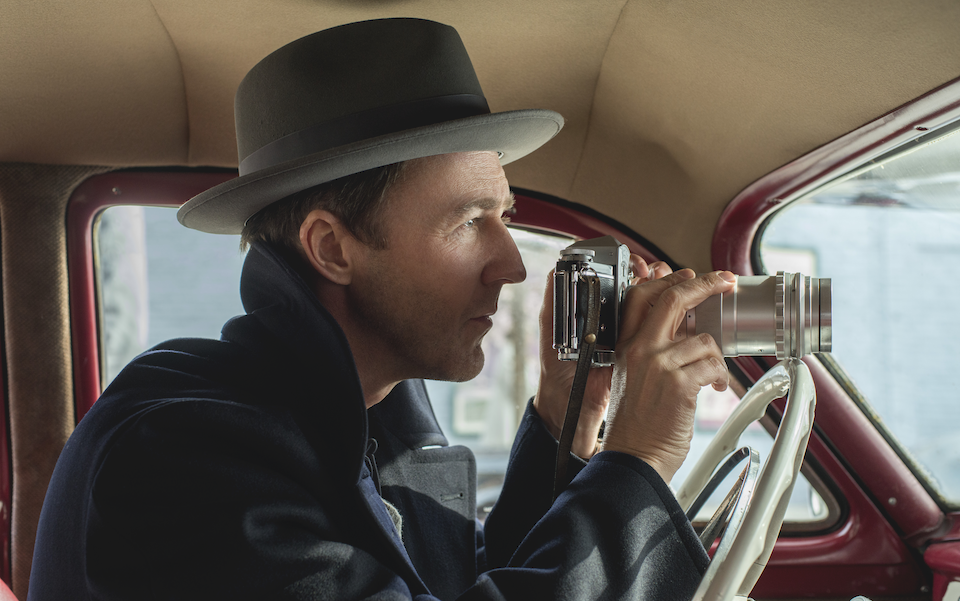
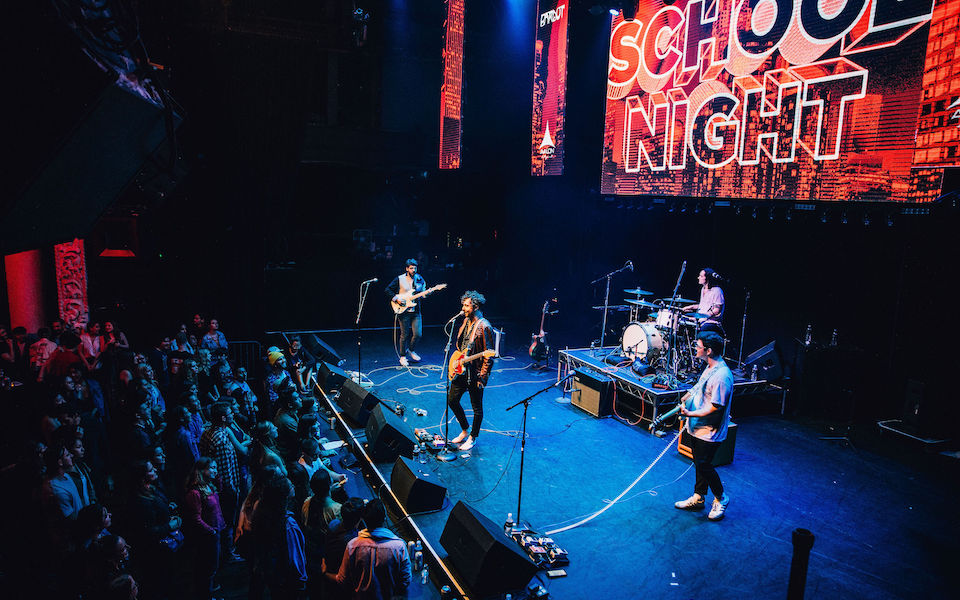
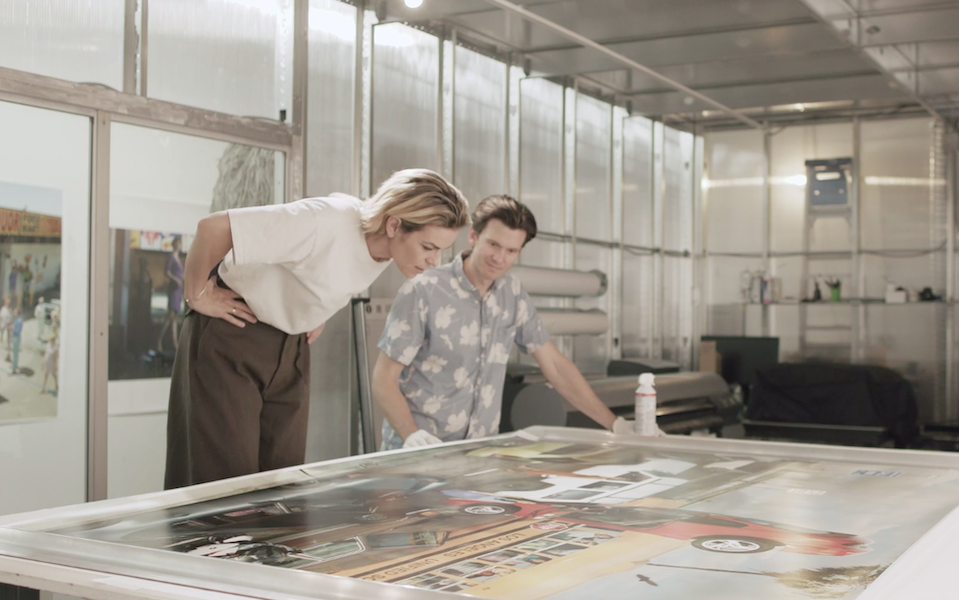





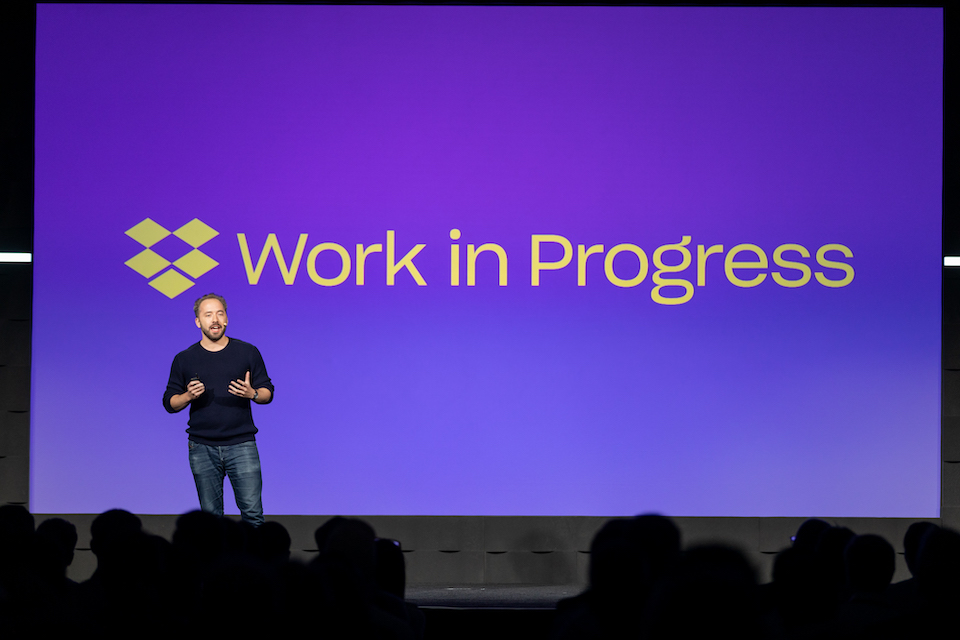



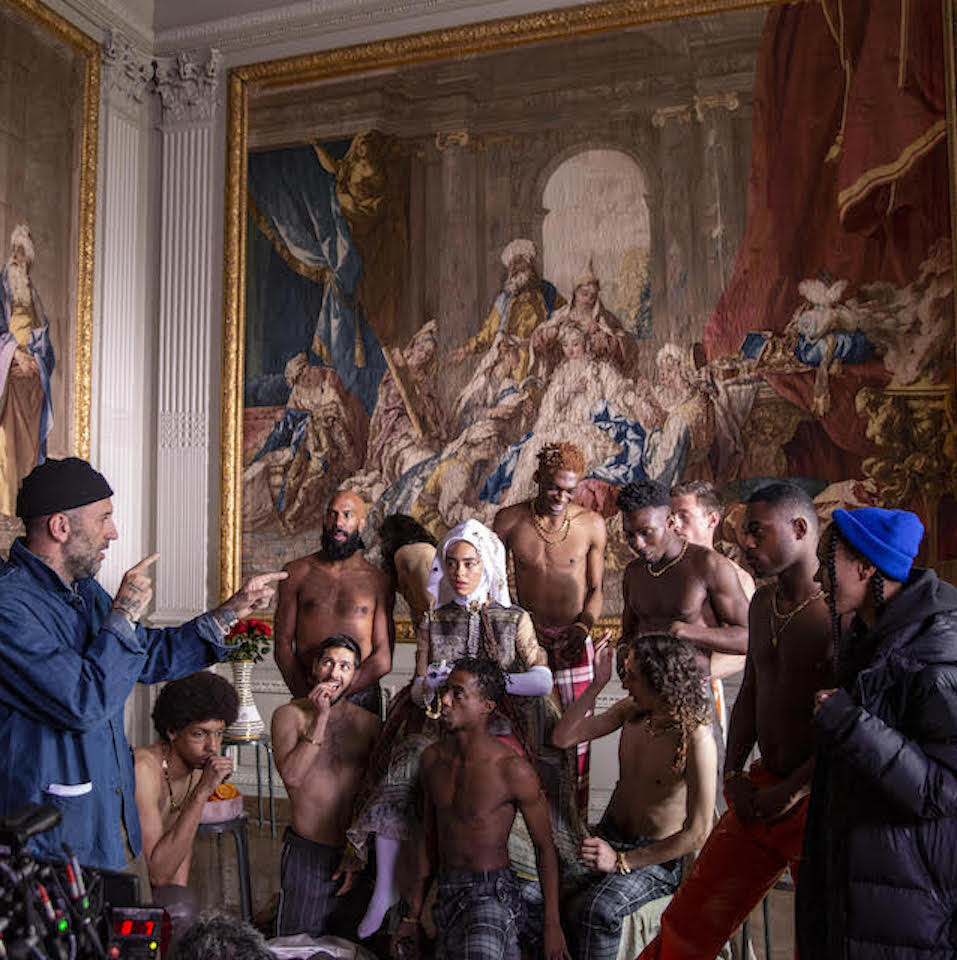

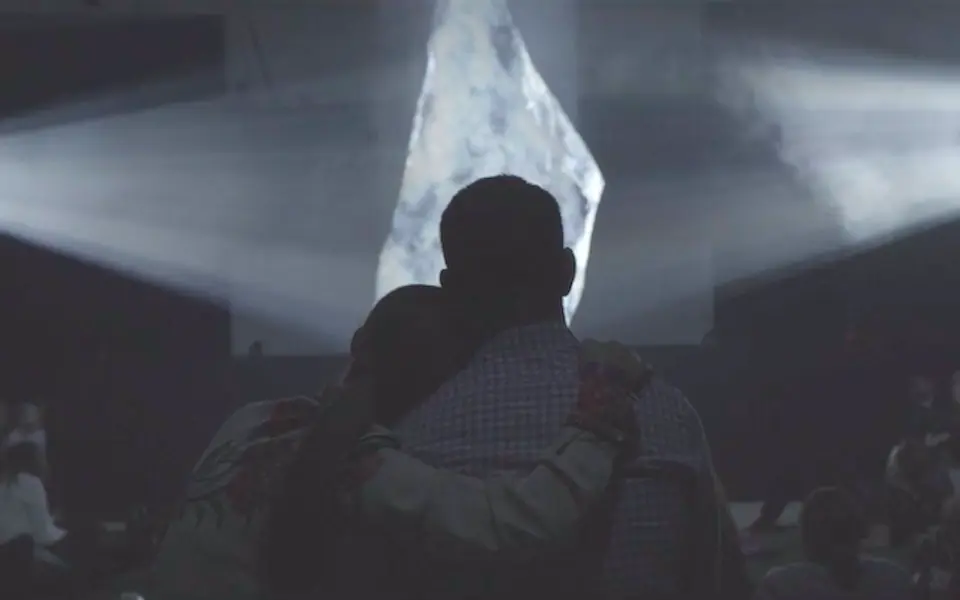
.png/_jcr_content/renditions/Karen%20O%20%2B%20Danger%20Mouse%20(photo%20by%20Eliot%20Lee%20Hazel).webp)


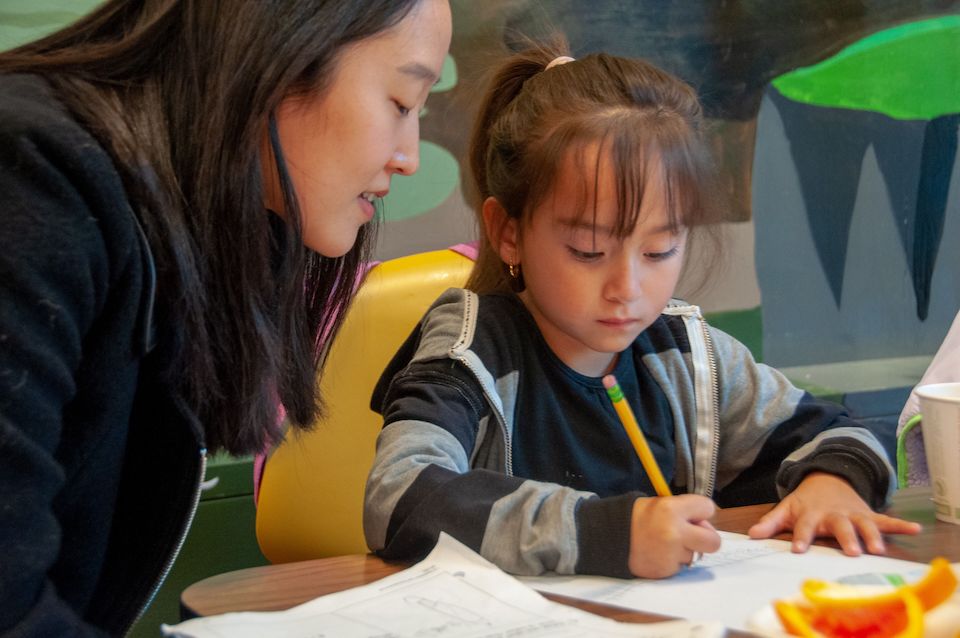

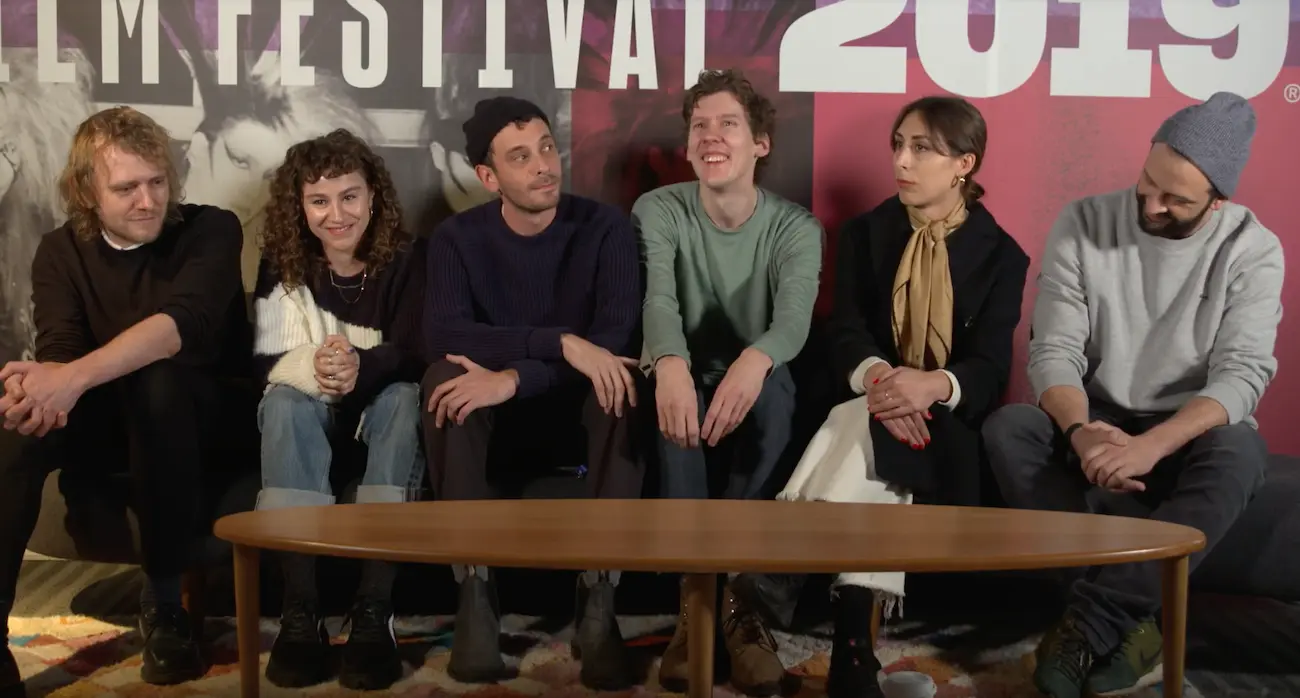
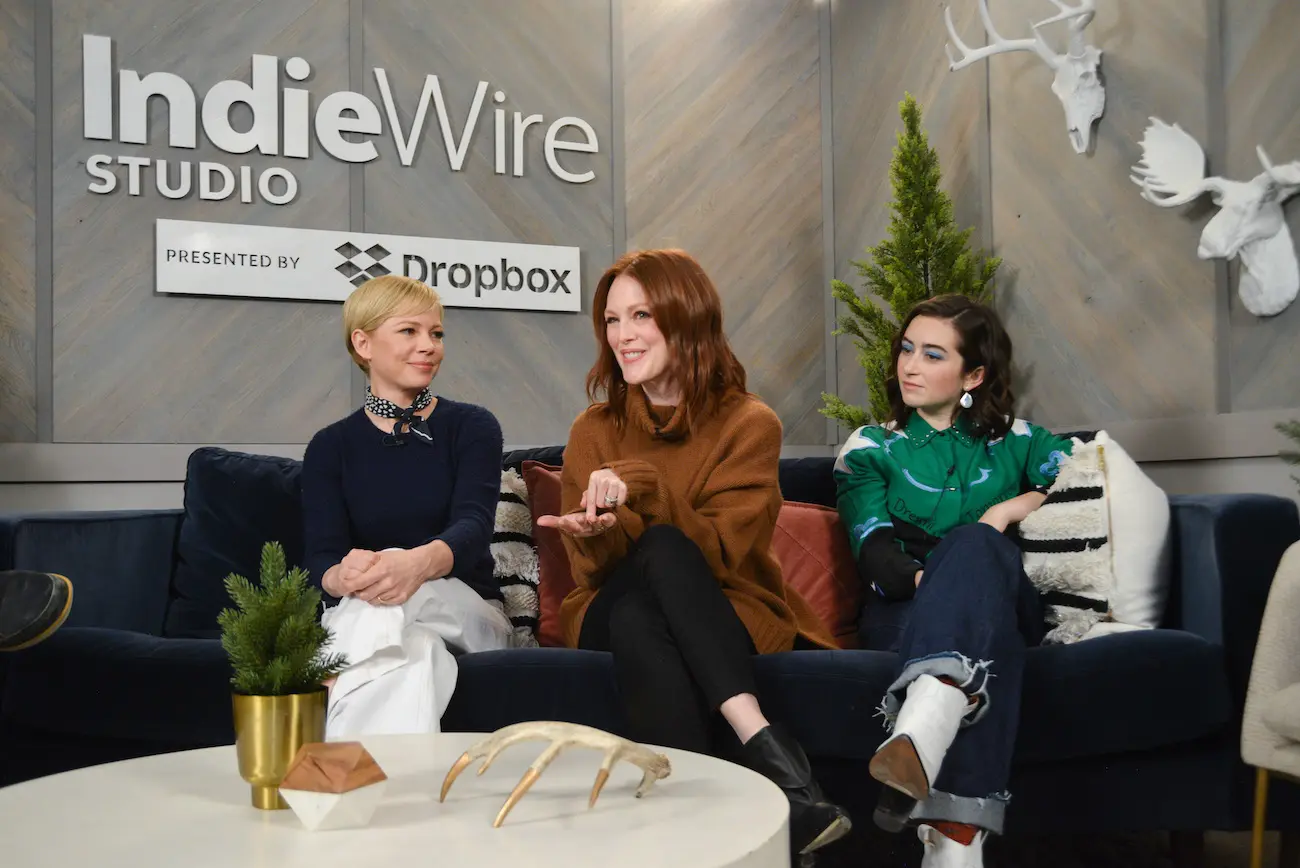
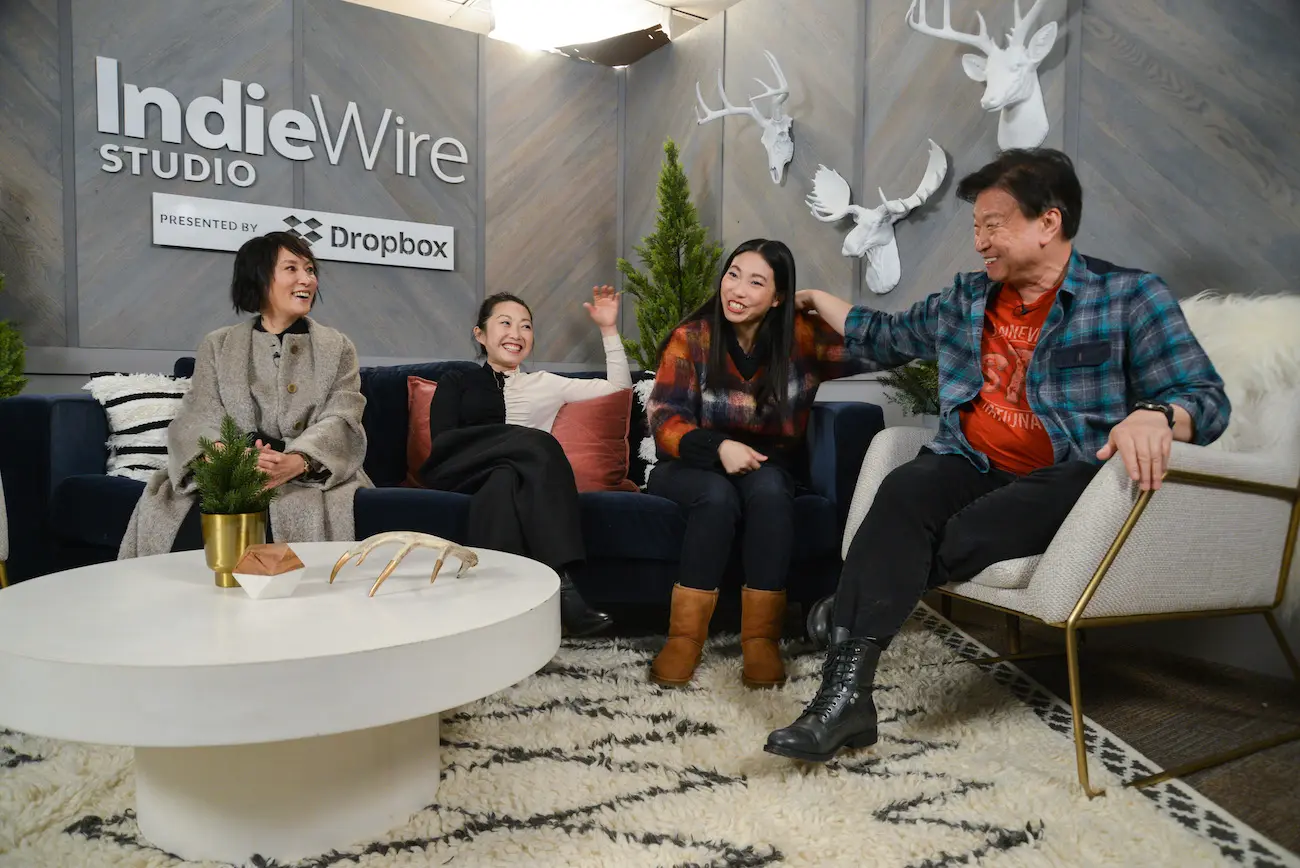
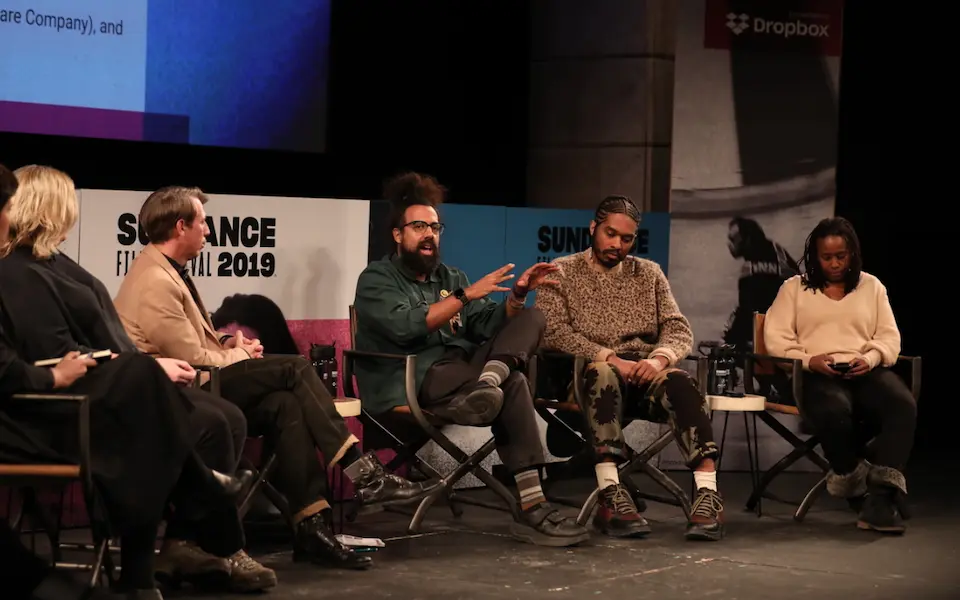
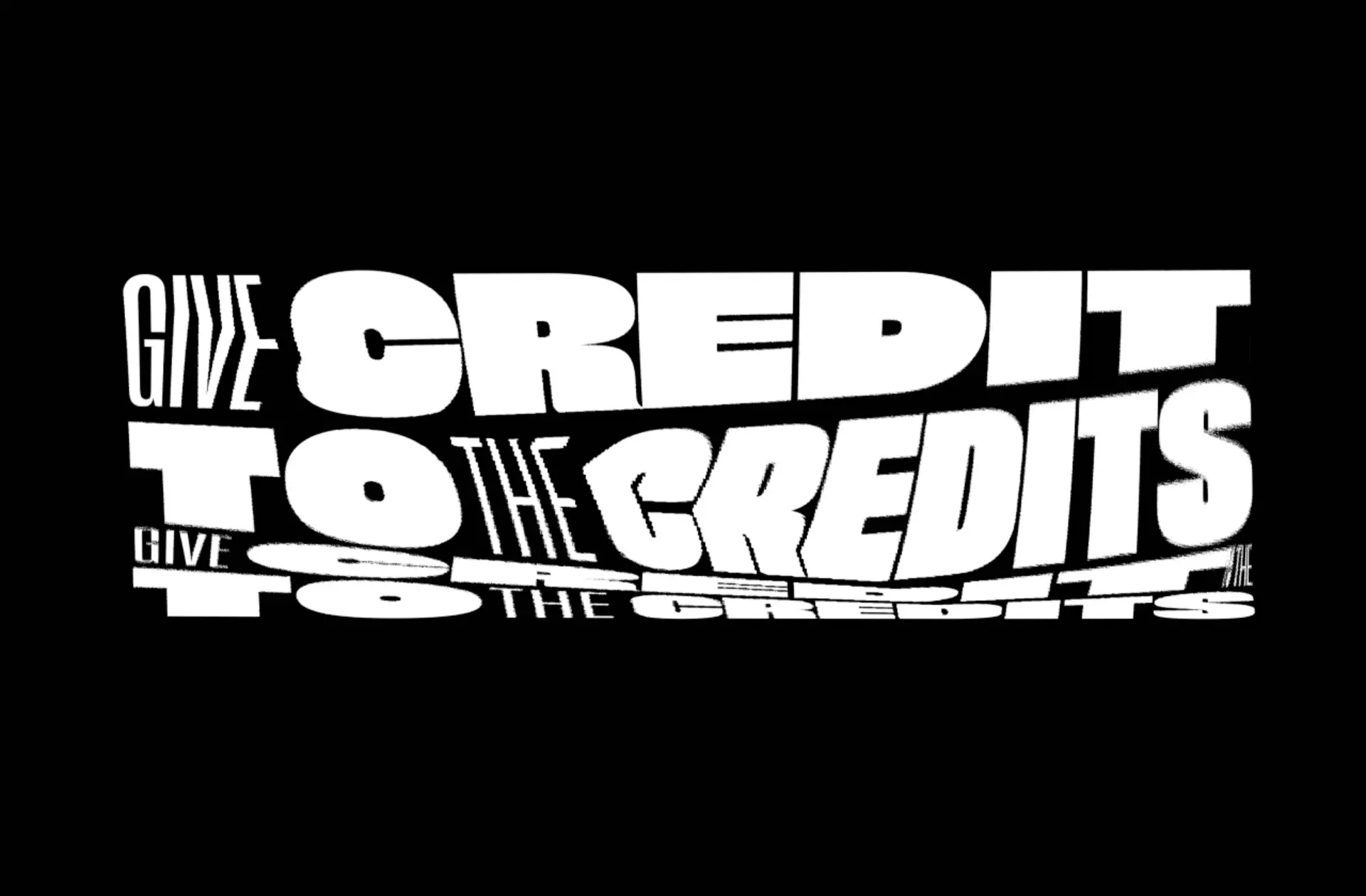
.jpg/_jcr_content/renditions/Extremely%20Wicked%20Shockingly%20Evil%20and%20Vile_Sundance19_Director%20Joe%20Berlinger%20(3).webp)
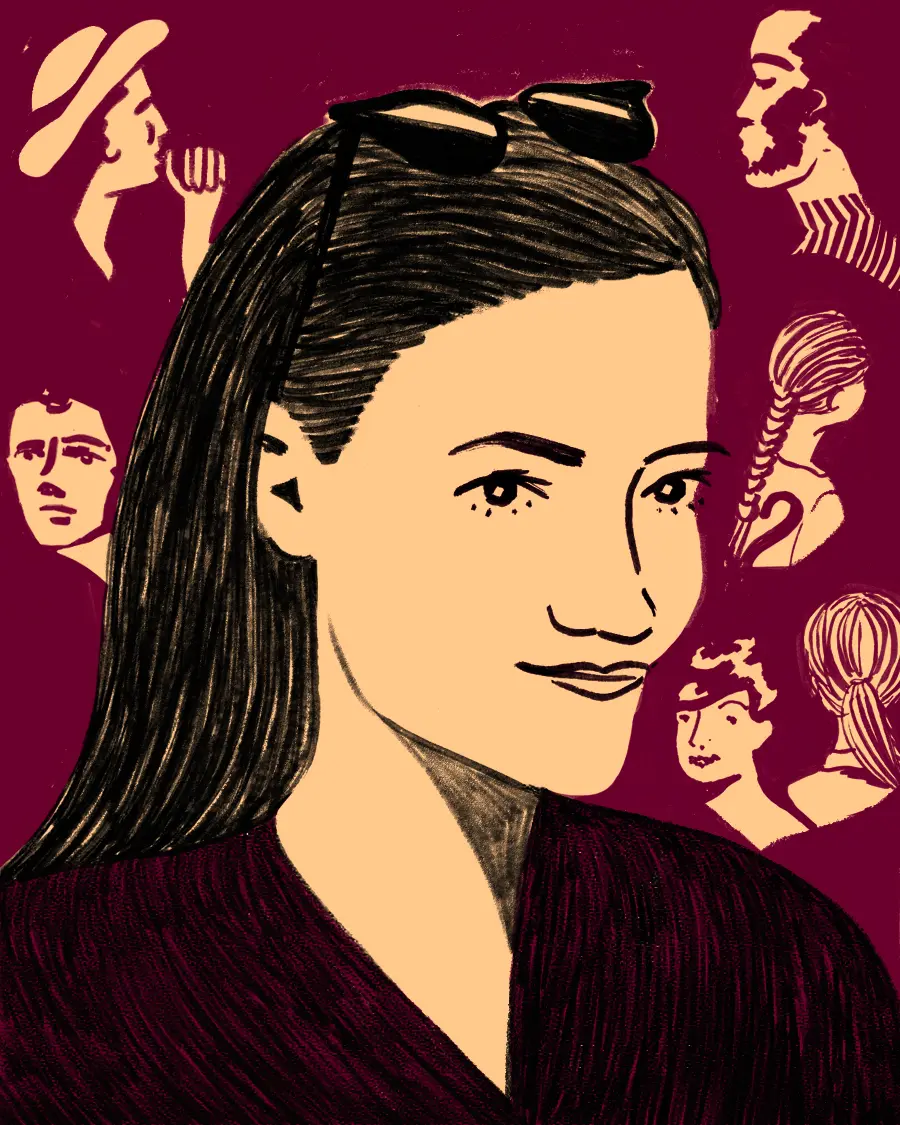
.jpg/_jcr_content/renditions/Bedlam%2014%20(1).webp)
